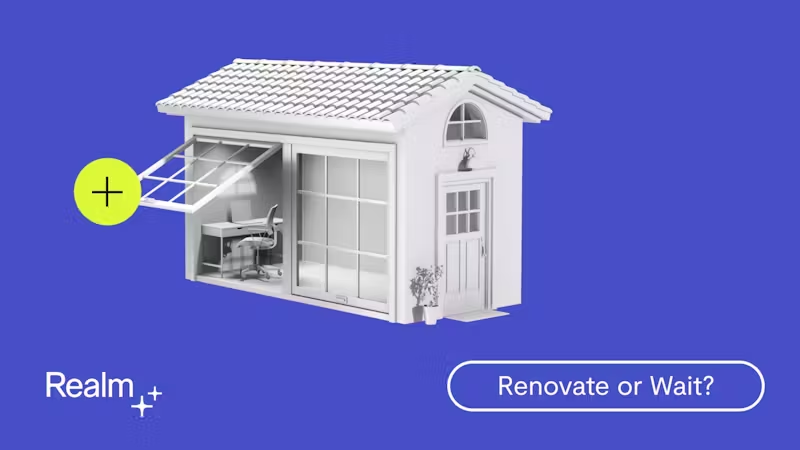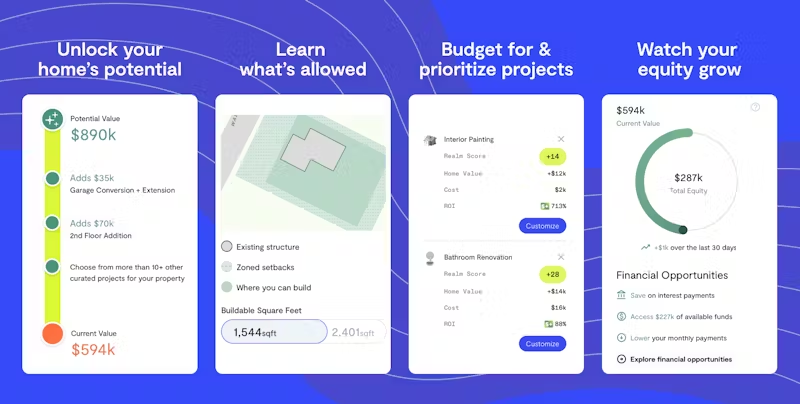How to Find the Best Kitchen Remodel Contractors
Find the best kitchen remodel contractors with tips on vetting, comparing bids, and asking the right questions for a smooth, stress-free renovation.
|
October 22, 2025

In this article:
If you’ve started searching for a contractor, you know how overwhelming it can be. You’re scrolling through websites, trying to make sense of conflicting online reviews, and wondering who you can actually trust. It can feel like a shot in the dark, but hiring the right person for your kitchen remodel shouldn't be a guessing game. You need a reliable system for cutting through the noise and identifying a true professional. We’ll walk you through exactly where to look, what questions to ask, and how to compare candidates so you can confidently choose from the best kitchen remodel contractors for your specific project and budget.
Key Takeaways
- Vet Credentials Before You Talk Price: Your first step is to confirm the non-negotiables: a valid contractor's license, full insurance, and a portfolio of kitchens similar to yours. Speaking with recent references provides the most honest look at what it’s like to work with them.
- Insist on a Detailed, Fixed-Price Contract: A verbal agreement is not enough. Your contract should be a detailed document that specifies the full scope of work, a fixed total cost, a payment schedule tied to project milestones, and a list of all materials to protect you from surprise costs.
- Evaluate Communication as Much as the Bid: The lowest price can come with hidden costs like poor communication and delays. Pay close attention to how a contractor responds to your questions and presents their bid—their professionalism now is a preview of the entire project.
Why the Right Kitchen Contractor is a Game-Changer
Choosing a kitchen contractor is one of the most critical decisions you'll make during your renovation. This isn't just about hiring someone to hang cabinets; it's about finding a partner who will manage one of the most complex and expensive projects in your home. The right professional can turn your vision into a reality, keeping the project on schedule and within budget. They act as the quarterback, coordinating everything from plumbers and electricians to painters and inspectors.
A great contractor saves you from costly mistakes, navigates the maze of permits, and ensures the final product is something you’ll love for years. On the flip side, the wrong choice can lead to endless delays, surprise costs, and shoddy workmanship that can turn your dream kitchen into a source of stress. Taking the time to find a true professional is an investment in your home and your peace of mind. With a trusted partner like one from the Realm network, you can focus on the exciting parts of the renovation, knowing the technical details are in expert hands.
How a good contractor adds value to your home
A skilled contractor does more than just build your kitchen; they enhance its value. A well-executed renovation can significantly boost your home's market price and functionality. As one expert puts it, "Remodeling your kitchen can make your home more valuable and improve how well your kitchen works." A good contractor brings a wealth of experience to the table, offering smart solutions for storage, workflow, and lighting that you might not have considered. They ensure every dollar you spend contributes to a high-quality result that not only looks beautiful but also stands the test of time. This focus on quality craftsmanship is what translates into a solid return on your investment when it’s time to sell.
Why kitchen-specific expertise is key
Kitchens are uniquely complex. They are the intersection of major home systems, and kitchen remodels often involve plumbing, electrical, and building rules. This is why hiring a licensed professional with specific kitchen experience is non-negotiable. A generalist might not understand the nuances of venting a range hood, the specific electrical load required for modern appliances, or the best way to lay out plumbing for an island sink. It’s wise to check if they have done similar kitchen projects before, especially if your design has unique features. A specialist knows the right questions to ask and the common pitfalls to avoid, ensuring your project is completed safely, up to code, and without costly do-overs.
What to Look For in a Kitchen Contractor
Choosing a kitchen contractor is one of the biggest decisions you’ll make during your remodel. This isn’t just about hiring someone to install cabinets; it’s about finding a partner who will bring your vision to life, manage a complex project, and respect your home and budget. The right pro makes the entire process smoother and ensures a high-quality result you’ll love for years. To find that perfect fit, you need to know what to look for. Here are the key qualities that separate the great contractors from the rest.
A strong portfolio of past projects
Think of a contractor's portfolio as their resume. Before you even start a conversation, take a look at their past work on their website or social media channels. Are you seeing kitchens that align with your style? Pay close attention to the details—the tile work, the cabinet installation, and the finishing touches. Look for projects that are similar in scope and layout to what you have in mind. This is the best way to gauge their quality and see if their aesthetic matches your vision. A strong portfolio shows they have the experience to deliver the kitchen you’re dreaming of, and Realm’s project planning process always starts with understanding your specific goals.
Proper licensing and insurance
This is a non-negotiable. Any contractor you consider must have the proper licensing and insurance. This includes a general contractor's license as well as proof of general liability and workers' compensation insurance. These credentials protect you from liability if an accident happens on your property during the renovation. Don’t just take their word for it—ask for copies of their license and insurance certificates. You can often verify a license online through your state's contractor board, like the California Contractors State License Board. Working with a fully licensed and insured pro gives you peace of mind and is a clear sign of their professionalism.
Rave reviews and a solid reputation
A great contractor leaves a trail of happy clients. Start by reading online reviews on sites like Google, Yelp, and Houzz to get a sense of other homeowners' experiences. While a single negative review isn’t necessarily a dealbreaker, look for patterns in the feedback. Do clients consistently praise their communication, timeliness, and craftsmanship? Beyond online reviews, ask the contractor for a list of recent references you can speak with directly. Hearing from past clients is an invaluable step. Of course, this is one of the most time-consuming parts of the process, which is why working with a platform like Realm is so helpful—we’ve already vetted every professional in our network.
Clear communication and project management
A kitchen remodel has a lot of moving parts, so clear and consistent communication is essential. During your initial conversations, notice how they interact with you. Do they listen to your ideas and answer your questions thoroughly? A good contractor should be responsive, transparent about their process, and proactive in providing updates. They are the project manager for your remodel, so you want someone who is organized and reliable. This partnership will last for weeks or even months, so it’s important to find someone you can easily talk to. Your dedicated Realm advisor helps facilitate this communication, ensuring everyone is on the same page from start to finish.
Transparent pricing and detailed bids
Your contractor’s bid should be clear, detailed, and professional. Avoid anyone who gives you a vague, one-line estimate or pressures you to agree to a verbal quote. A proper bid will break down the costs for labor, materials, permits, and any other expenses. It should also specify a fixed price for the project rather than an open-ended hourly rate, which can quickly spiral out of control. Make sure you understand exactly what is and isn’t included in the price. Getting a detailed bid not only helps you compare different contractors accurately but also prevents surprise costs down the road. This financial clarity is a core part of creating your custom project plan with Realm.
Where to Find Contractors (and How to Vet Them)
Finding the right contractor can feel like the biggest hurdle in your kitchen remodel, but it doesn't have to be a shot in the dark. The key is to have a solid process for finding and vetting candidates. Think of it like hiring for an important job—because it is! You’re looking for a partner who will bring your vision to life, respect your home, and manage the project professionally. A great contractor does more than just the construction; they communicate clearly, solve problems, and stick to the plan. By focusing on a few key areas, you can confidently sort through your options and find a pro you trust. Let's walk through exactly where to look and what to look for to ensure you hire the best person for your project.
Start with trusted platforms
Your search can start right from your couch. Online platforms are a great way to build an initial list of potential contractors. The Better Business Bureau is a reliable place to check for company ratings, read customer reviews, and see if any complaints have been filed. Of course, working with a service like Realm simplifies this step entirely. We’ve already done the heavy lifting by building a network of highly-vetted, local contractors with a proven track record. When you work with us, you get matched with professionals who are perfect for your specific project, saving you hours of research and uncertainty.
Check their references and see their work
A picture is worth a thousand words, especially when it comes to a remodel. Before you get too far in the conversation, ask to see a portfolio of their past kitchen projects. Check their website and social media for photos and look for work that aligns with your style. Don't stop there—ask for a list of recent references and actually call them. Ask past clients about their experience. Were they happy with the final result? Did the contractor communicate well, stay on budget, and finish on time? This is your chance to get an honest, behind-the-scenes look at what it’s really like to work with them.
How to read online reviews
Online reviews on sites like Google or Yelp can offer valuable insight, but it’s important to read them with a critical eye. Look for patterns. One negative review among dozens of glowing ones might just be a fluke, but if you see multiple complaints about poor communication or missed deadlines, that’s a red flag. The most helpful reviews are often the detailed ones that describe a specific experience. And don’t forget the power of word-of-mouth. Ask friends, neighbors, or coworkers for recommendations. A personal referral from someone you trust is often the most reliable review you can get.
Verify their credentials and insurance
This step is non-negotiable. A legitimate contractor will be licensed and insured, and they should be happy to provide proof. Make sure they have a general contractor’s license and that any subcontractors (like plumbers or electricians) are also properly licensed. They should also carry both general liability insurance, which covers property damage, and workers' compensation, which protects you if a worker gets injured on your property. You can typically verify a contractor's license through your state’s licensing board. Don’t just take their word for it—this protects you and your home.
Make sure they work in your area
Hiring a contractor who is local to your area is a smart move. They’ll be familiar with your city’s specific building codes and permitting processes, which can save you major headaches down the line. A local pro also has established relationships with nearby suppliers, which can be helpful for sourcing materials. Plus, you won’t have to worry about them passing on extra costs for long travel times. At Realm, we focus on building a strong vendor network in every community we serve, ensuring you’re connected with top-tier professionals who know your neighborhood inside and out.
How to Compare Your Top Contractor Candidates
You’ve done the legwork, gathered a few bids, and now you have a shortlist of promising contractors. This is where the real decision-making begins, and honestly, it can feel a little overwhelming. Comparing your top candidates isn’t just about picking the lowest price; it’s about finding the right partner for a major investment in your home. A great contractor is more than just a builder—they’re a project manager, a problem-solver, and a clear communicator who will guide you through a complex process. The right person will not only deliver a beautiful kitchen but will also make the renovation journey as smooth and stress-free as possible.
To make the best choice, you need to look beyond the bottom line and compare their estimates, timelines, material choices, and warranties side-by-side. This is also the stage where you need to trust your gut and be on the lookout for any red flags. How a contractor presents their bid and communicates with you now is a strong indicator of what it will be like to work with them for the next several months. Taking the time to carefully evaluate each candidate will save you from headaches and unexpected costs down the road. At Realm, we help homeowners through this entire process, from finding vetted pros to comparing their detailed proposals. Our dedicated advisors are here to help you analyze every detail so you can feel confident you’re making a smart decision.
Look closely at their estimates
When a contractor hands you an estimate, it should be more than just a single number on a piece of paper. A professional bid is detailed and itemized, breaking down the costs for labor, materials, permits, and any other expenses. This transparency is crucial. Be wary of anyone who gives you a vague or verbal quote. You should also ask if their price is fixed or a “cost-plus” model, where you pay for materials and labor plus a percentage. A fixed-price contract is usually safer, as it protects you from unexpected budget increases. A detailed estimate shows that the contractor has thoroughly thought through your project and is organized—exactly the kind of person you want in charge.
Compare project timelines
A beautiful new kitchen is exciting, but living in a construction zone isn’t. A reliable contractor should provide a clear and realistic project timeline. This schedule should outline key phases of the project, from demolition to final inspection, giving you a solid idea of when the work will start and, more importantly, when it will finish. Ask each candidate about their current workload to make sure they have the bandwidth for your project. You should also discuss how they handle potential delays, which can happen. A contractor who can give you a confident, well-thought-out timeline is one who knows how to manage a project effectively and respect your time.
Assess their material recommendations
The materials used in your kitchen—from the cabinets and countertops to the flooring and fixtures—will determine its look, feel, and durability for years to come. When you’re talking to contractors, ask them what brands and types of materials they typically recommend and why. This gives you insight into their standards of quality. Take the time to look up the products they suggest to see if they align with your vision and expectations. A good contractor will be able to explain the pros and cons of different options and be open to using materials you’ve picked out yourself. Their recommendations should reflect a commitment to quality, not just what’s easiest for them to source.
What kind of warranty do they offer?
A kitchen remodel is a significant investment, and you want it to last. That’s why it’s so important to ask about warranties. A reputable contractor will stand behind their work with a warranty on their labor, which covers any issues that might arise from the installation itself. Additionally, the materials they use, like appliances and cabinets, should come with their own manufacturer warranties. Make sure you get the details of all warranties in writing in your contract. This provides peace of mind and protects you if something goes wrong after the final check is written. It’s a key part of why working with vetted professionals is so important for a successful project.
Watch out for these red flags
While you’re interviewing contractors, trust your instincts. If something feels off, it probably is. Be on the lookout for some common red flags. Poor communication is a big one—if they’re slow to respond to your calls or emails now, imagine what it will be like once they have your deposit. Another warning sign is an unusually low bid that’s significantly cheaper than the others; this could mean they’re cutting corners or will hit you with hidden fees later. High-pressure sales tactics are also a bad sign. A true professional will give you the space and information you need to make a thoughtful decision without rushing you into a contract.
Breaking Down the Contract and Costs
Once you’ve narrowed down your list to a few top contenders, the conversation turns to numbers and paperwork. This is where the details really matter. A clear, comprehensive contract is your best tool for ensuring the project goes smoothly and stays on budget. It protects both you and the contractor by setting clear expectations from the start. Let’s walk through the key financial and contractual elements you need to understand before you sign on the dotted line.
How contractor fees work
When you receive a bid, one of the first things to understand is how the contractor is charging you. Most reputable contractors will provide a fixed-price contract, which means you agree on one total cost for the entire scope of work described. This is the ideal scenario, as it locks in your price. The alternative is a "cost-plus" model, where the contractor charges you for the actual cost of labor and materials plus a percentage on top for their profit. While sometimes necessary for complex projects with many unknowns, this structure can make it difficult to stick to a budget and can lead to surprise costs. Always push for a fixed price to maintain financial control.
Factor in material costs
The materials you choose—from cabinets and countertops to flooring and fixtures—are a huge part of your kitchen remodel budget. Custom-built cabinets, for example, will cost significantly more than semi-custom or stock options. A great contractor will walk you through these choices, explaining the price and quality differences to help you find the best fit for your vision and wallet. Be upfront about your budget so they can recommend materials that align with it. This is also where you can get creative, perhaps splurging on a statement backsplash while choosing more budget-friendly flooring to balance things out.
Avoid these hidden costs
A good estimate should be thorough, but it’s smart to ask about potential costs that aren’t explicitly listed. Ask who is responsible for securing and paying for necessary building permits. Discuss how unforeseen issues, like discovering old plumbing or electrical problems behind a wall, will be handled. These situations are why most experts recommend setting aside a contingency fund of 10% to 20% of your total project cost. This financial cushion ensures that a surprise discovery doesn’t derail your entire project. A transparent contractor will be happy to discuss these possibilities with you ahead of time.
Understand the payment schedule
Your contract should clearly outline a payment schedule. Never pay for the entire project upfront. A typical structure involves a reasonable down payment (in California, for example, it’s legally limited to 10% of the project cost or $1,000, whichever is less), followed by several progress payments. These payments should be tied to the completion of specific milestones, like “demolition complete” or “cabinets installed,” not arbitrary dates. The final payment should only be made after you’ve done a final walk-through and are completely satisfied that all work outlined in the contract has been completed to your satisfaction.
Key things to look for in the contract
The contract is your project’s blueprint. Before you sign, read it carefully to ensure it includes everything you’ve discussed. It should contain a detailed scope of work, a list of all materials and brand names, a fixed price for the project, the payment schedule, and projected start and completion dates. It should also detail the process for handling "change orders"—official amendments to the contract for any changes or additions you decide on mid-project. If something you talked about isn’t in the contract, it doesn’t exist. Don’t be afraid to ask for clarification or revisions until you feel 100% comfortable.
Key Questions to Ask Before You Hire
You’ve narrowed down your list of potential contractors, checked their portfolios, and read their reviews. Now it’s time for the final step before you sign on the dotted line: the interview. This isn’t just about getting a final price; it’s about finding a true partner for your project. The right questions will reveal a contractor’s experience, work style, and communication habits, helping you feel confident in your choice.
Think of this as a conversation to see if you’re a good fit for each other. A great contractor will welcome your questions and provide clear, thoughtful answers. Vague responses or a dismissive attitude are major red flags. You’re about to trust someone with one of the most important spaces in your home, so it’s essential to get a complete picture of how they operate. At Realm, we help you through this process by connecting you with vetted professionals who are used to these conversations, but knowing what to ask is still your best tool for making a smart decision.
Ask about their experience with projects like yours
It’s one thing for a contractor to have a beautiful portfolio, but it’s another for them to have specific experience with a kitchen like yours. If you’re planning to keep your existing layout but update everything else, ask if they’ve completed similar "pull-and-replace" remodels. If you’re knocking down a wall, ask to see examples of projects where they’ve handled structural changes. Don’t be shy about asking for photos of their past work that reflect the scope and style you’re aiming for. This helps you confirm they have the technical skills and design sensibility to bring your vision to life, not just create a kitchen that looks good in their portfolio.
Ask about the project timeline
A clear and realistic timeline is crucial for keeping your project on track and your stress levels down. Ask for a detailed schedule that outlines each phase of the project, from demolition and plumbing rough-ins to cabinet installation and the final walk-through. A professional contractor should be able to provide a start date and an estimated completion date. It’s also smart to ask how they handle unexpected delays, whether they’re caused by supply chain issues or unforeseen problems behind the walls. Their answer will tell you a lot about their problem-solving skills and how they communicate when things don’t go exactly as planned.
Ask about costs and payment terms
Getting a detailed breakdown of costs is non-negotiable. Ask for a fixed-price contract rather than a "cost-plus" estimate, which can easily spiral out of control. A fixed price means you agree on a total cost for the project as outlined in the scope of work. You should also clarify the payment schedule. Typically, you’ll pay a deposit to start, followed by progress payments at key milestones (like after demolition or when cabinets are installed), with a final payment due upon completion. Never agree to pay for the entire project upfront. Understanding the payment terms helps you manage your budget and ensures the contractor is motivated to complete each phase to your satisfaction.
Ask how they manage the project
Knowing who will be in your home every day is just as important as knowing who you’re hiring. Ask about their team structure and who your main point of contact will be. Will there be a dedicated project manager on-site daily, or will the lead contractor just check in periodically? Find out how they manage their subcontractors and ensure everyone is on the same page. A well-managed project runs smoothly, stays on schedule, and results in higher-quality work. This conversation helps set expectations for the day-to-day logistics and ensures there’s a clear line of communication and accountability throughout the renovation.
Ask how you'll communicate
Strong communication can make or break a renovation experience. Before you hire anyone, establish how you’ll stay in touch. Do they prefer daily texts, weekly emails, or scheduled phone calls? Is there a project management app they use to provide updates? A good contractor will be proactive with their communication and responsive to your questions. This is also a great time to gauge their listening skills. They should be just as interested in hearing your ideas as they are in explaining their process. Having a dedicated Realm Advisor can streamline this, but you still want to ensure you have a direct and open line of communication with your contractor.
How to Kick Off Your Project Smoothly
You’ve done the research, checked the references, and picked your contractor. Congratulations! That’s a huge step. Now, it’s time to set your project up for success. A strong start is all about clear communication and shared understanding. Taking the time to align on expectations, timelines, and processes before the first hammer swings will prevent misunderstandings and stress down the road. Think of this as building the foundation for a great working relationship with your contractor, ensuring your kitchen renovation goes as smoothly as possible from the first day to the final reveal.
Set clear expectations from day one
The best contractor-client relationships are built on great communication. From your very first conversation, your contractor should be transparent about how they work, listen carefully to your vision, and ask thoughtful questions to make sure they understand your goals. A professional will be responsive, returning your calls and emails promptly and following through on their promises. This initial back-and-forth sets the tone for the entire project. If communication feels strained or unclear from the beginning, it’s unlikely to improve once demolition starts. A clear process, like the one outlined in Realm's how it works guide, ensures everyone is on the same page.
Get everything in writing
A verbal agreement isn’t enough to protect you or your investment. Before any work begins, you need two key documents: a detailed estimate and a formal contract. The estimate should break down all the costs, and it’s best to get a fixed price rather than a variable one, which can leave you vulnerable to surprise costs for labor and materials. The contract should outline the full scope of work, the payment schedule, the project timeline, and the materials to be used. This document is your single source of truth and will be your reference point if any questions or disputes arise during the renovation.
How to handle the project timeline
"When will it be done?" is one of the biggest questions in any renovation. A reputable contractor will provide a clear and realistic timeline for project completion. This schedule helps you manage your expectations and plan your life around the construction. A detailed timeline shows that your contractor has thought through every phase of the project, from demolition to installation. It also serves as a benchmark to track progress. Having a dedicated advisor, which is a core part of the Realm experience, can be incredibly helpful for making sure your project stays on schedule and for handling any hiccups along the way.
What happens if plans change?
Even with the best planning, surprises can happen. You might decide you want different countertops mid-project, or the contractor might uncover unexpected plumbing issues behind a wall. It’s essential to discuss how changes and potential extra costs will be handled before the project starts. Ask your contractor about their process for "change orders," which are written amendments to the original contract. You should also clarify who is responsible for securing necessary permits and how unforeseen issues will be communicated to you. A proactive conversation now will make it much easier to manage any curveballs later.
Plan for the final walk-through
As your project nears completion, it’s time to prepare for the final inspection. This is often called the "final walk-through" or "punch list" phase. Before the crew packs up, you and your contractor will walk through the kitchen together to identify any details that need to be fixed or finished. This could be anything from a paint touch-up to a crooked cabinet handle. Ask your contractor who will be overseeing the final stages of work and who will join you for this walk-through. Don’t make your final payment until you are completely satisfied and all the items on your punch list have been addressed.
Frequently Asked Questions
Is it a bad idea to just go with the cheapest contractor? While it’s tempting to go with the lowest bid, it’s rarely the best decision for a project as important as your kitchen. An unusually low price can be a red flag for several reasons, including lower-quality materials, less experienced labor, or a contractor who plans to add unexpected fees later on. Think of this as an investment in your home. The right contractor’s value comes from their expertise, reliability, and the peace of mind that the job will be done correctly the first time.
What's a reasonable down payment, and when should I make the final payment? You should never pay for a full renovation upfront. A standard, professional payment schedule starts with a reasonable down payment to secure your spot and cover initial materials. In some states, like California, this amount is legally capped. After that, you’ll make progress payments as the contractor completes specific, predetermined milestones, like finishing demolition or installing cabinets. The final payment should only be made after you’ve completed a final walk-through and are completely satisfied that every last detail is perfect.
What happens if I disagree with my contractor about something mid-project? Clear communication is the best way to handle any disagreements. The first step is to have a calm, direct conversation with your contractor and refer back to your signed contract, which should be the single source of truth for the project's scope. If you want to make a change to the original plan, this is handled through a "change order," a written amendment that details the new work and any associated costs. This process ensures everyone is on the same page and there are no surprises.
How much involvement is expected from me once the renovation starts? Once the work begins, your primary role is to be the decision-maker and a clear communicator. You don’t need to be on-site every day, but you should be available to answer questions and attend scheduled check-ins to review progress. A great contractor will manage the day-to-day logistics, coordinate subcontractors, and keep you informed. Your job is to provide timely feedback and make decisions on things like paint colors or fixture placements so the project can keep moving forward smoothly.
Do I really need to call references if the contractor has great online reviews? Yes, absolutely. Online reviews are a great starting point, but they don't always tell the whole story. Speaking directly with a past client allows you to ask specific questions about your own concerns. You can learn how the contractor handled unexpected problems, what their communication style was really like, and whether they respected the client's home and budget. This conversation gives you a level of insight and nuance that you simply can't get from a star rating.






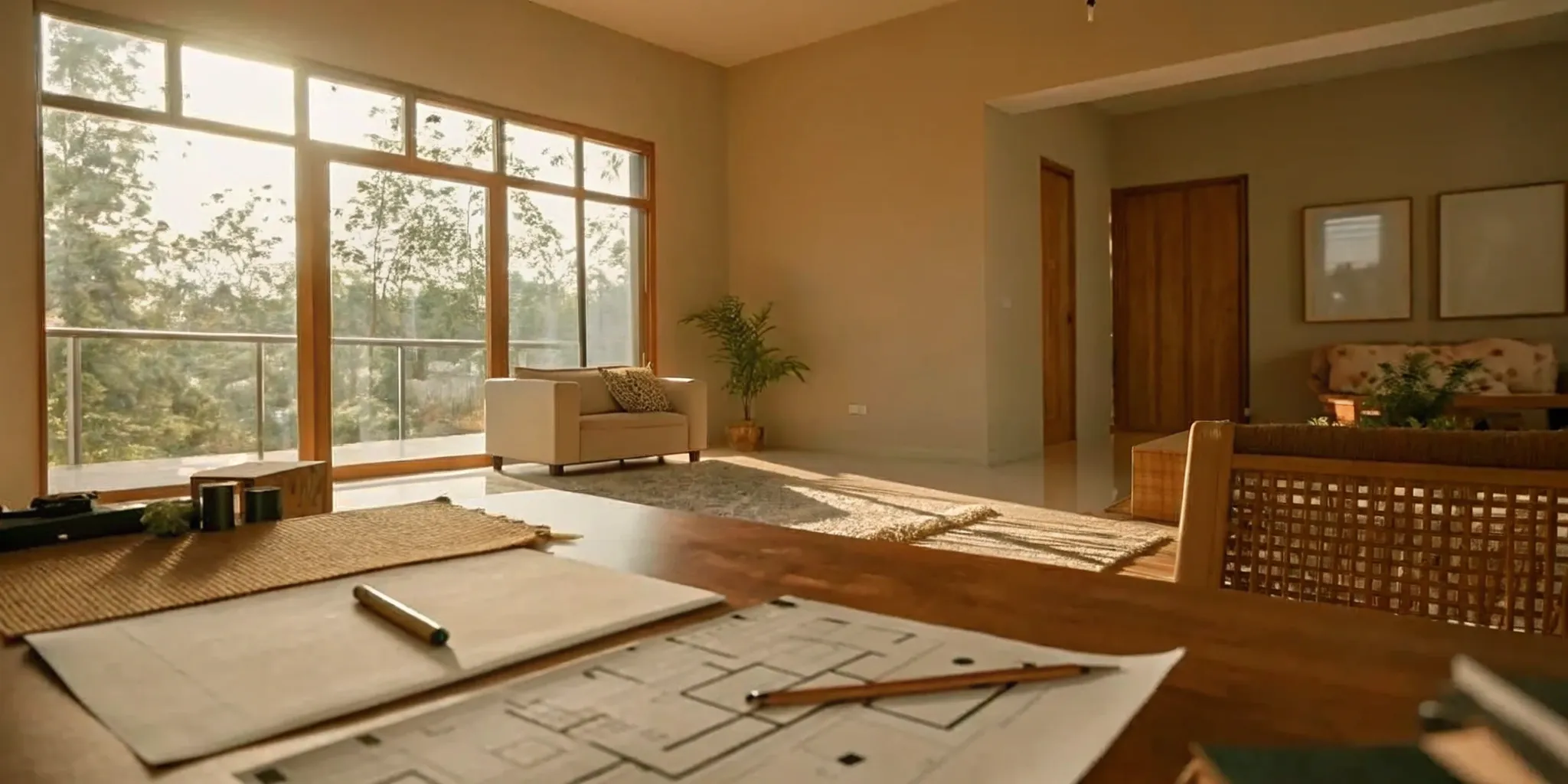
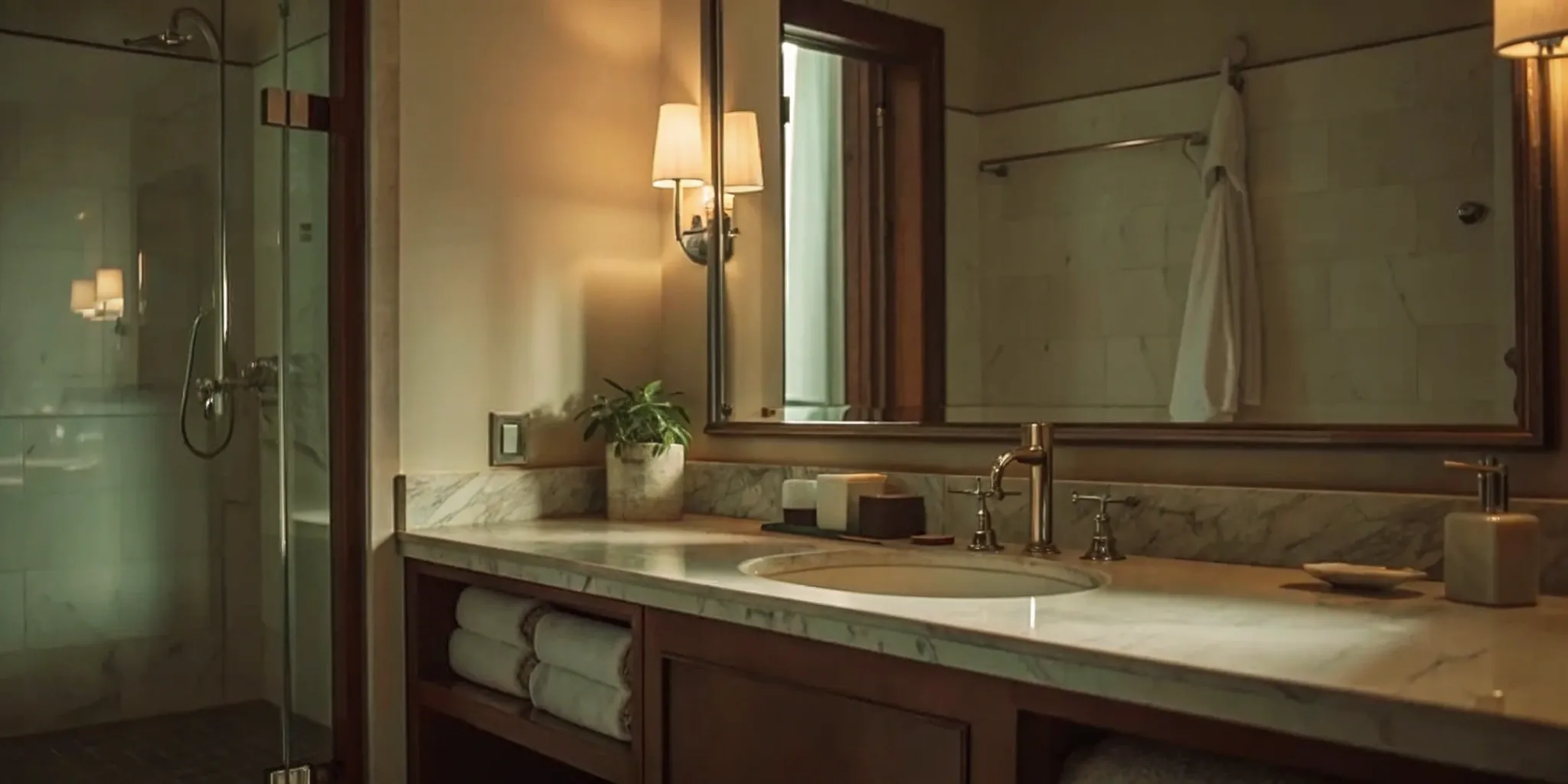

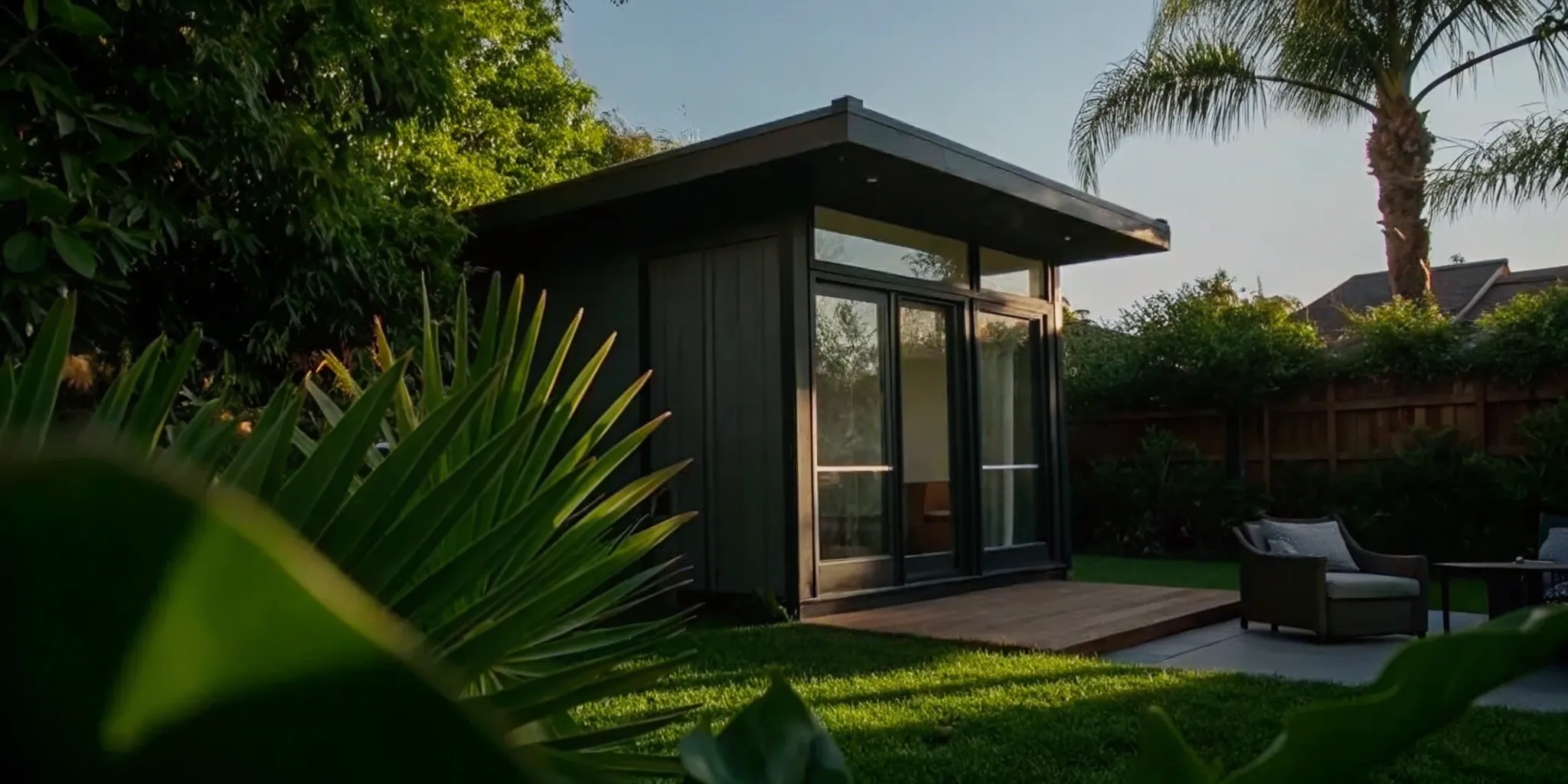

.png)
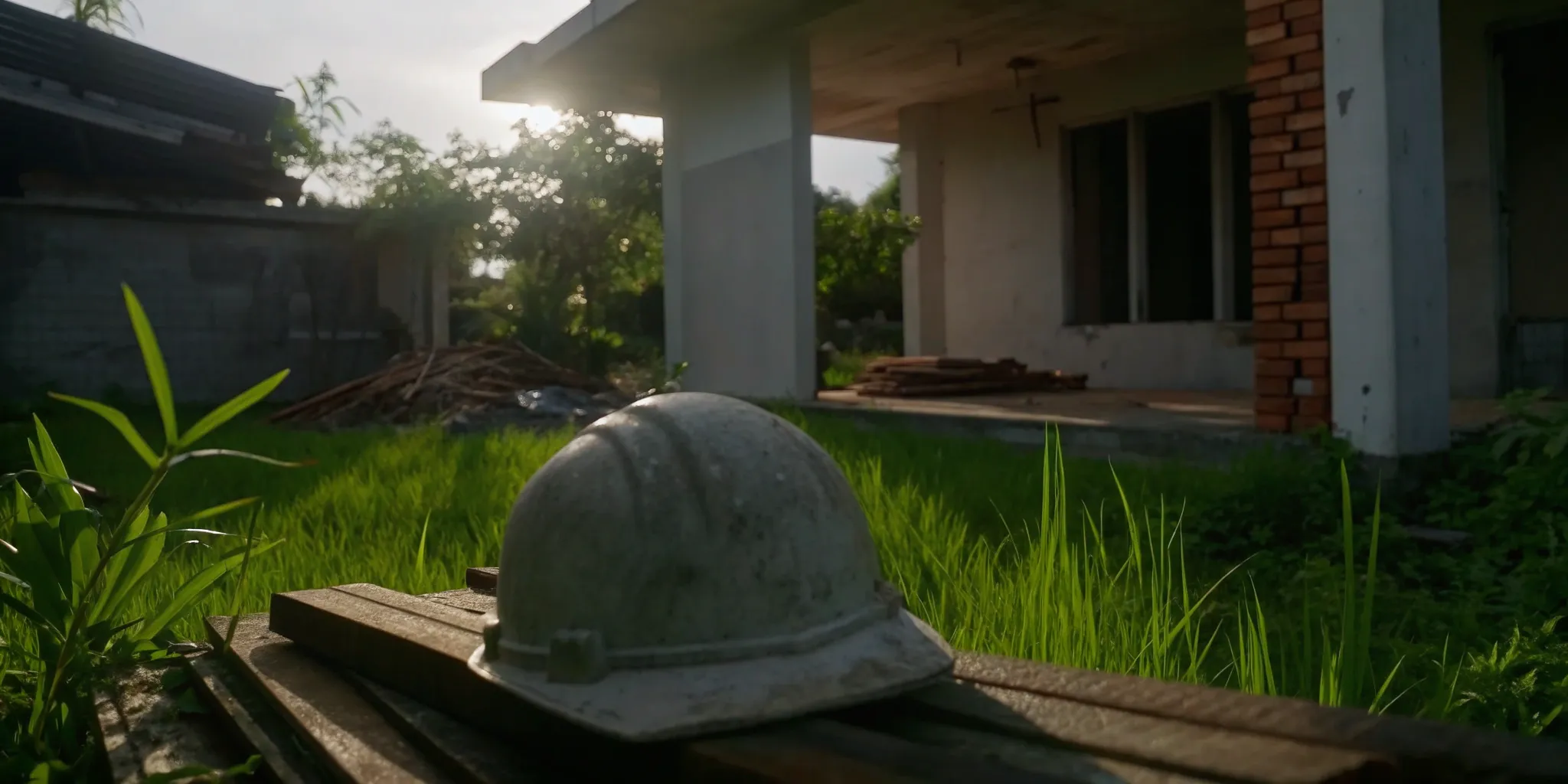
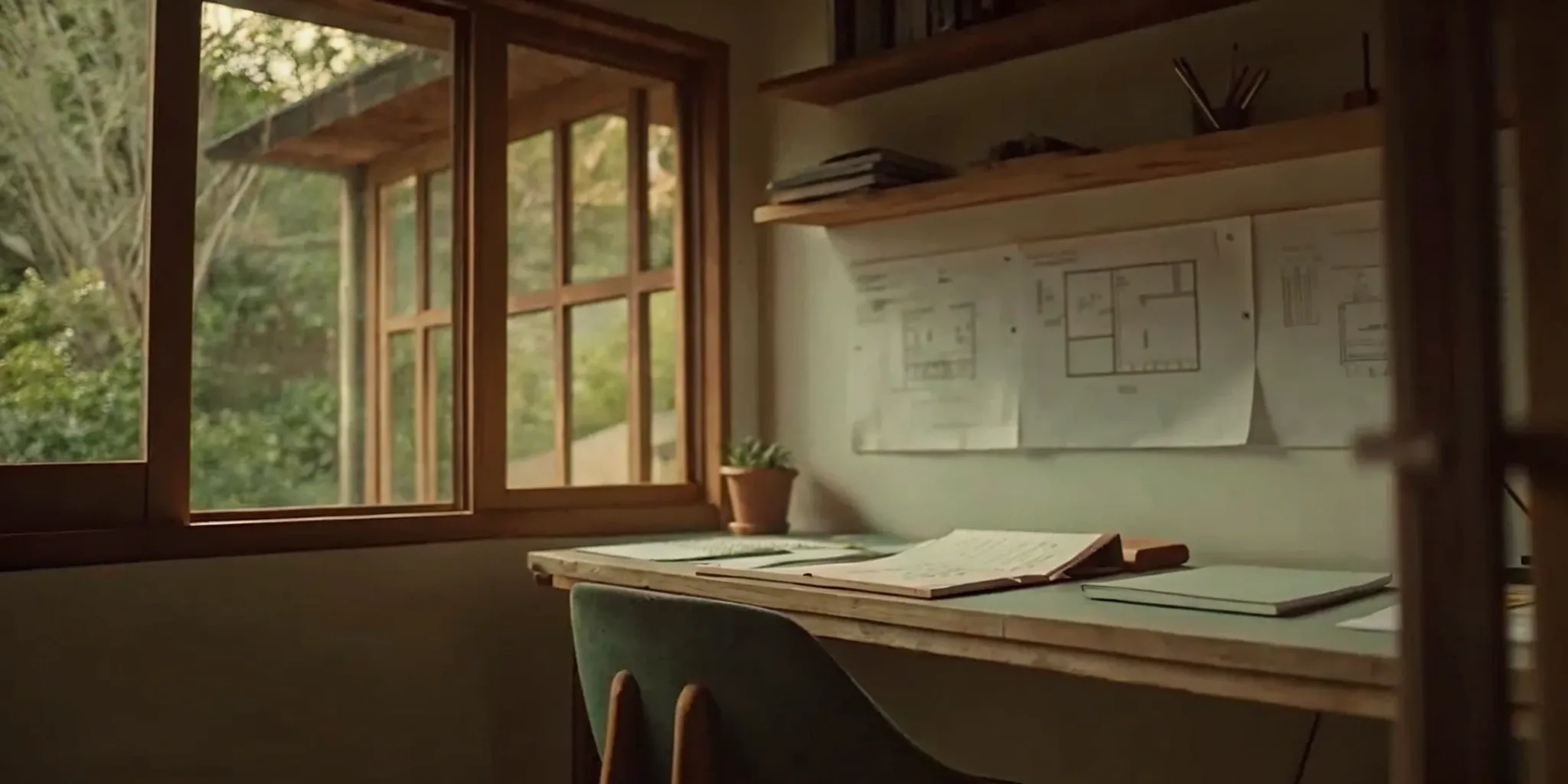
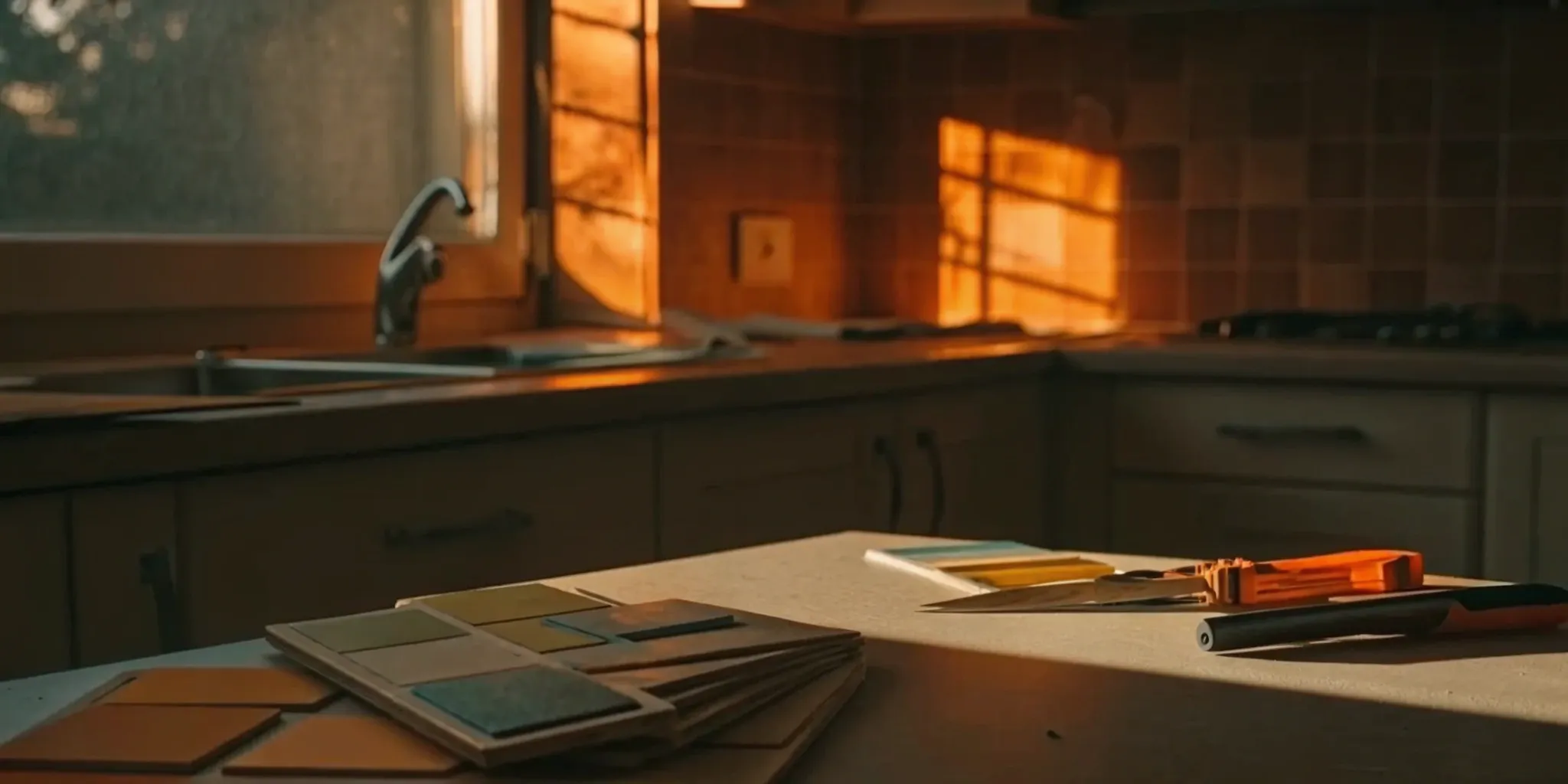
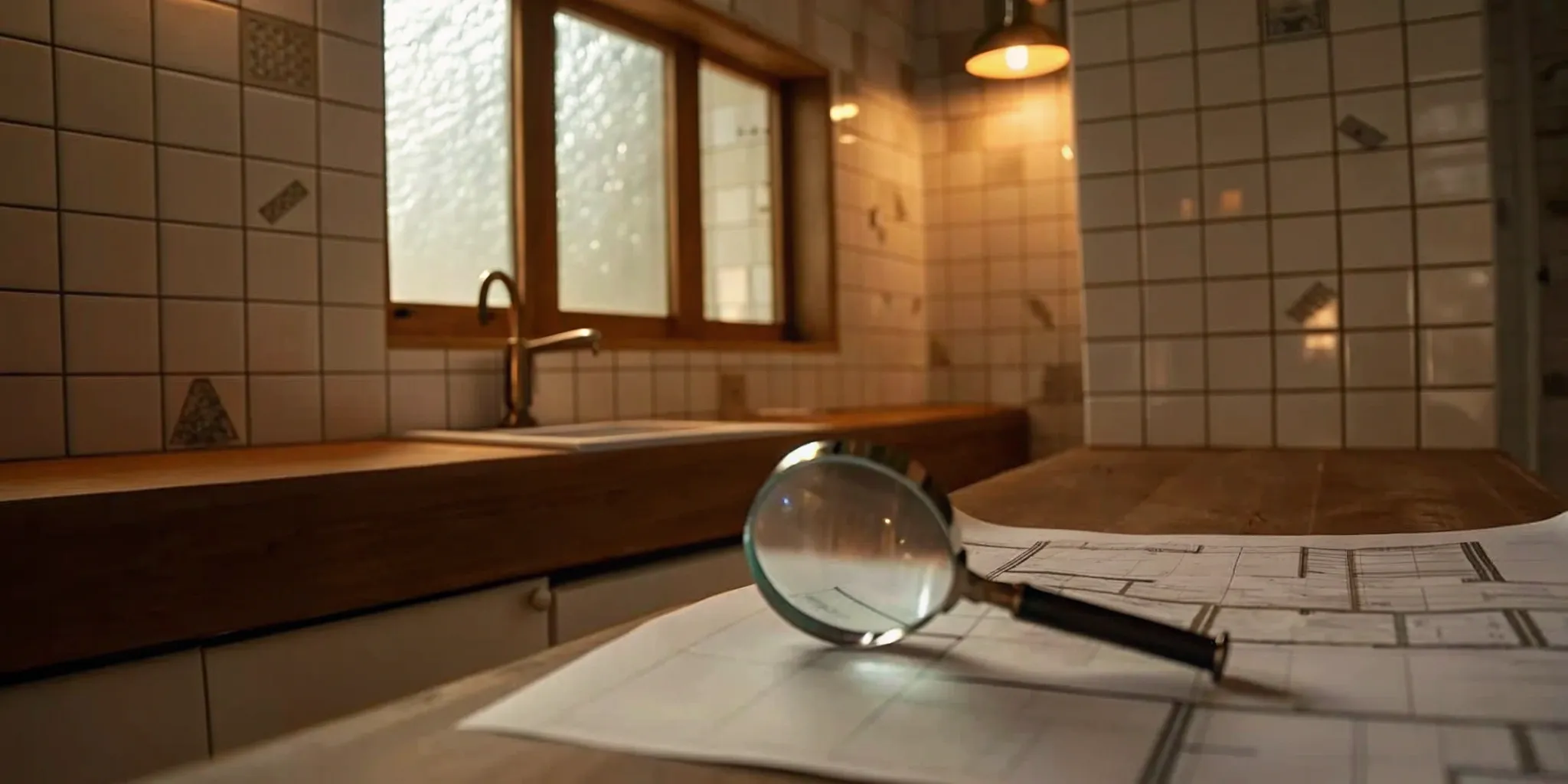
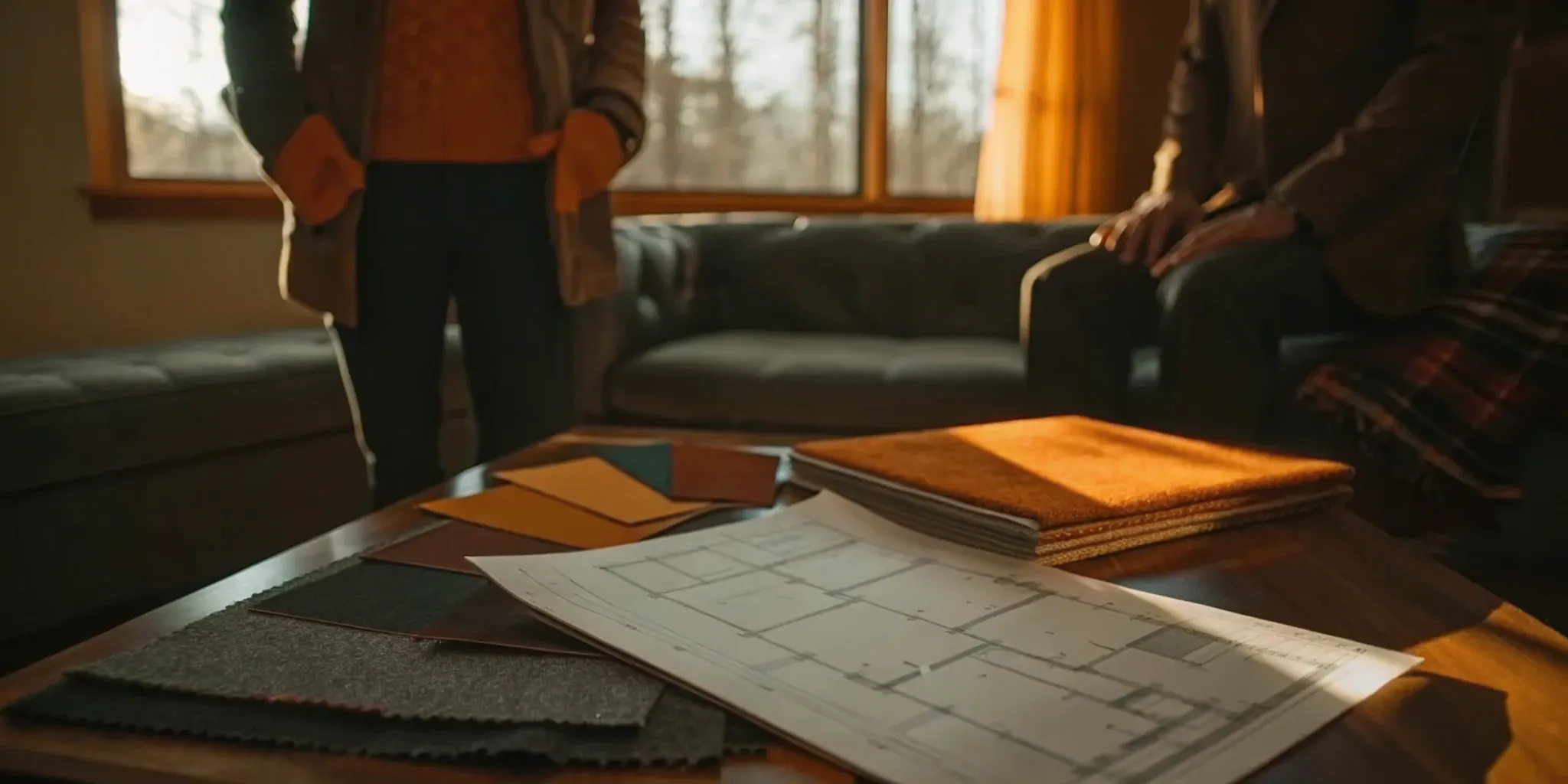
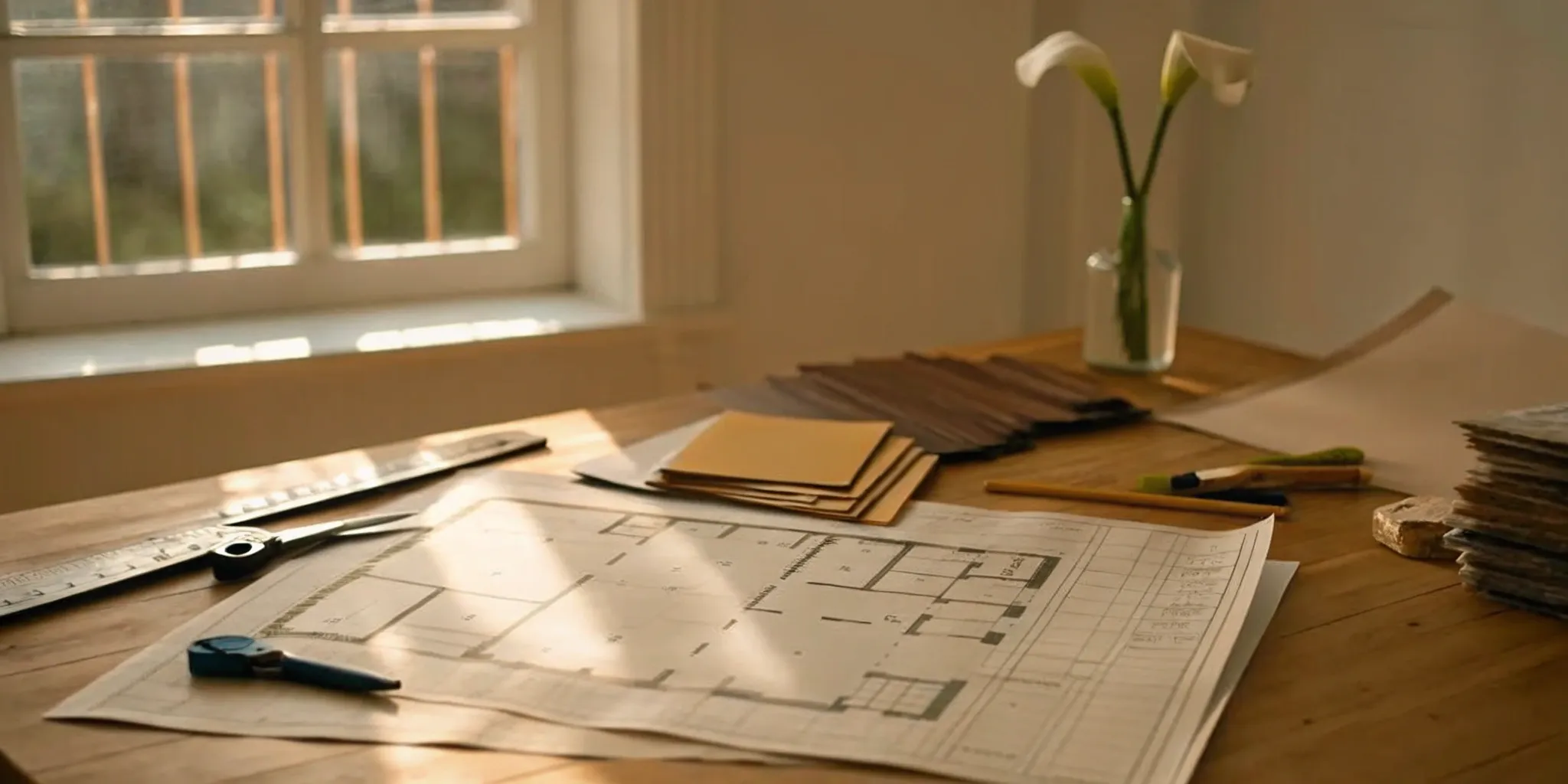
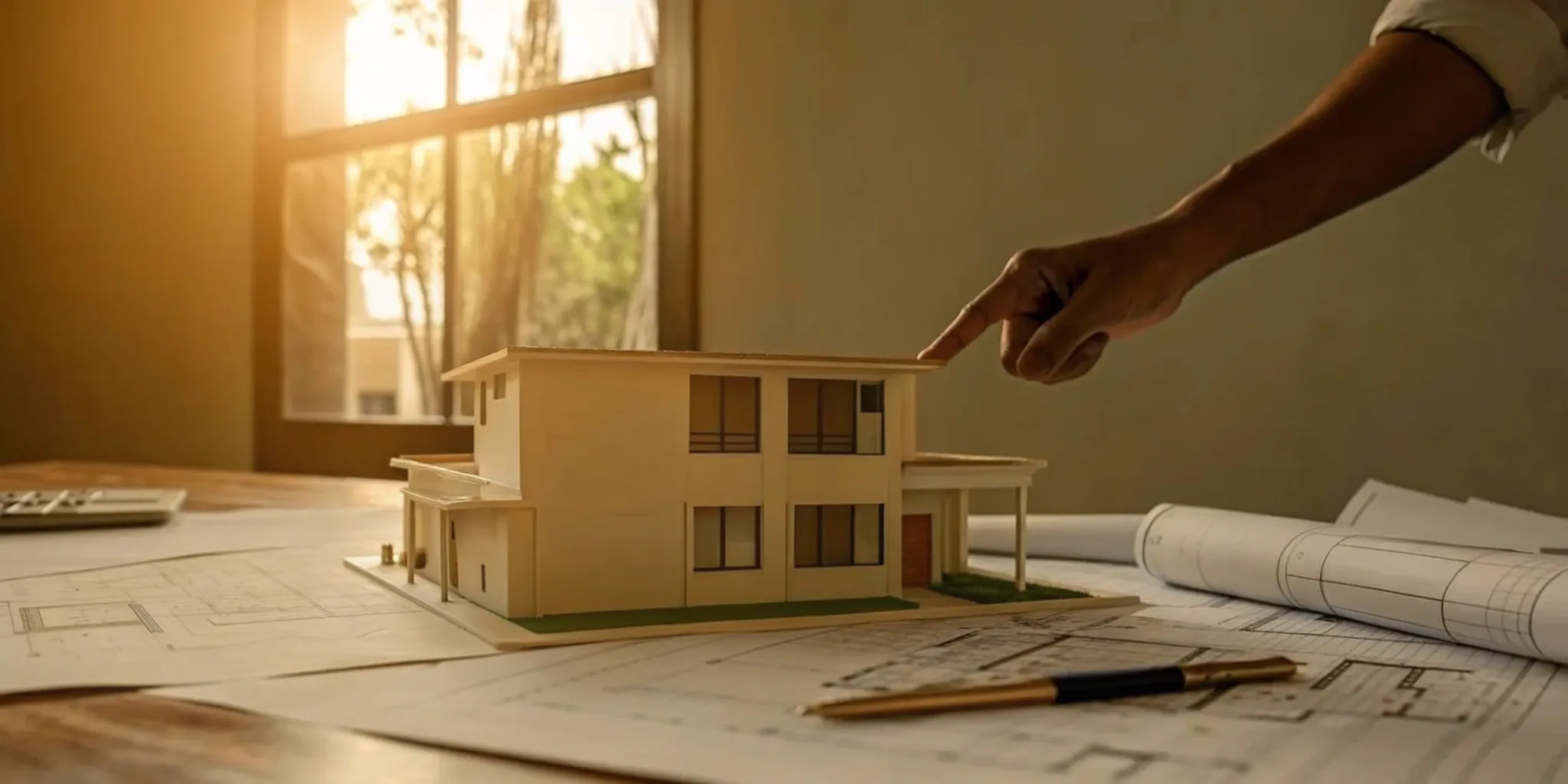
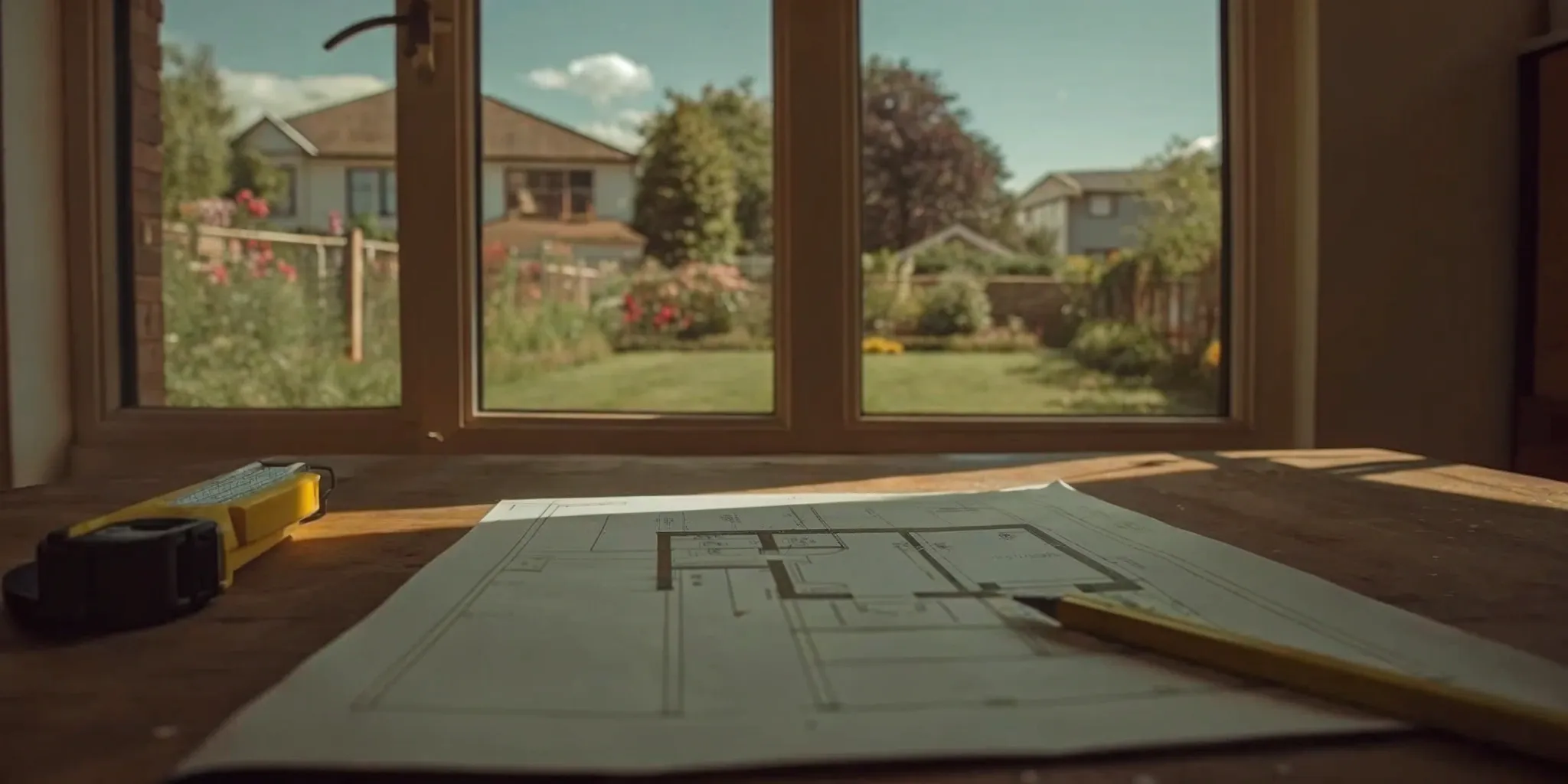
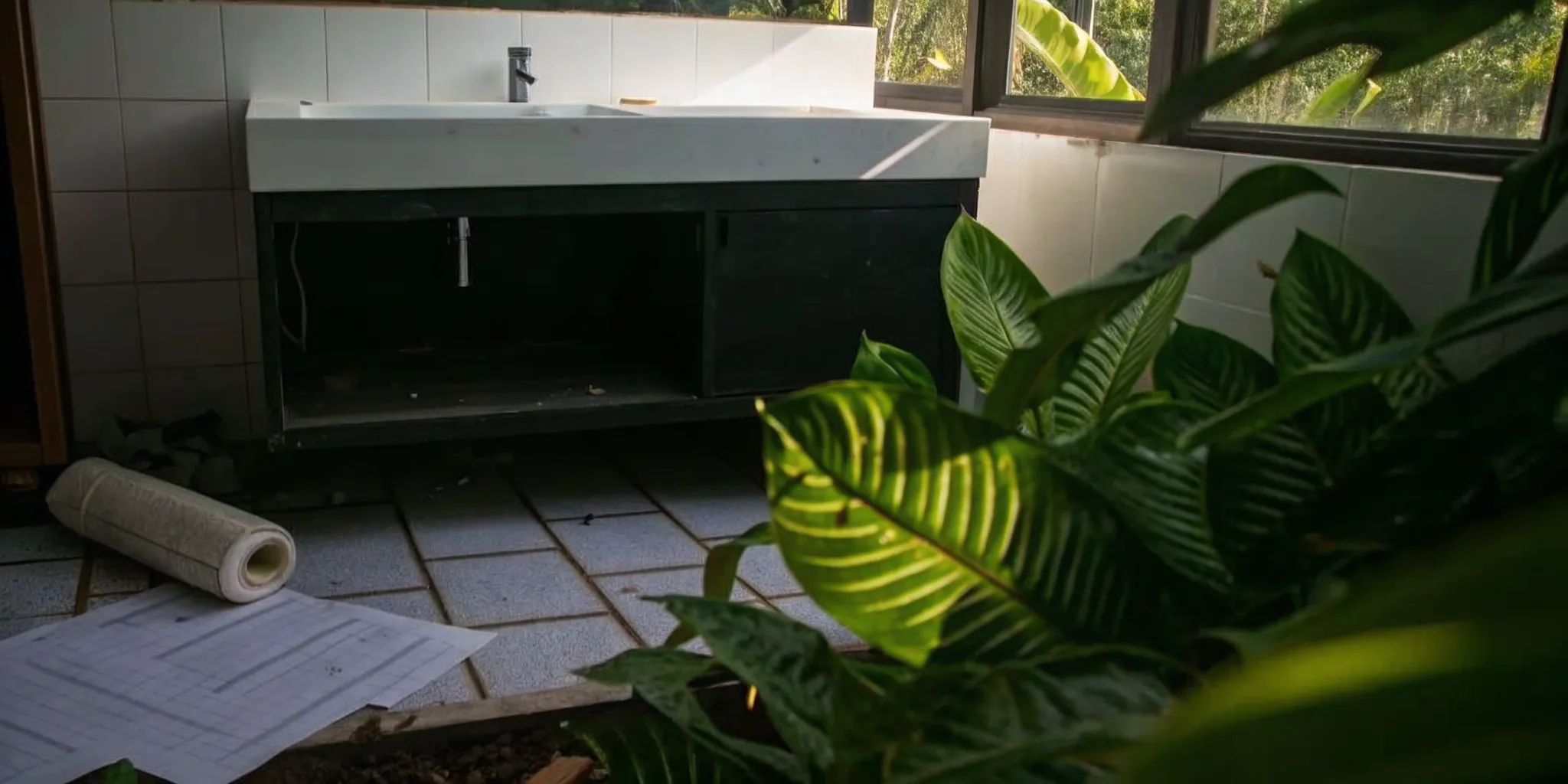
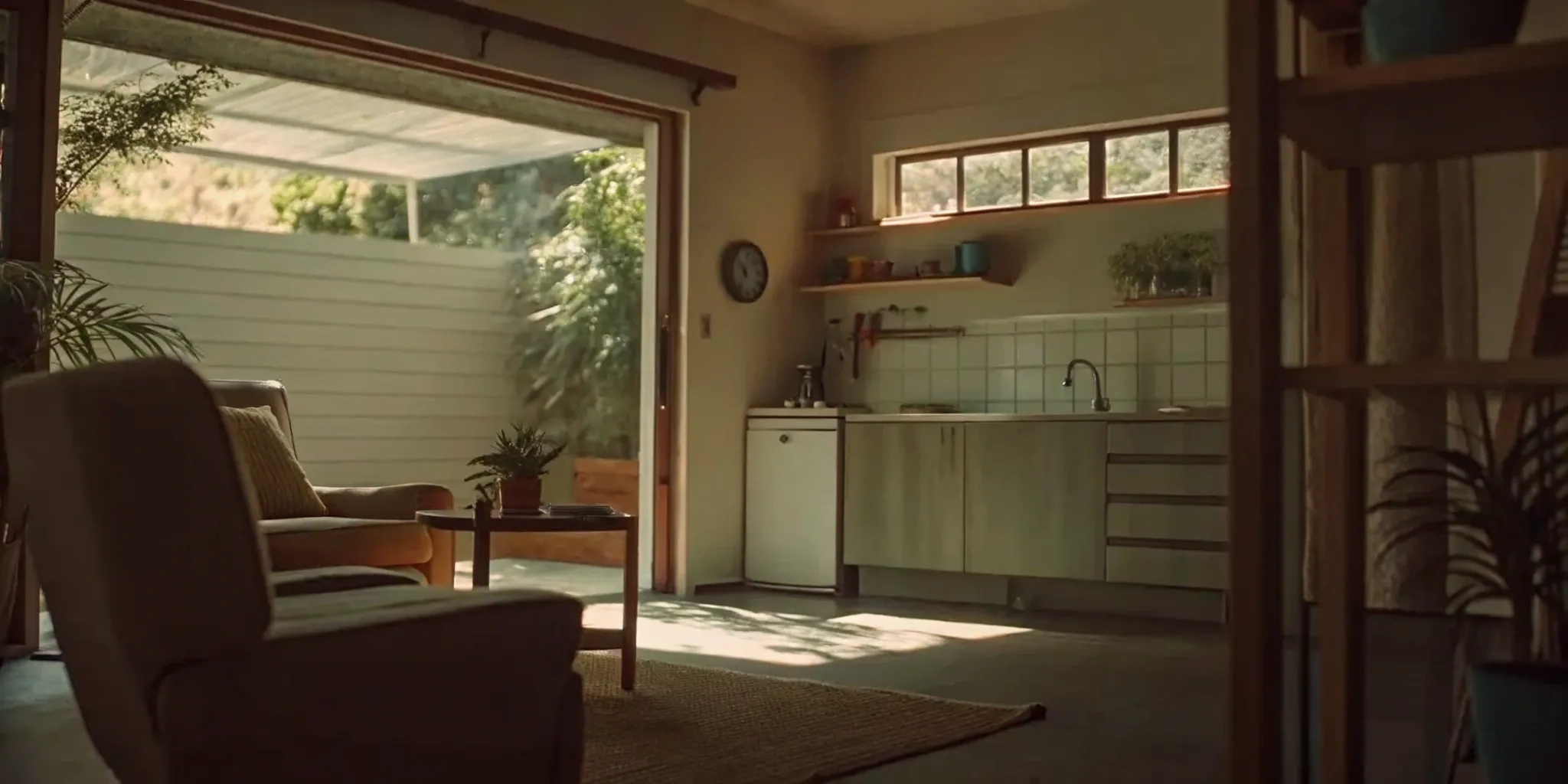
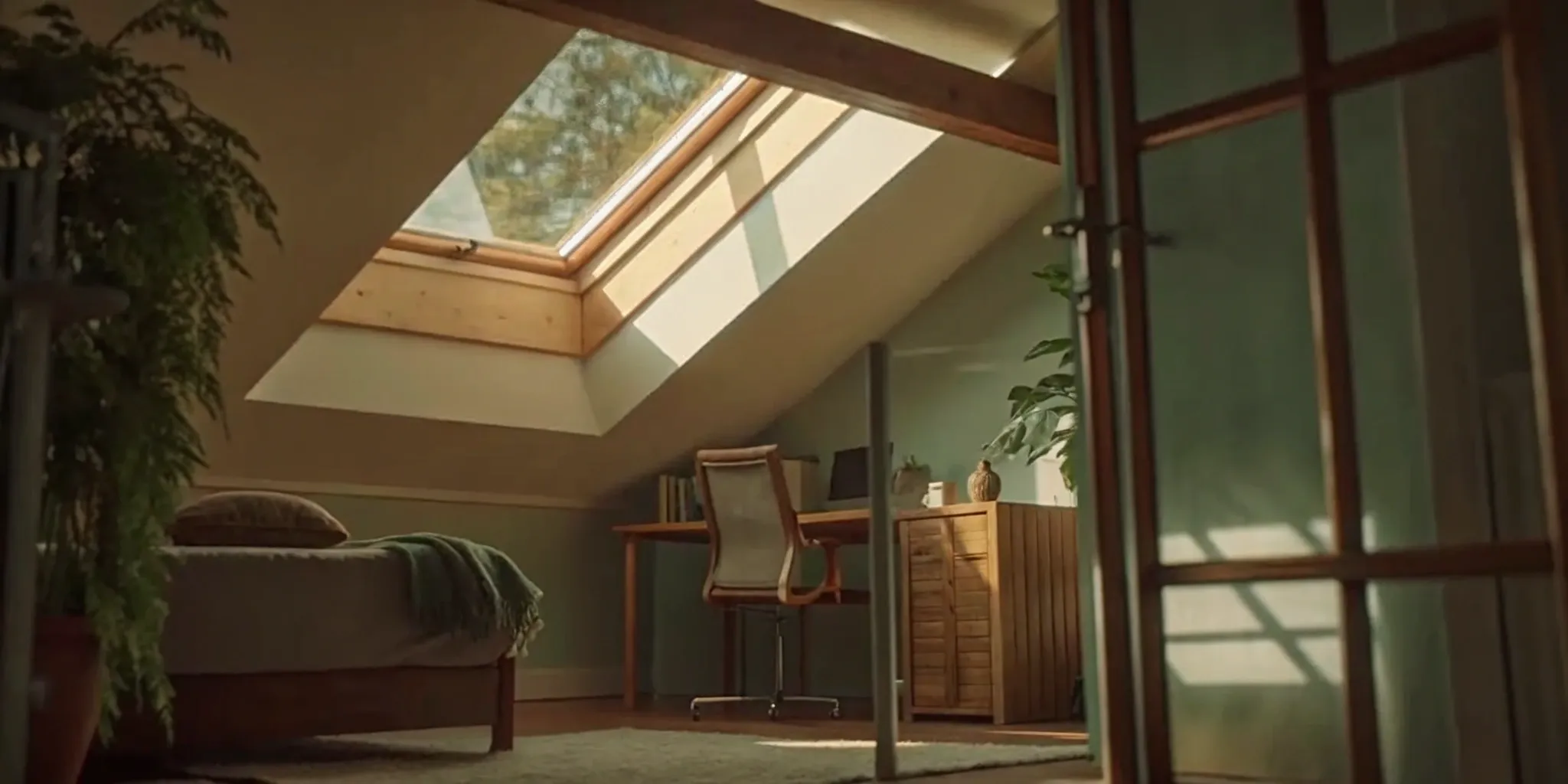
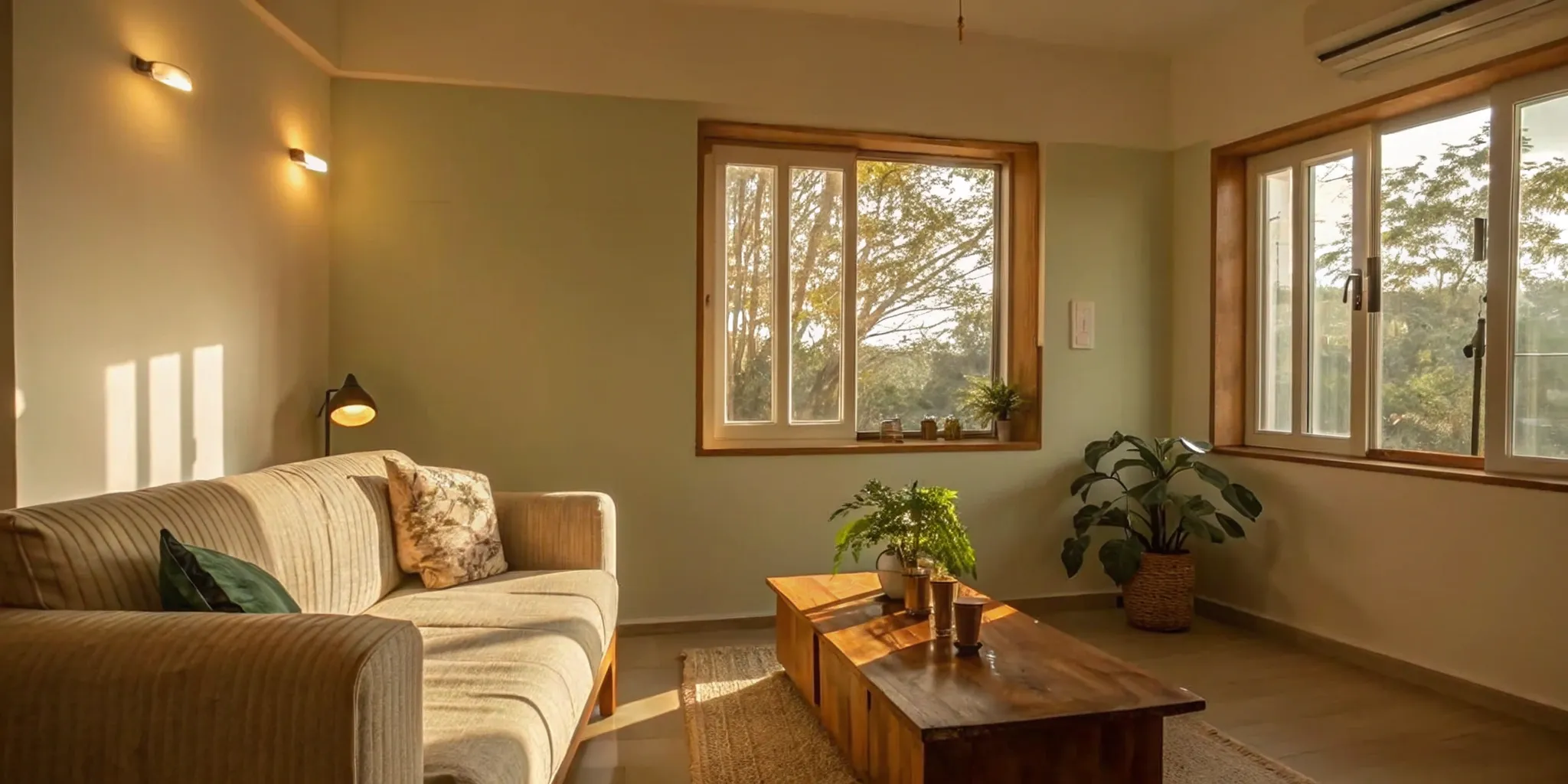

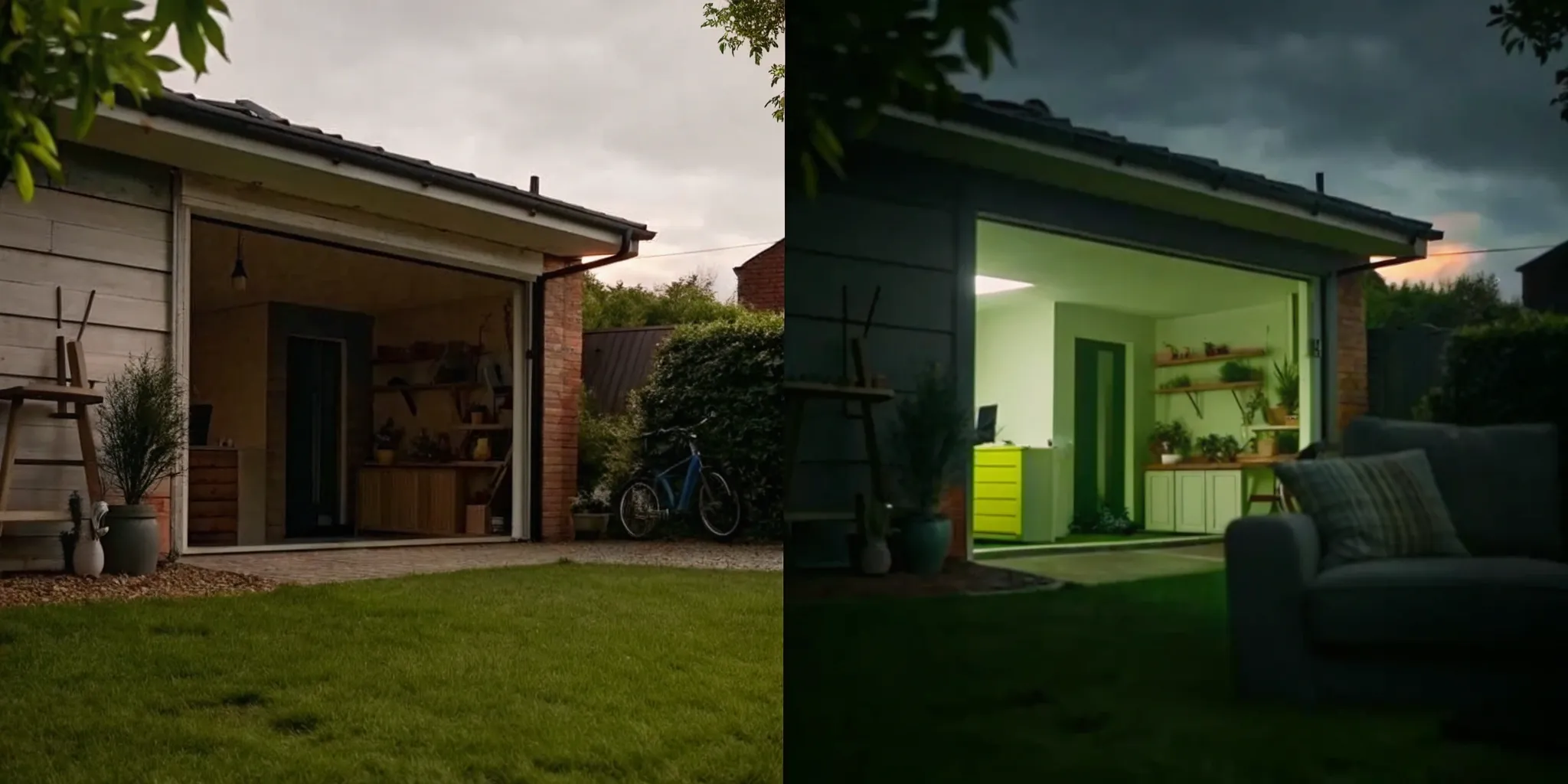
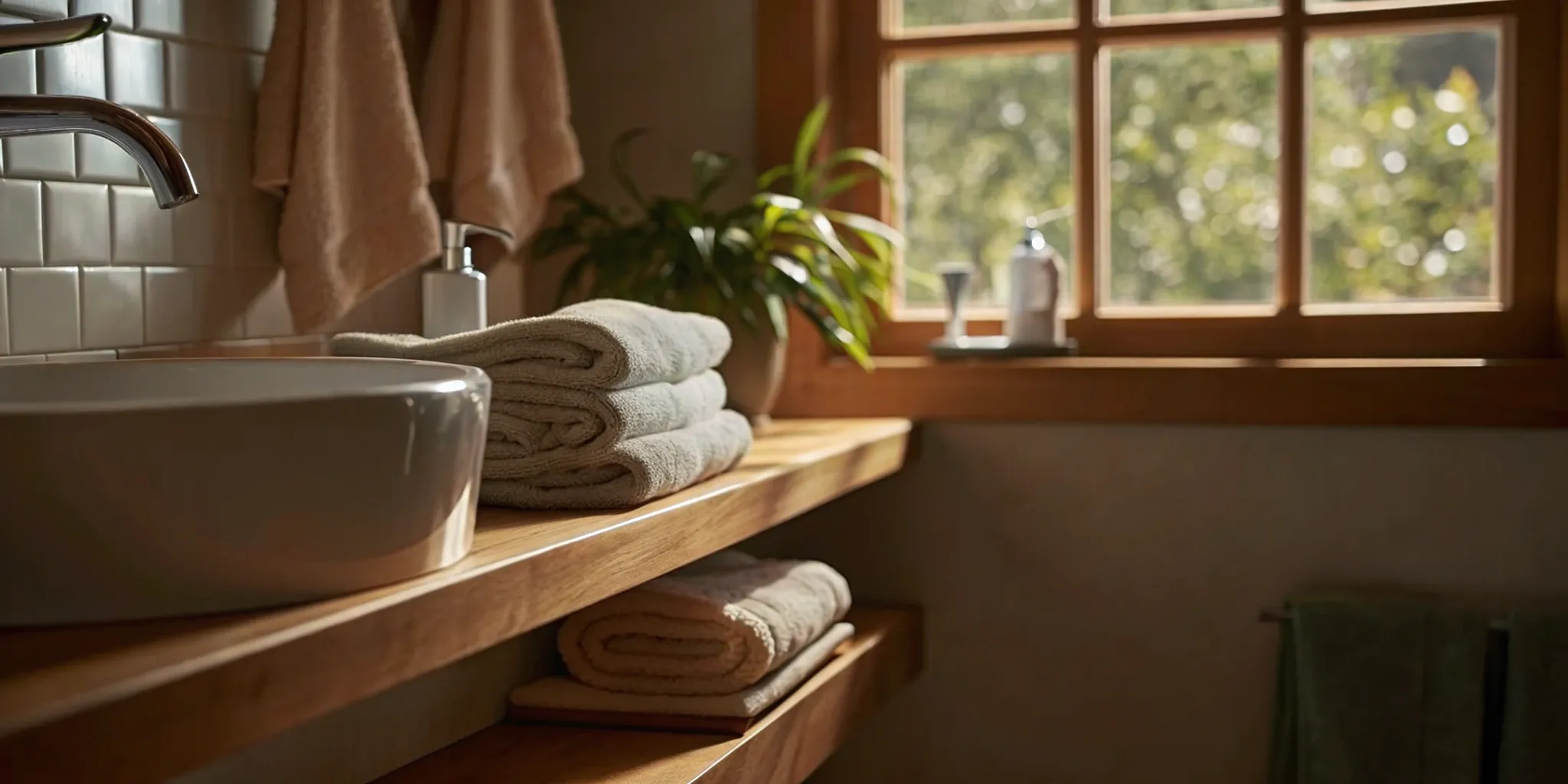
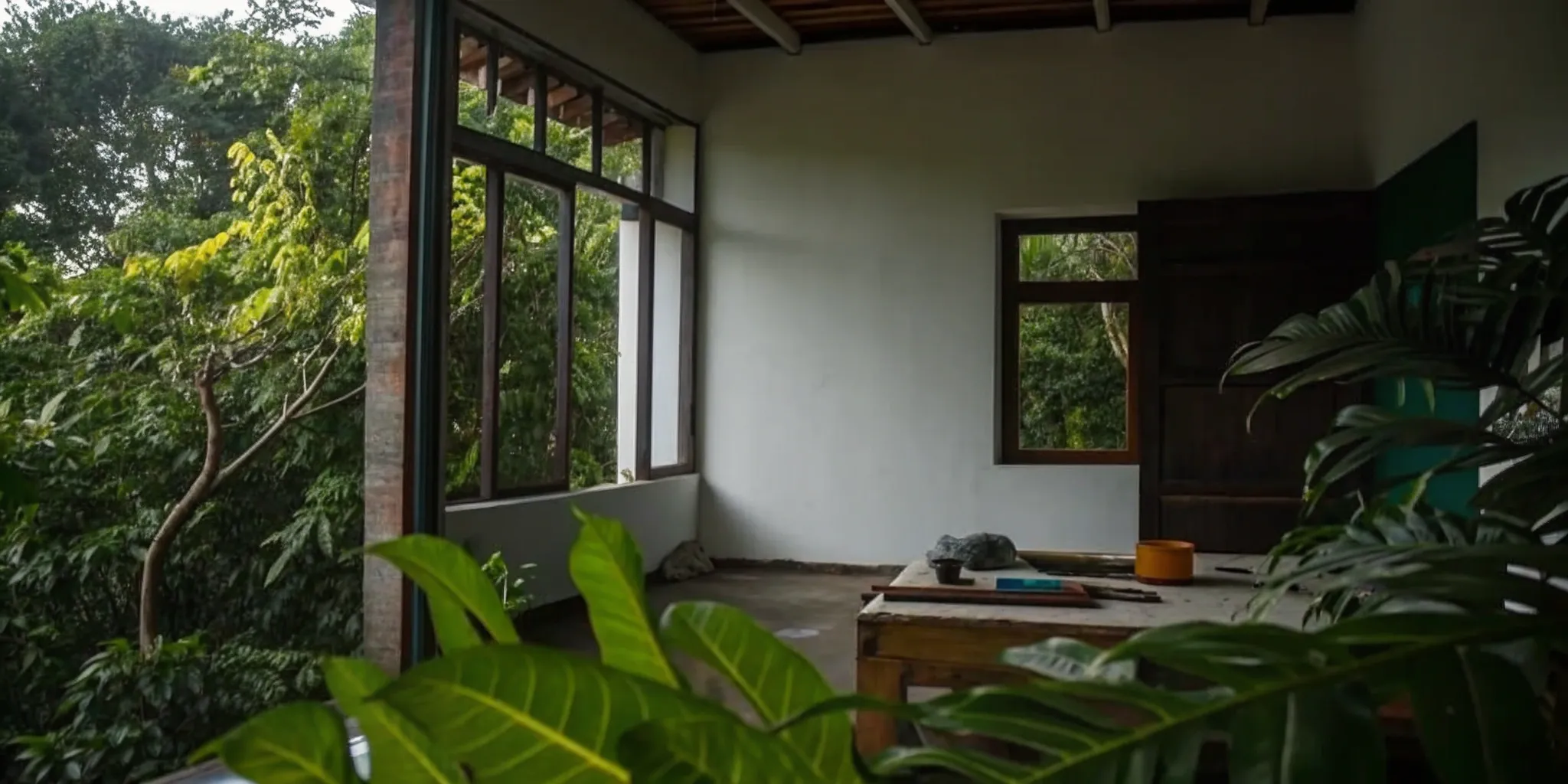
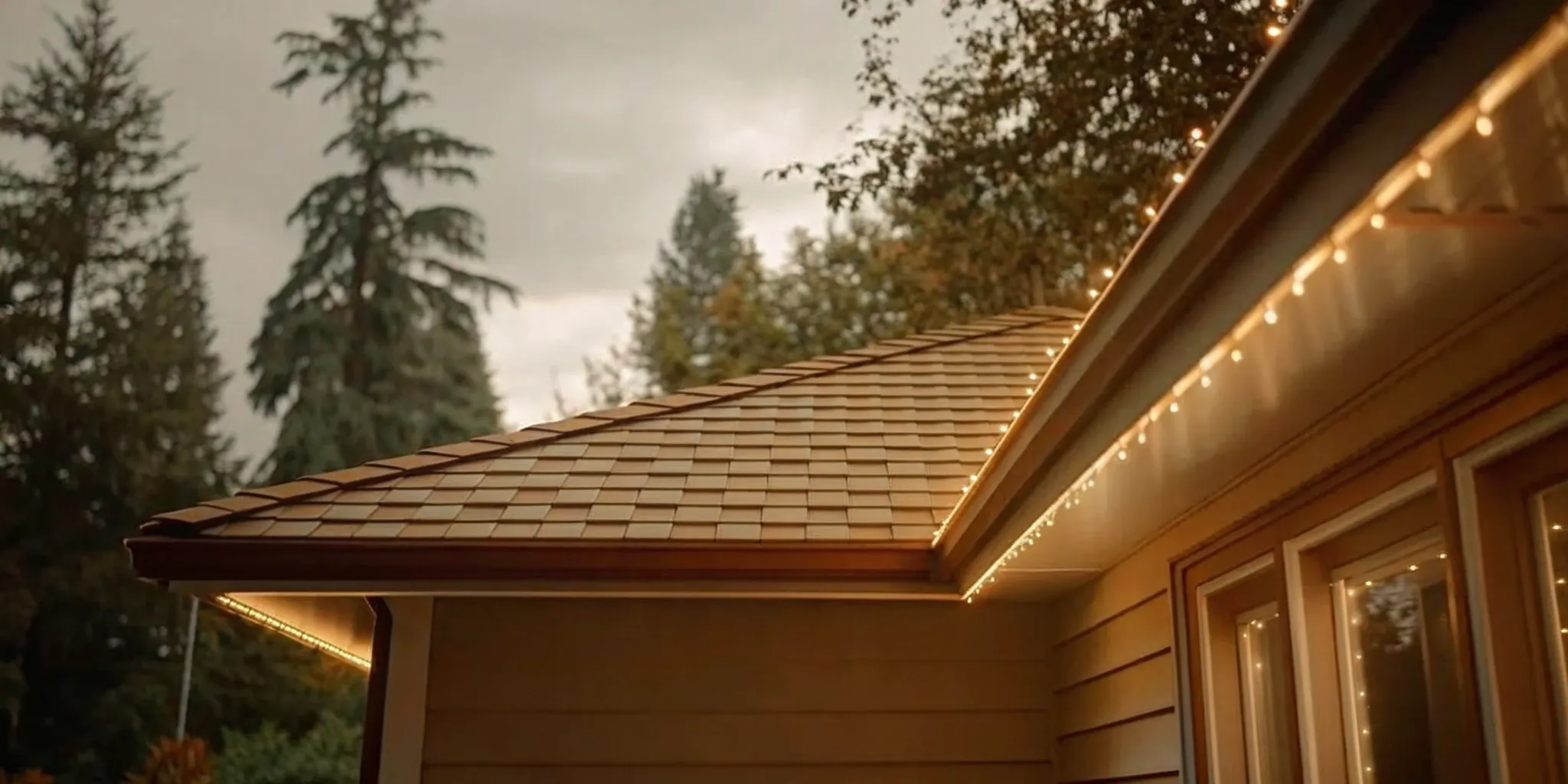

.png)
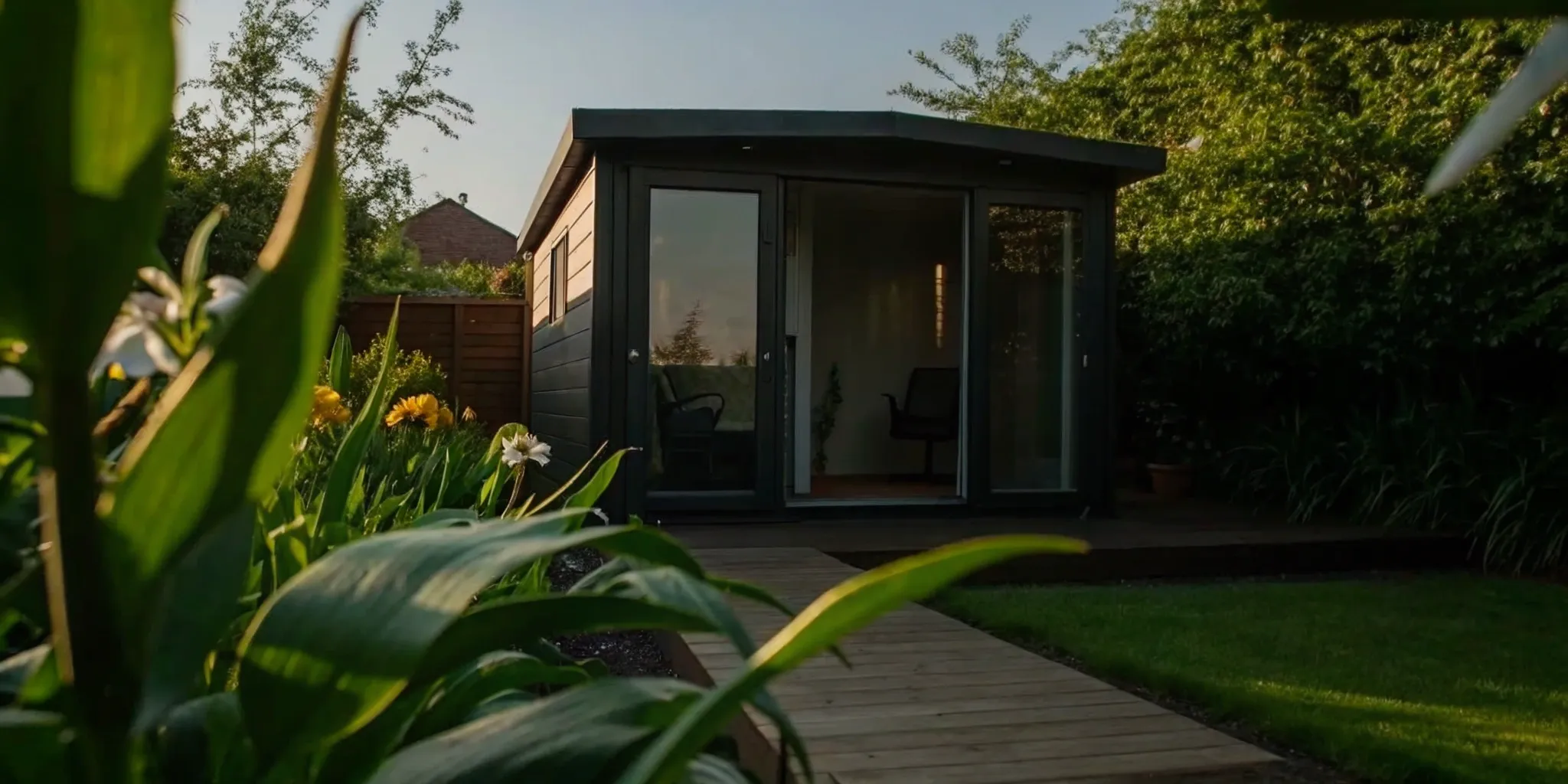


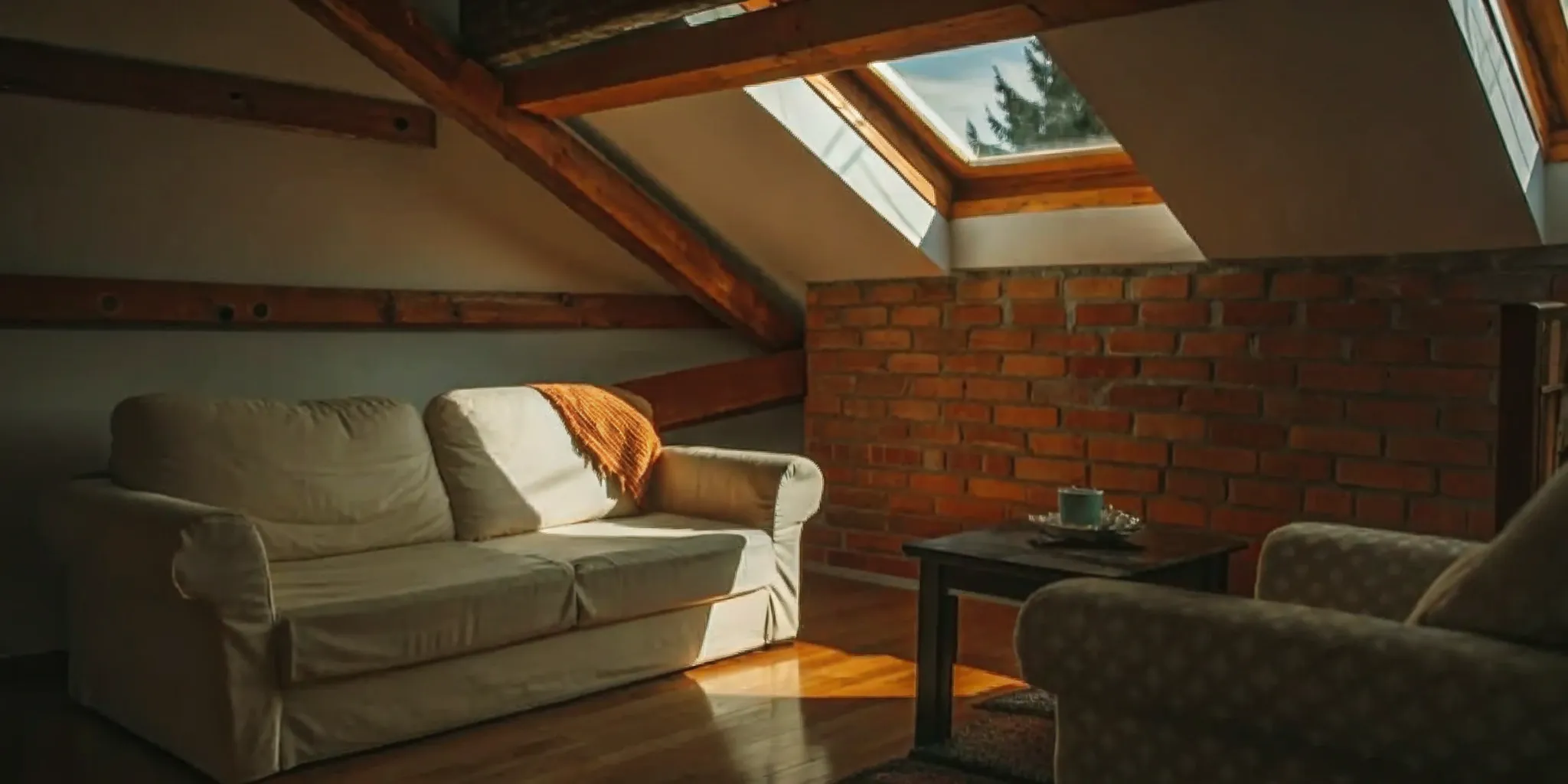
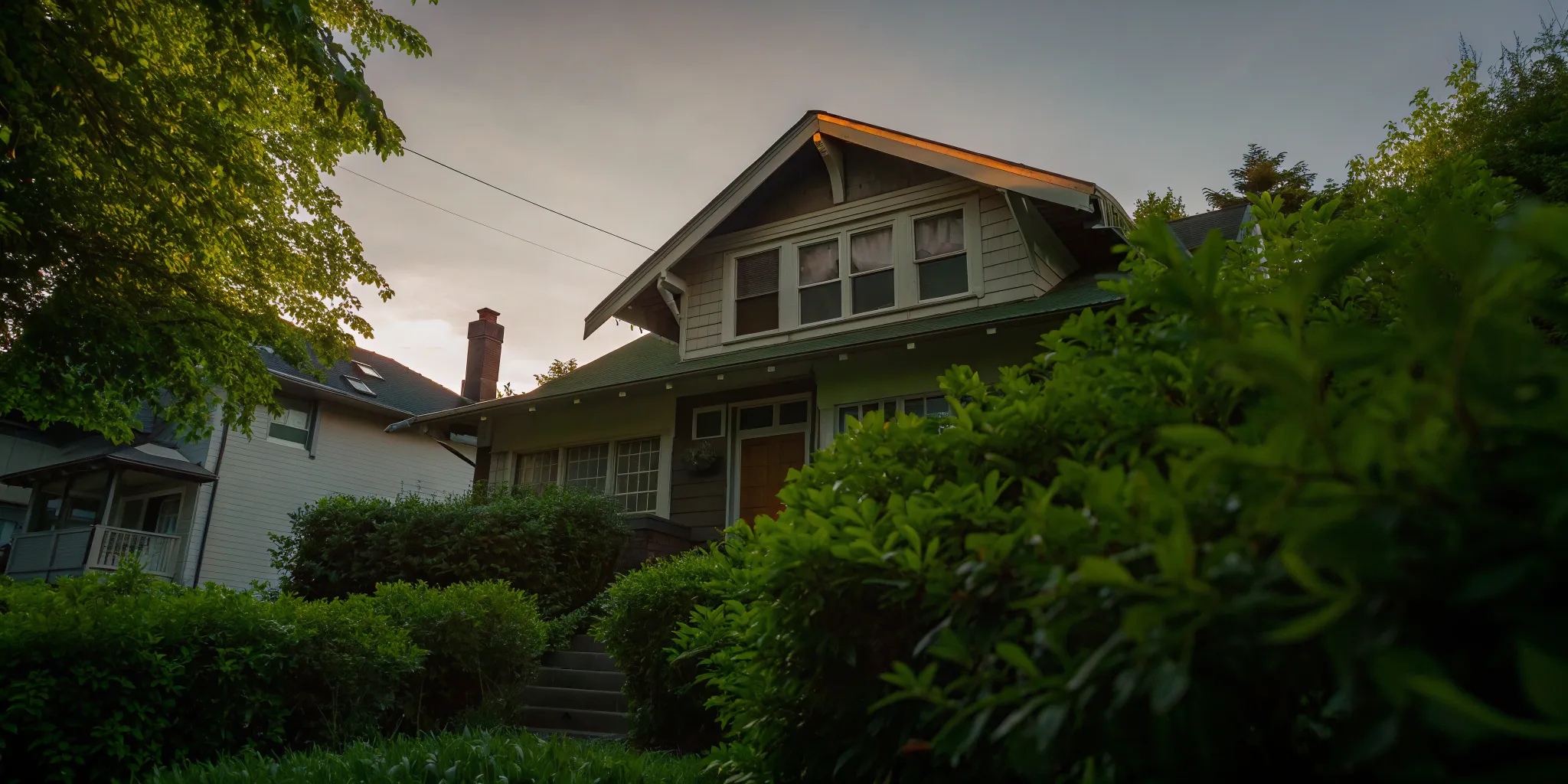

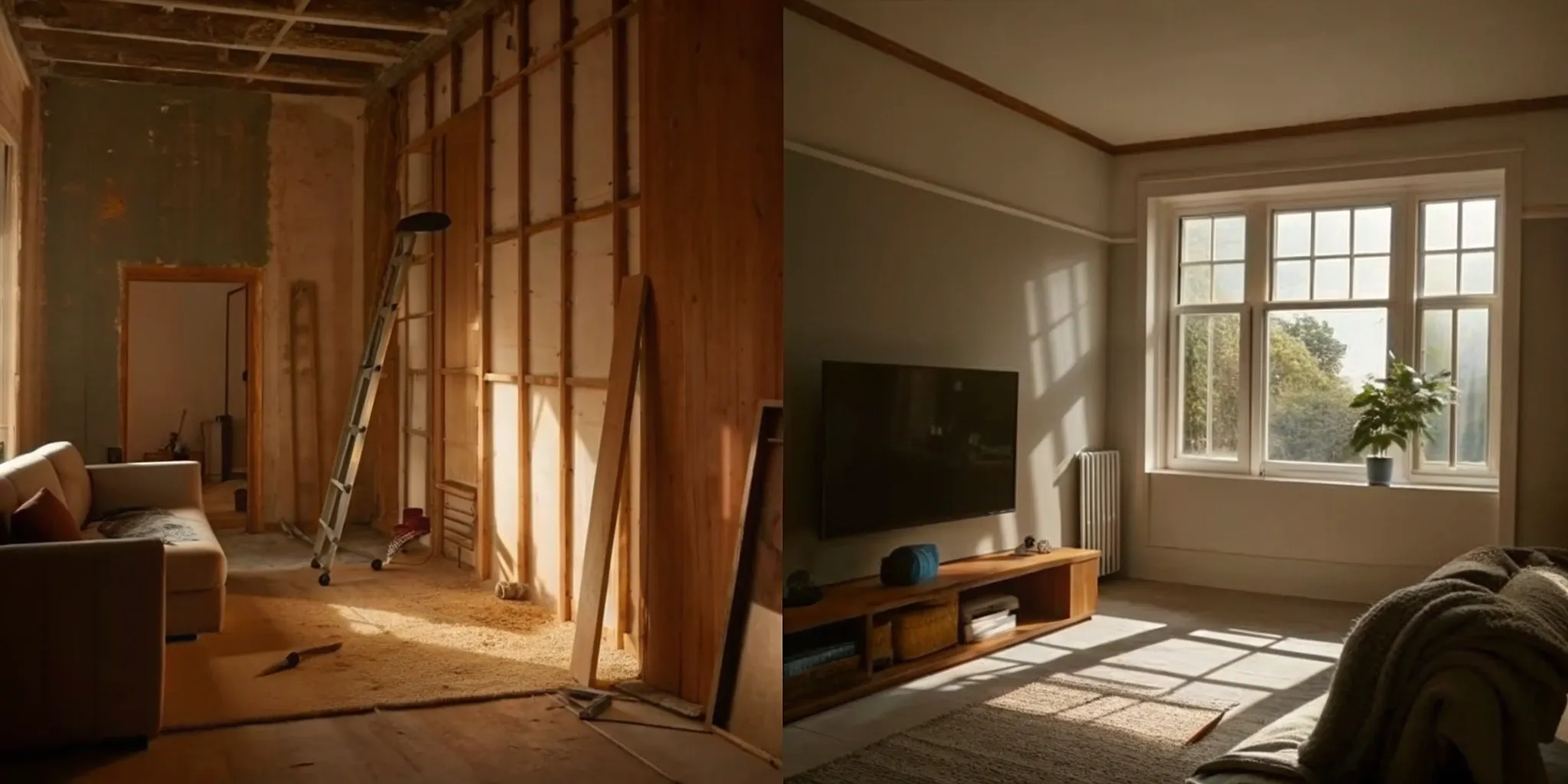


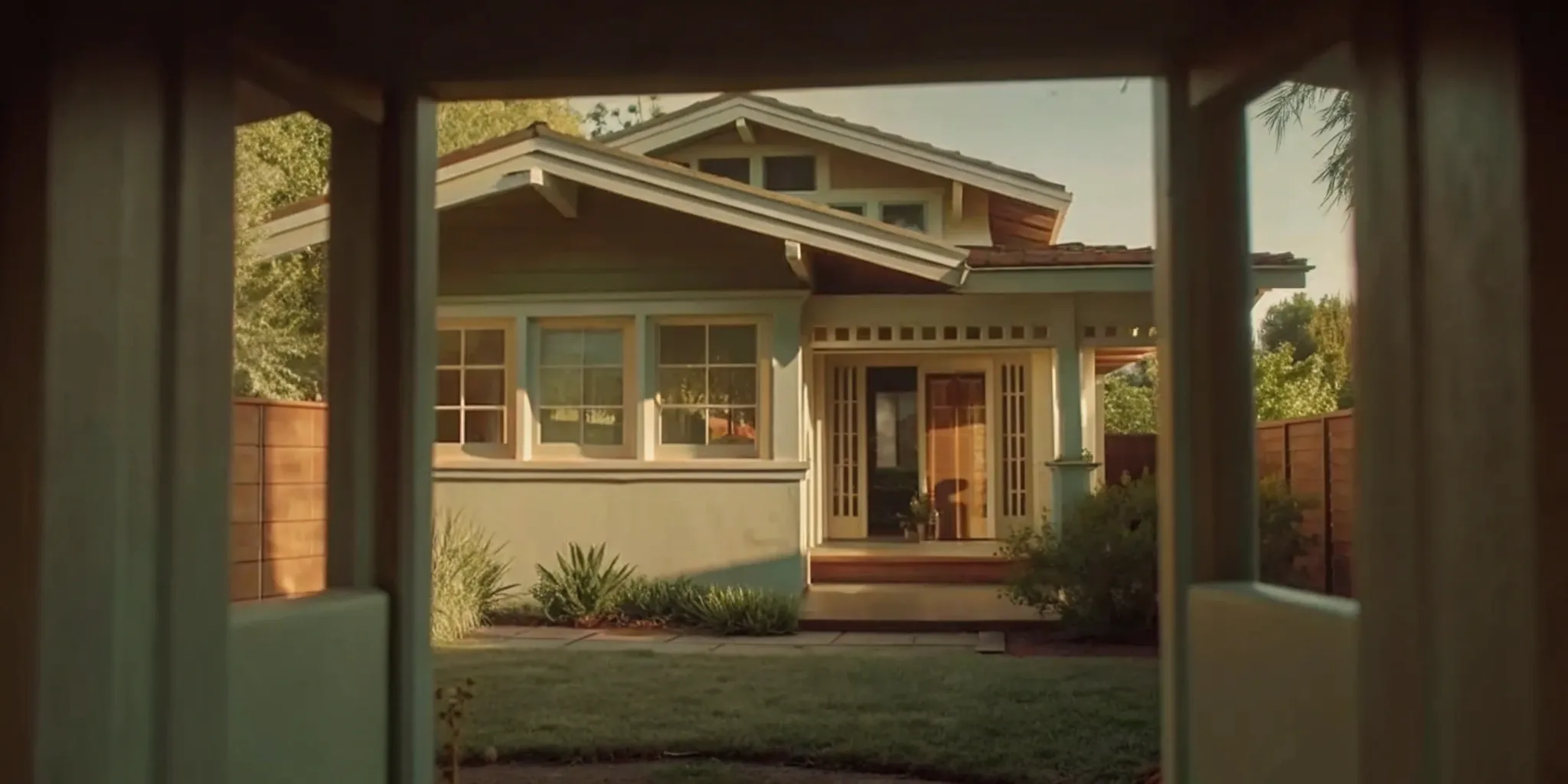

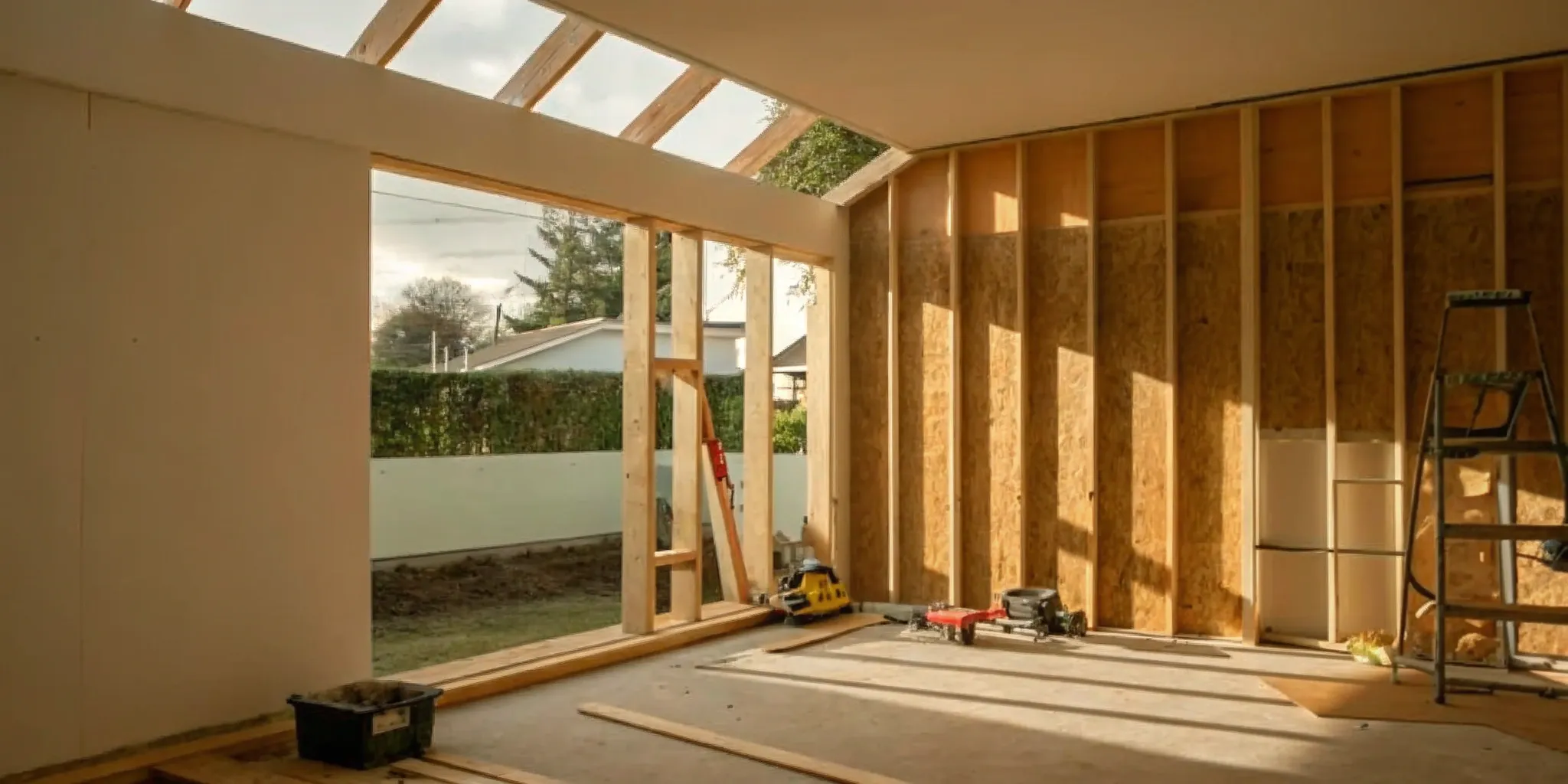
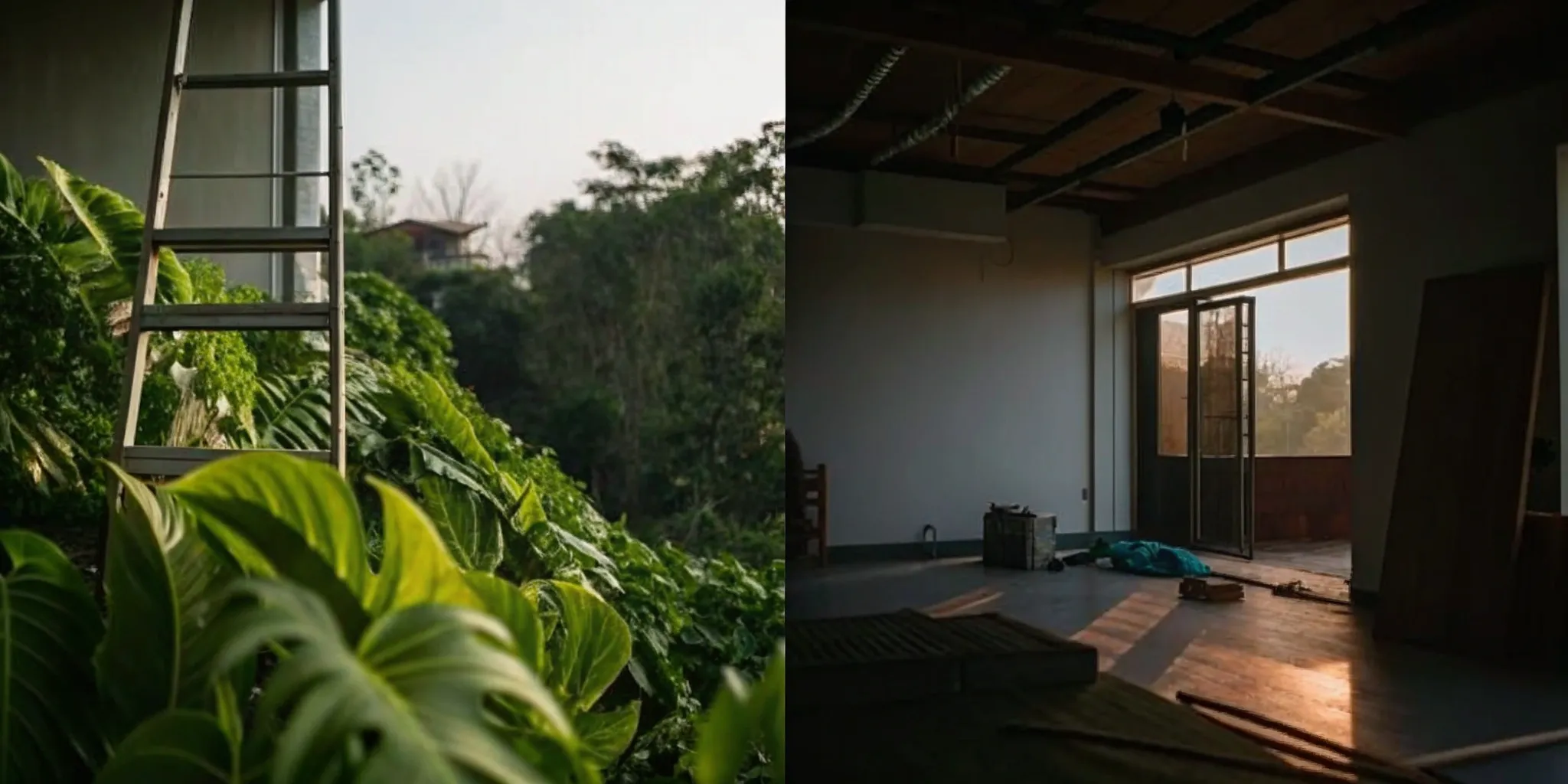
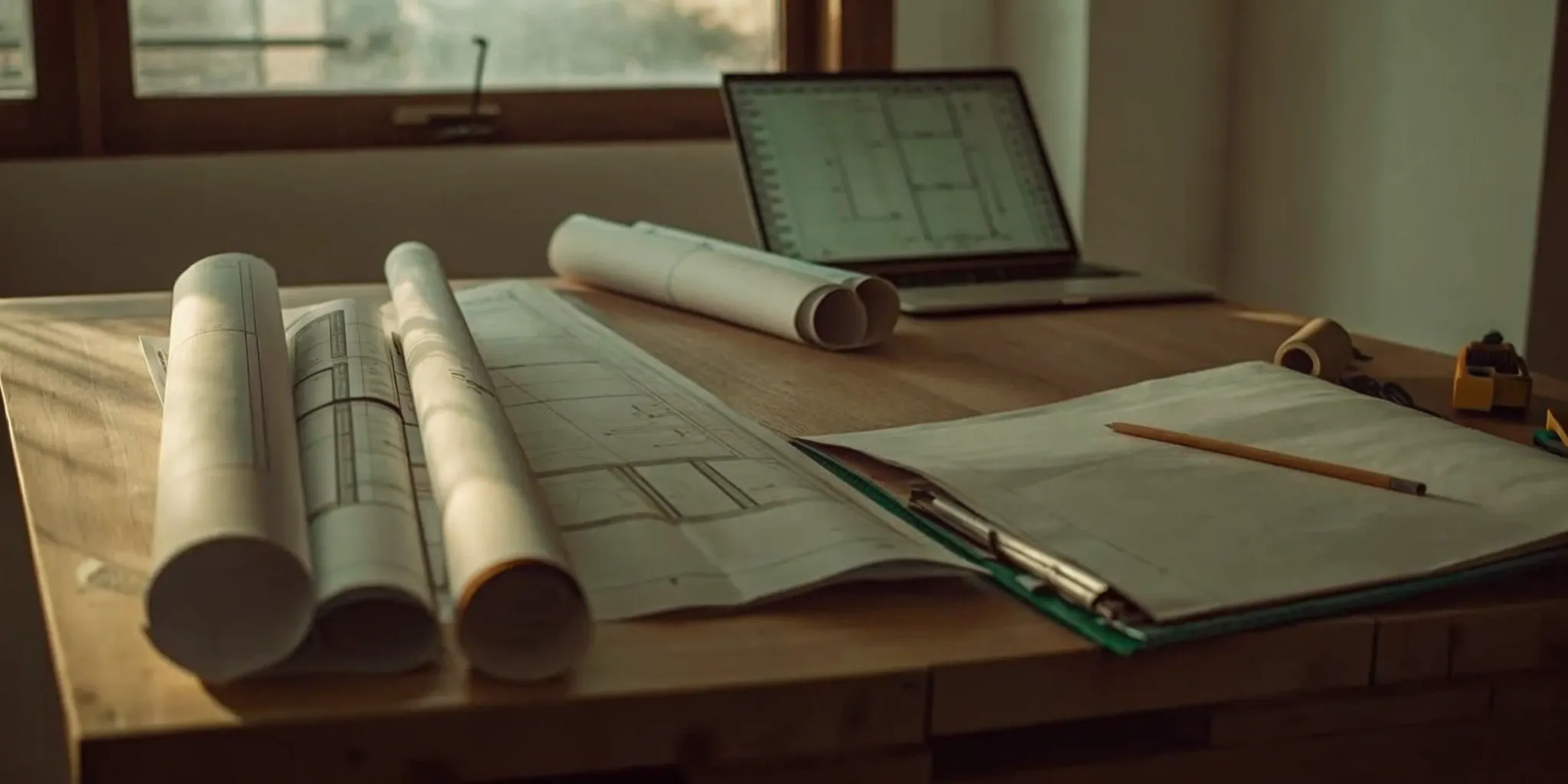
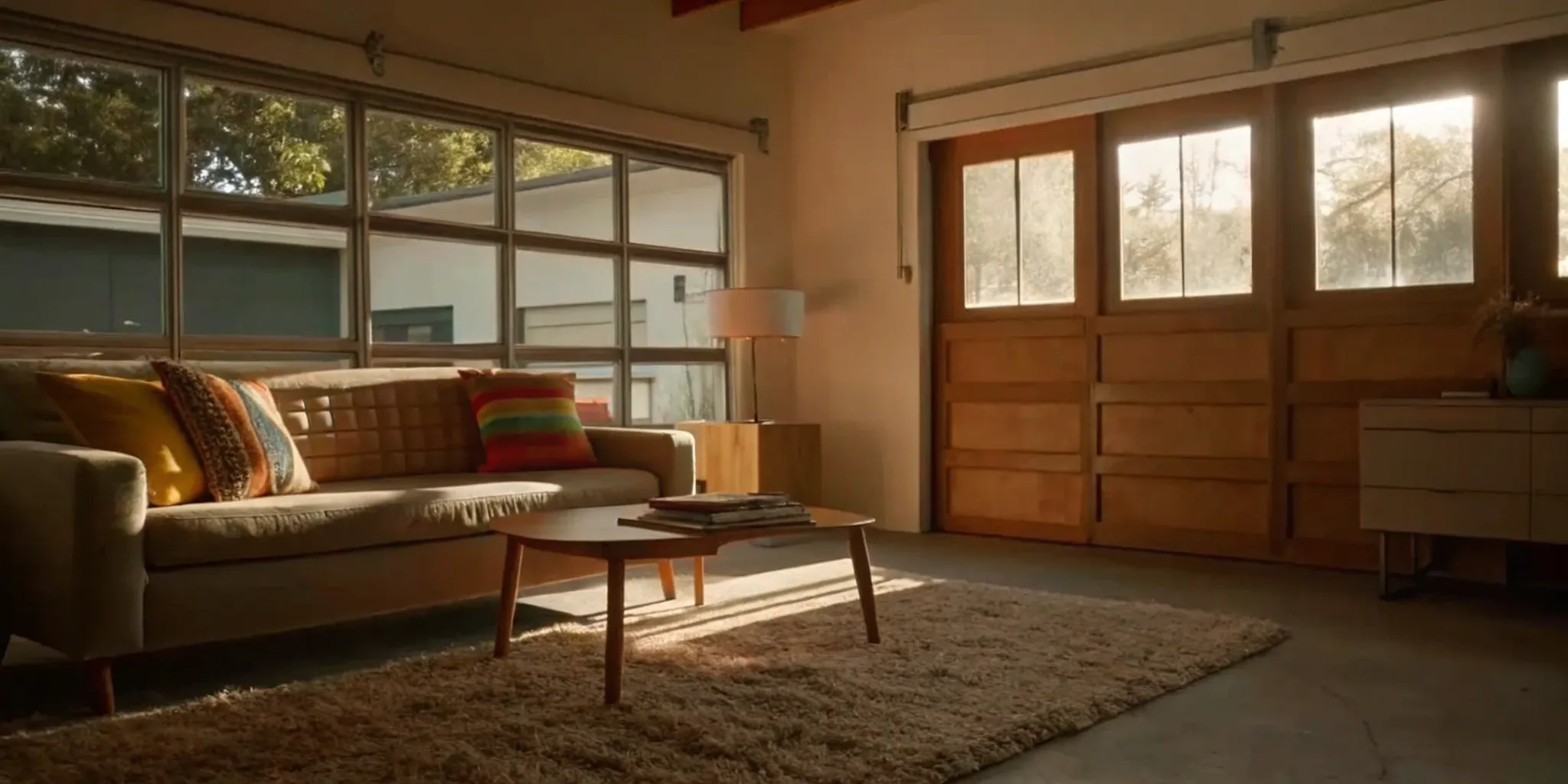
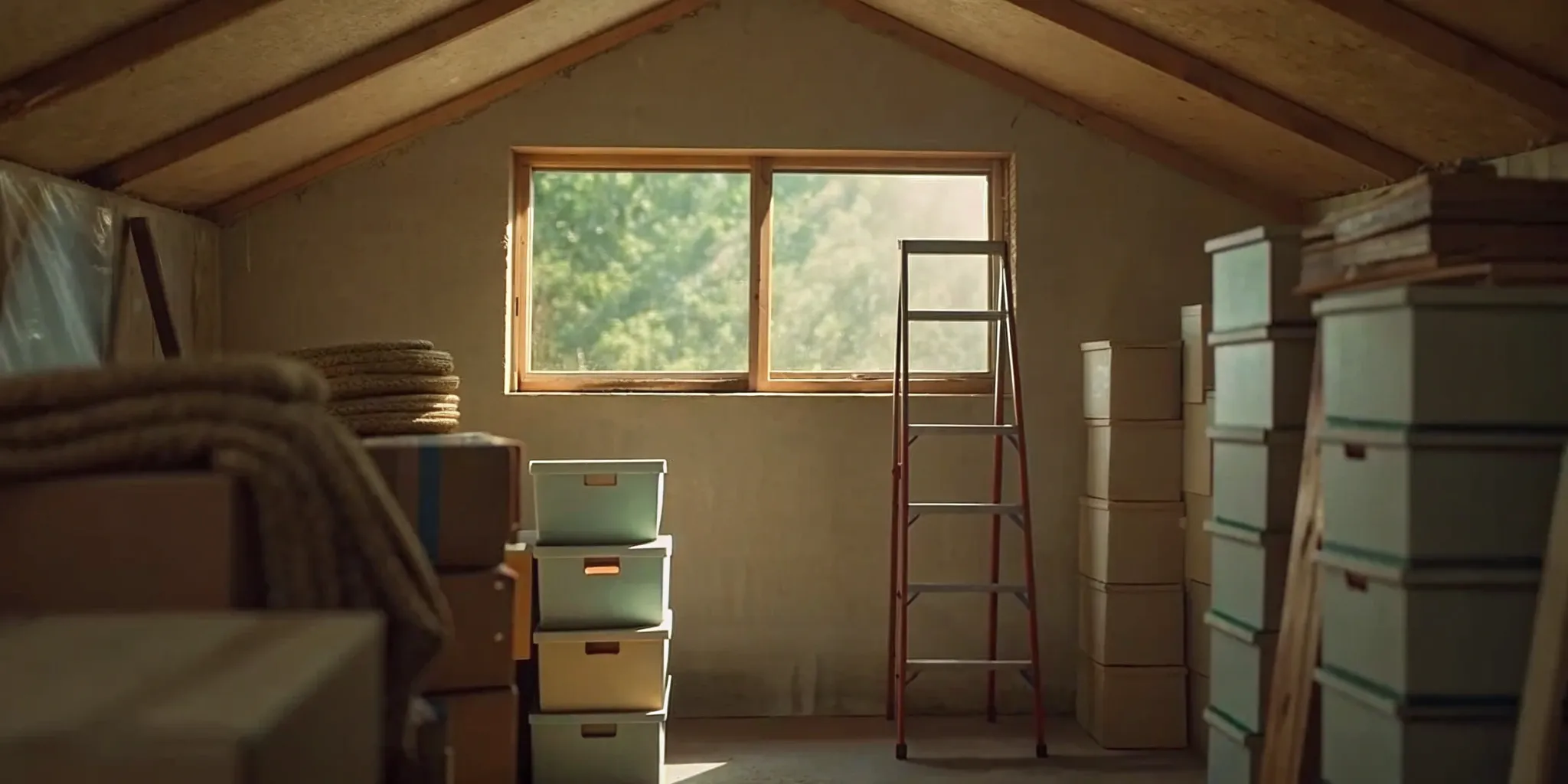

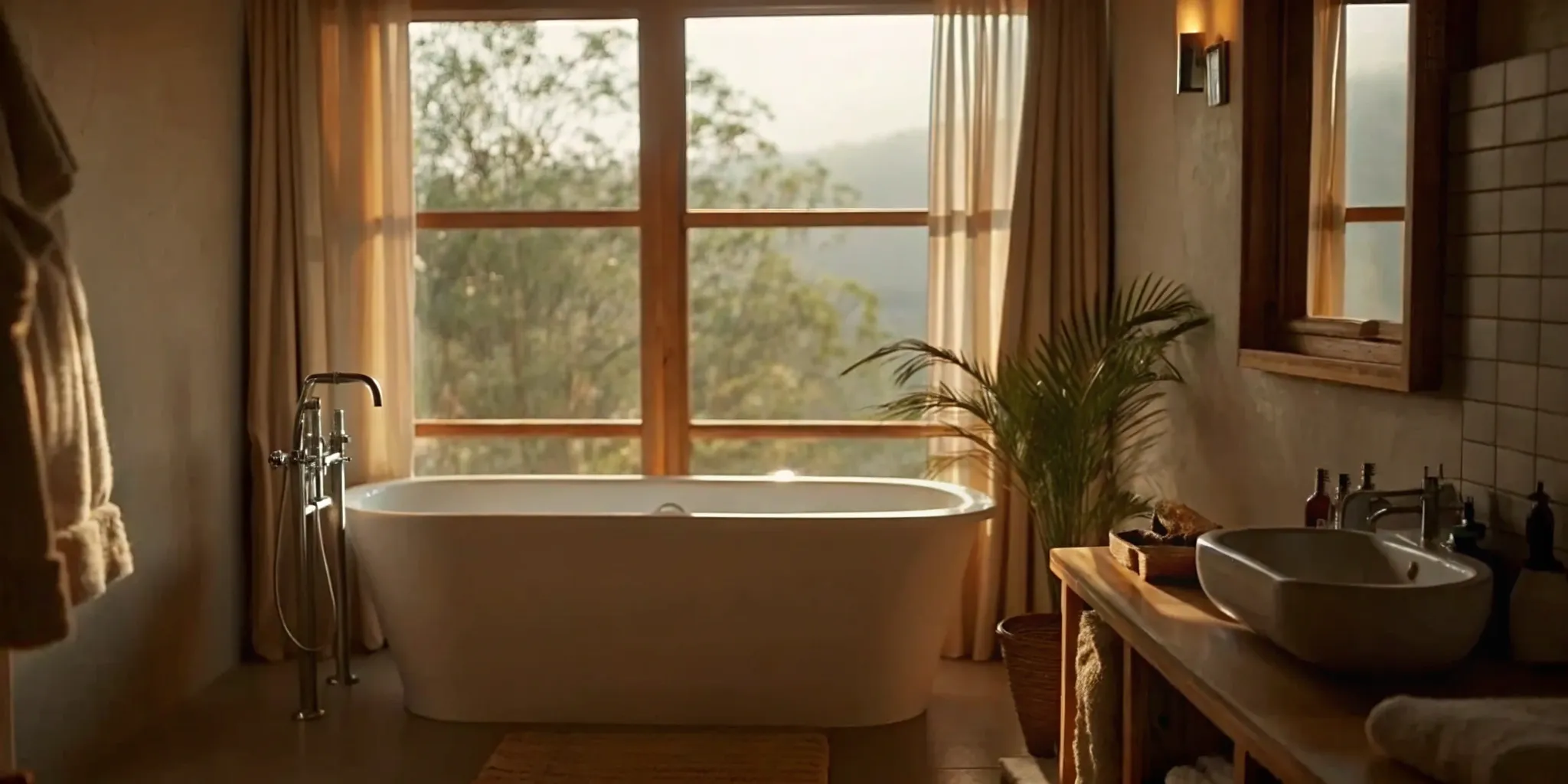
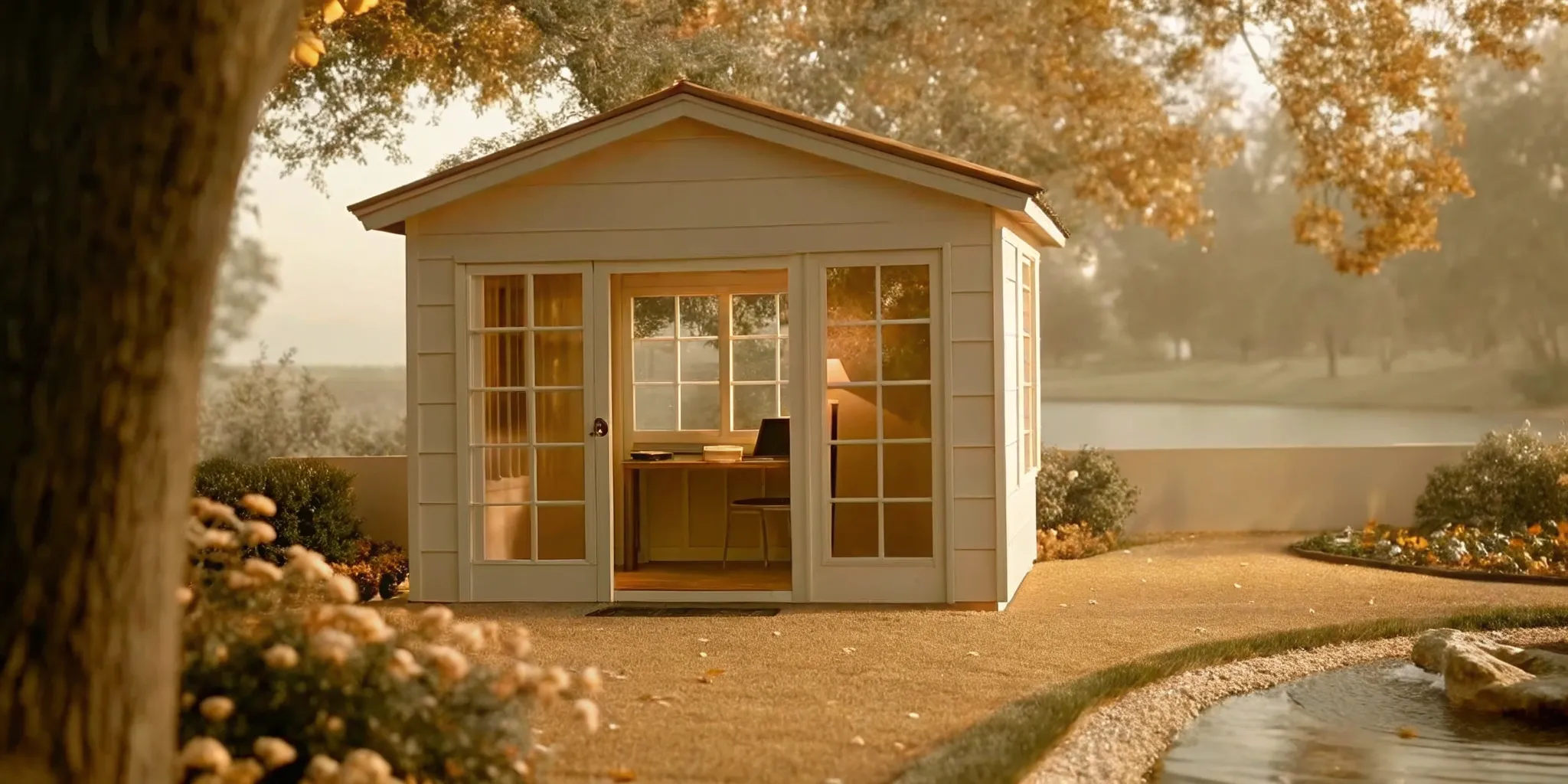
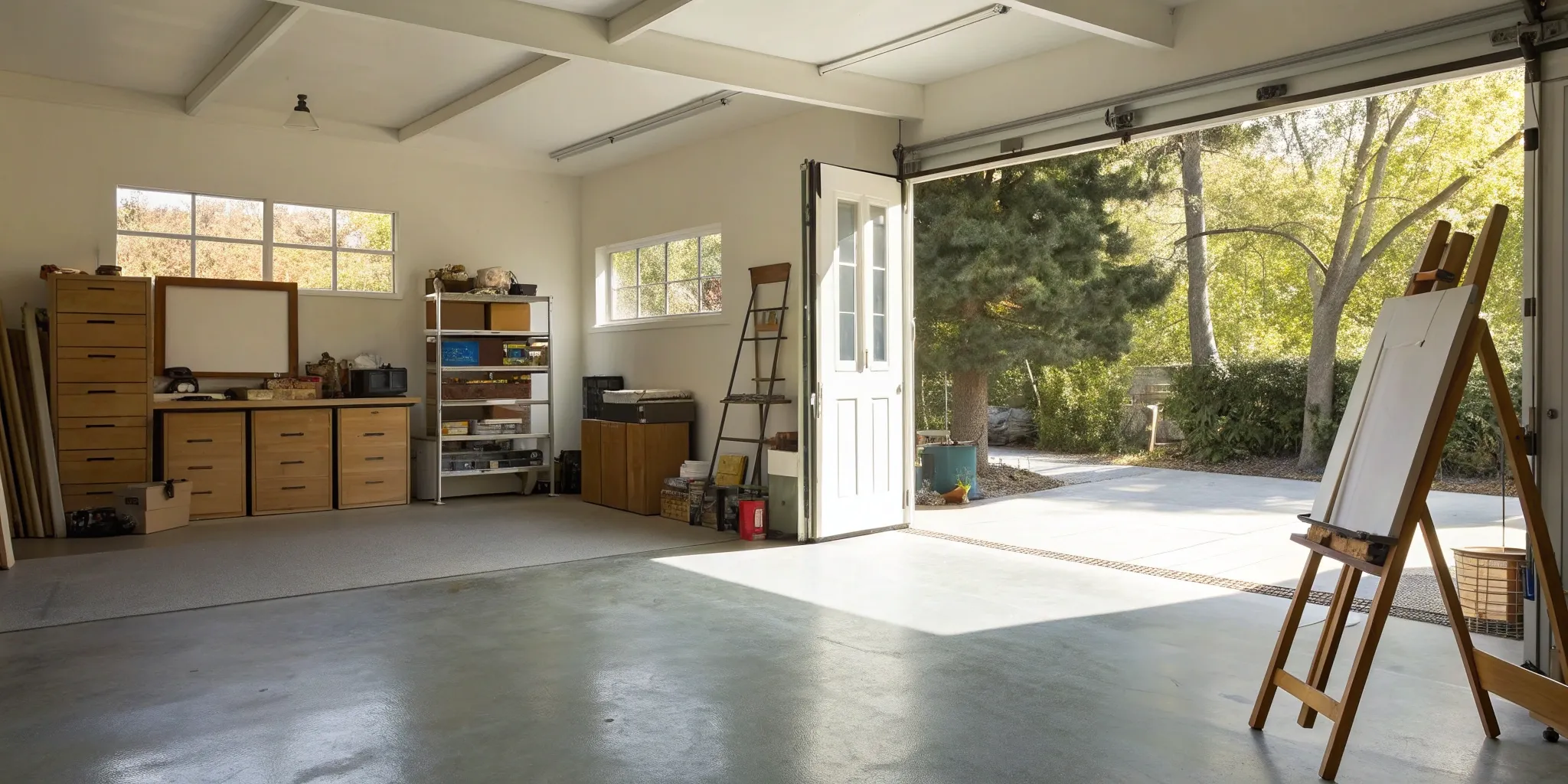

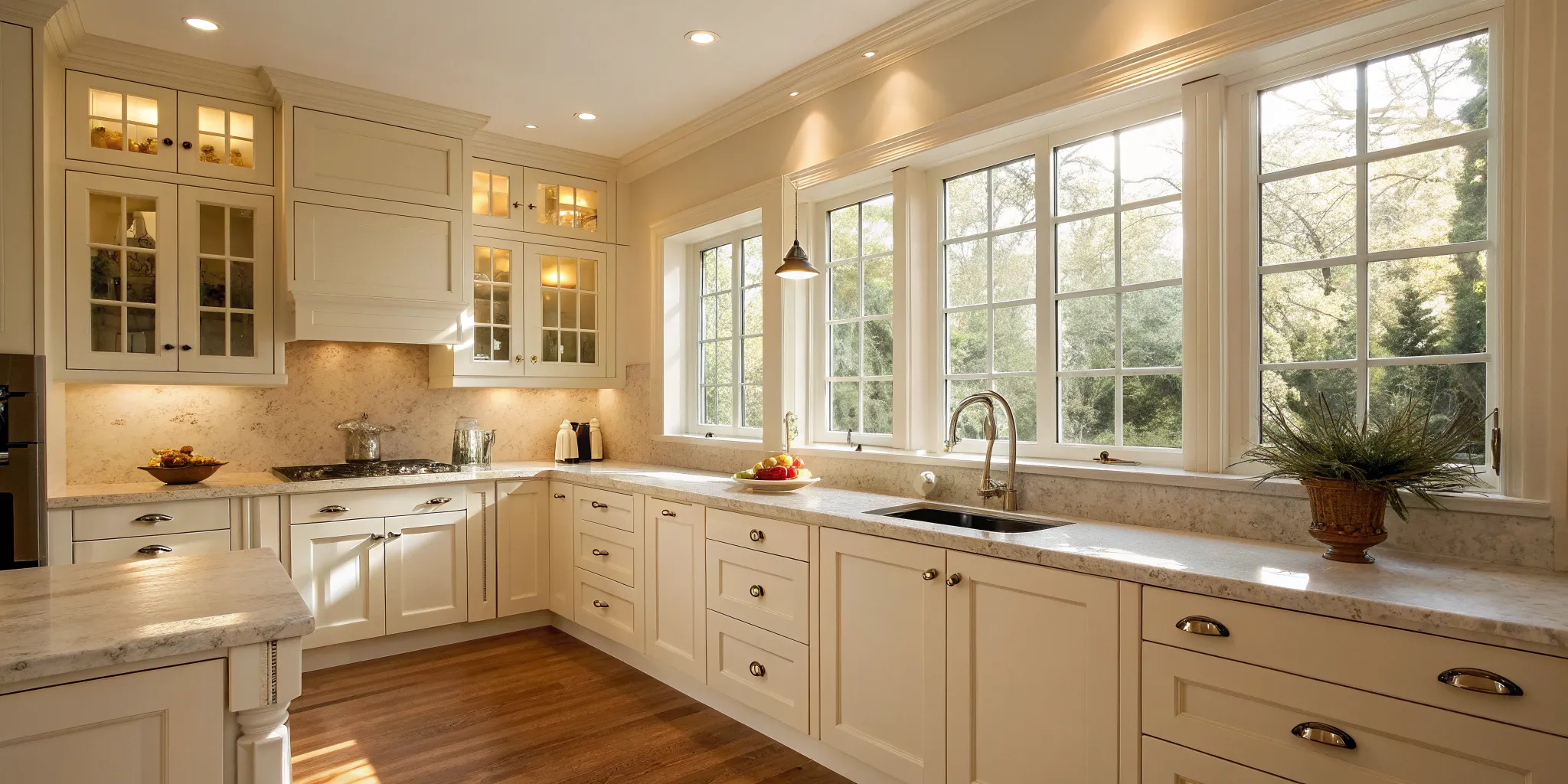
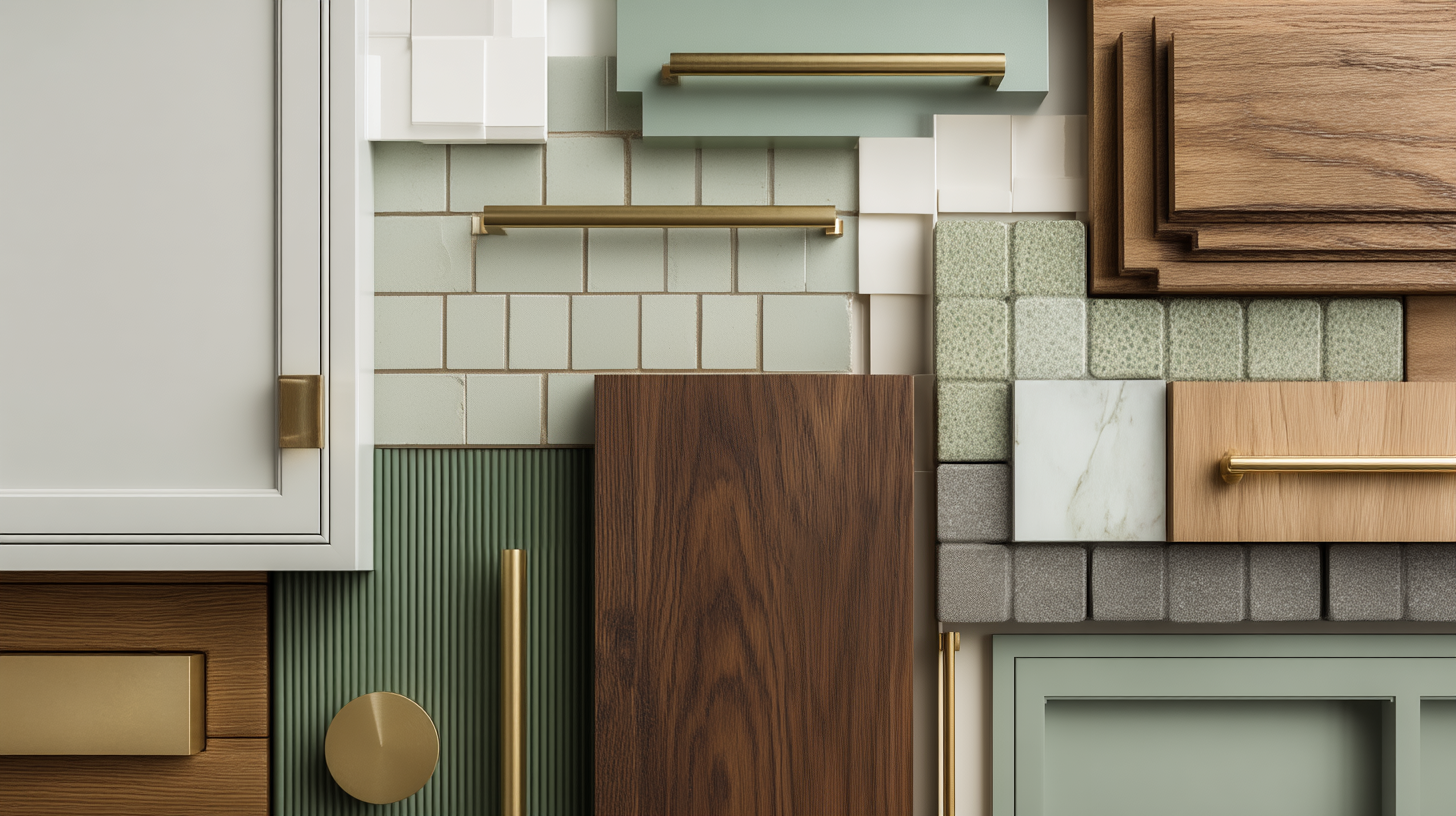
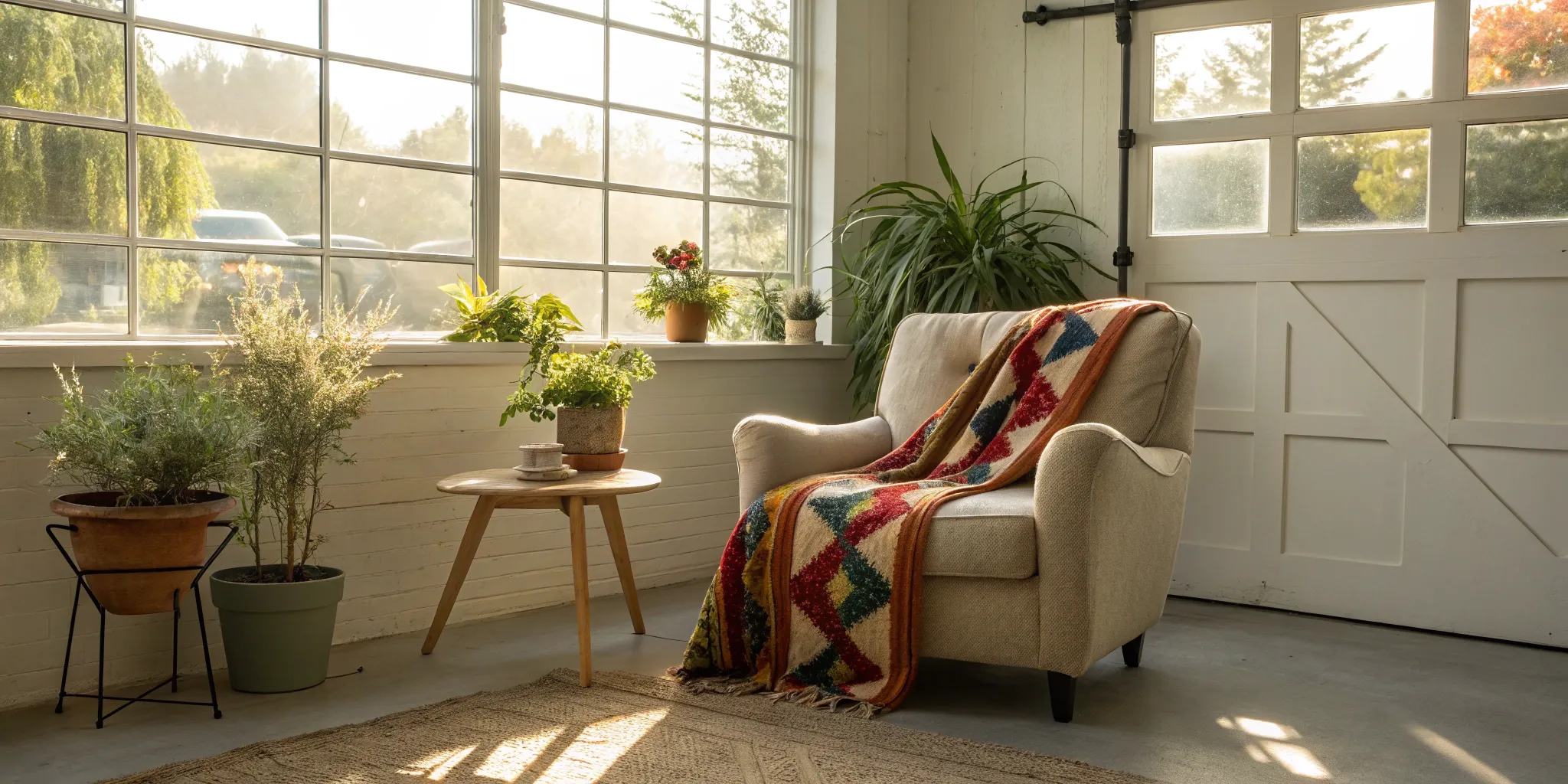
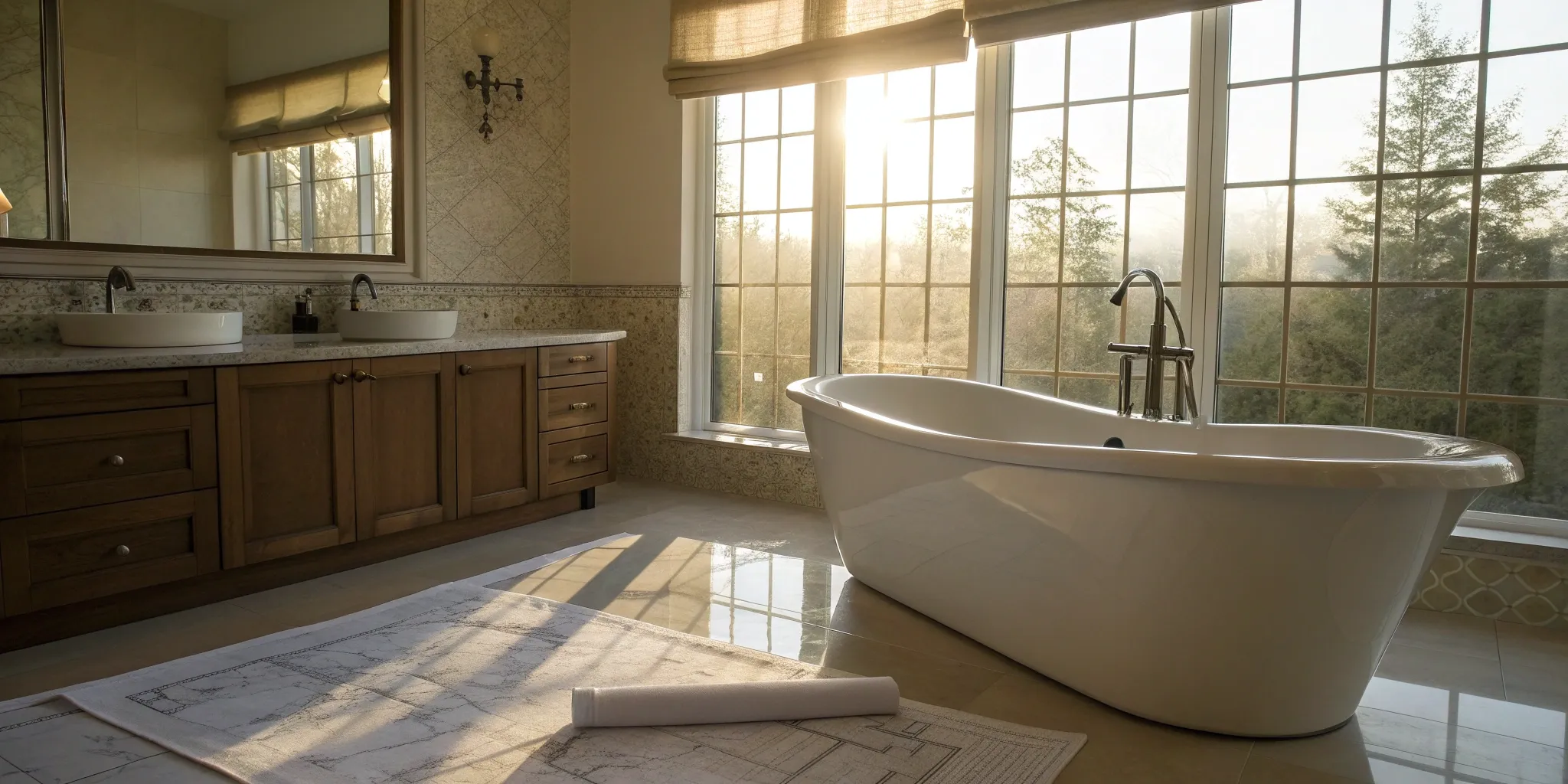

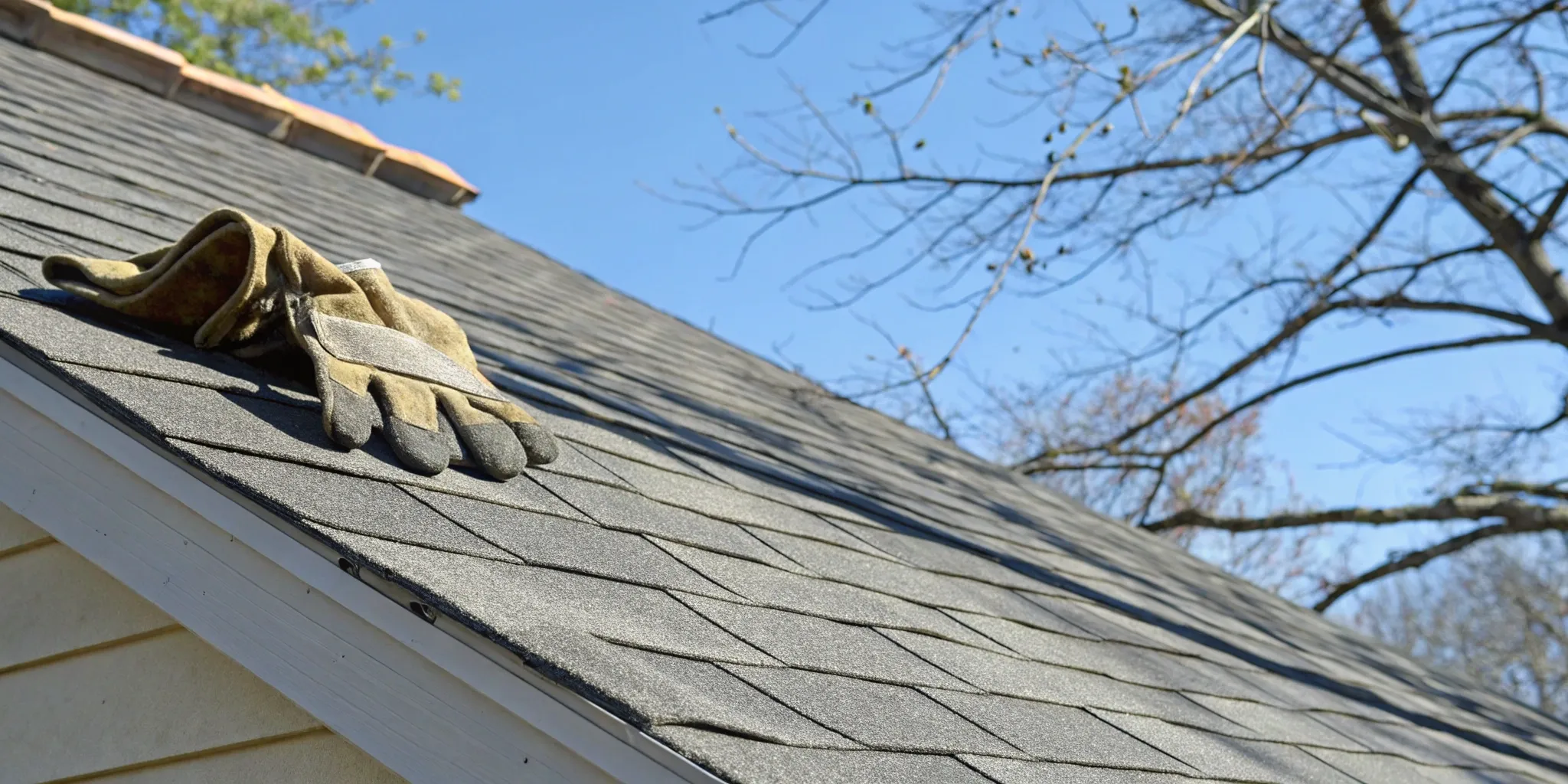


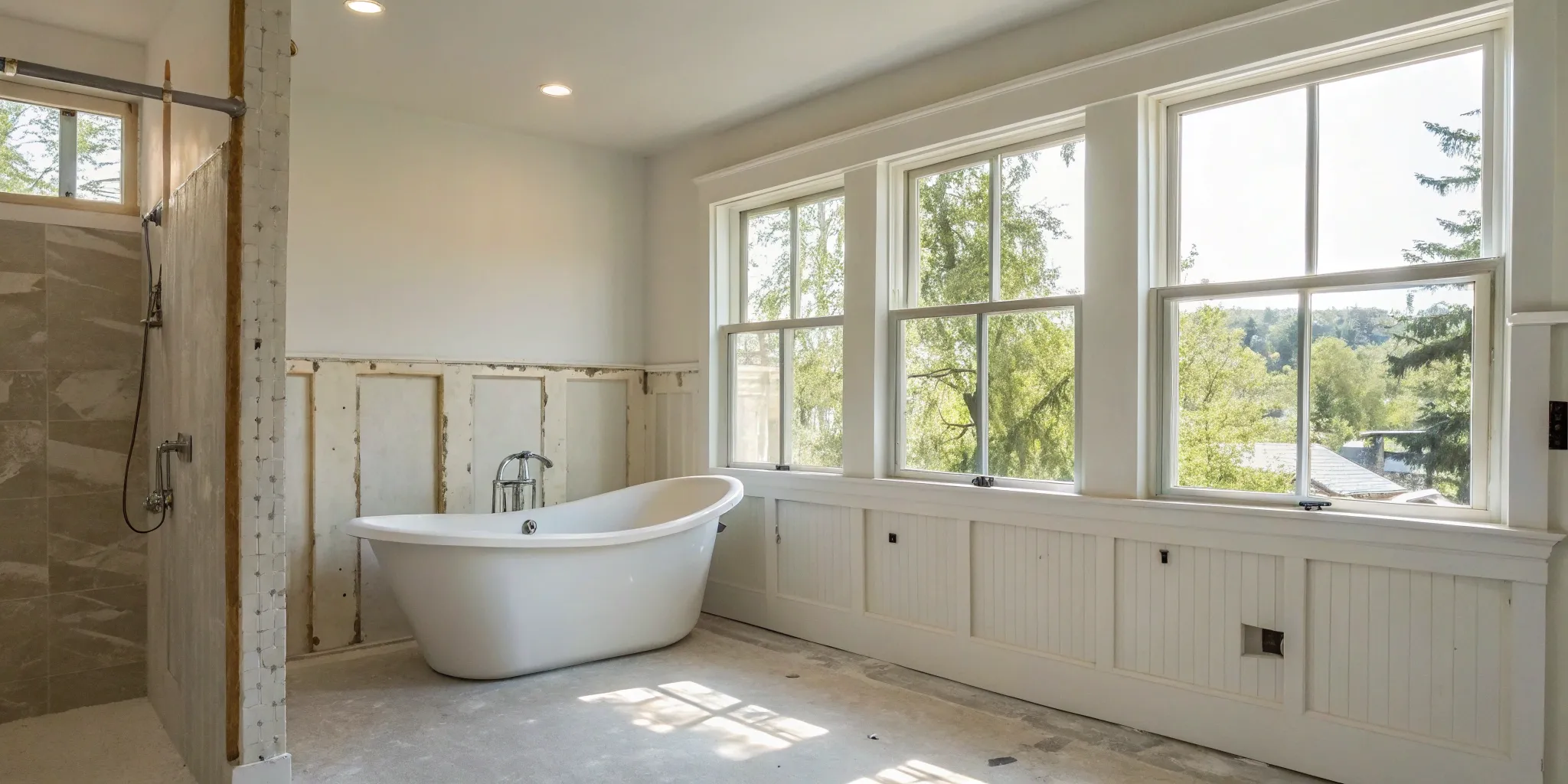
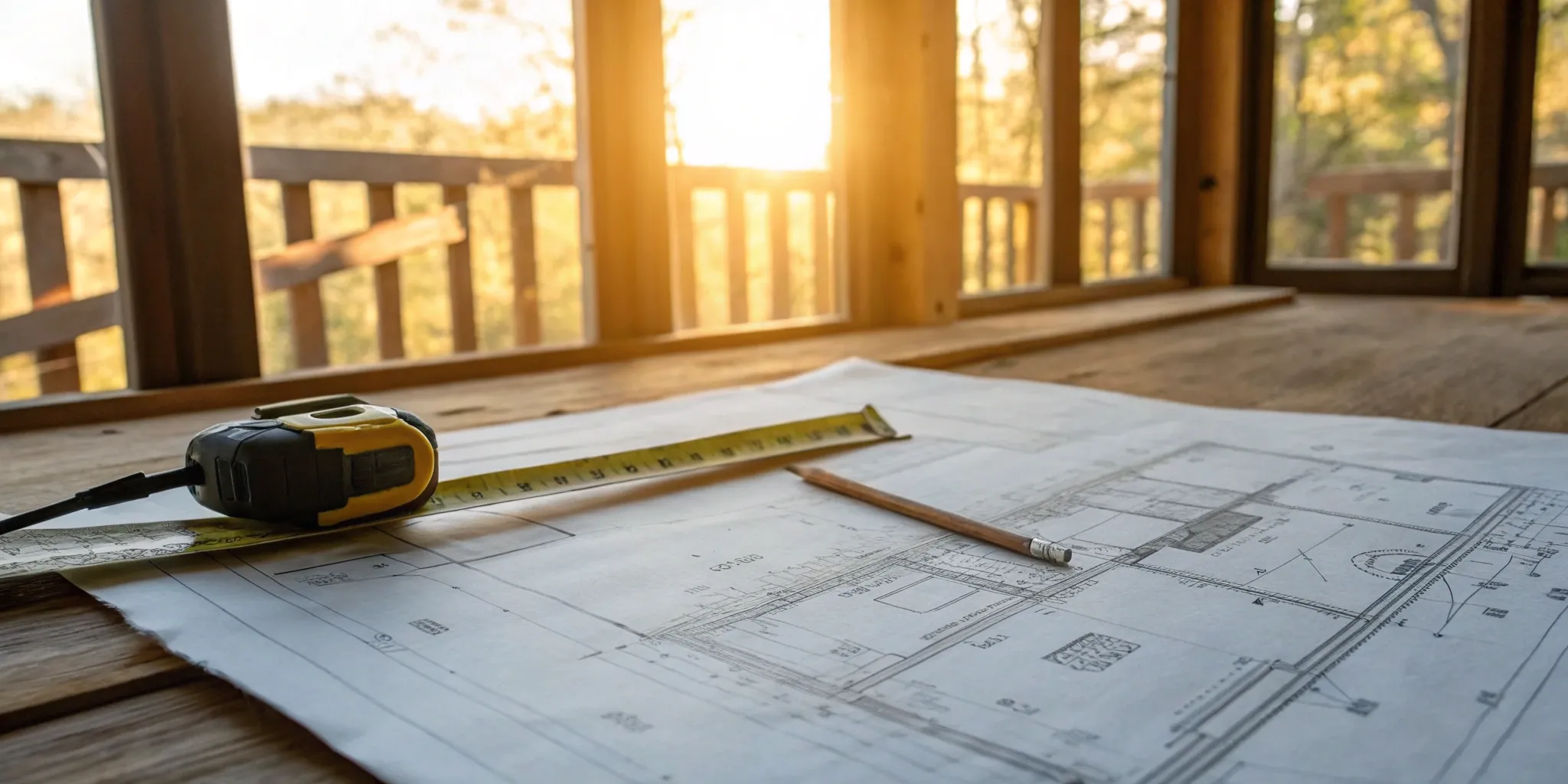

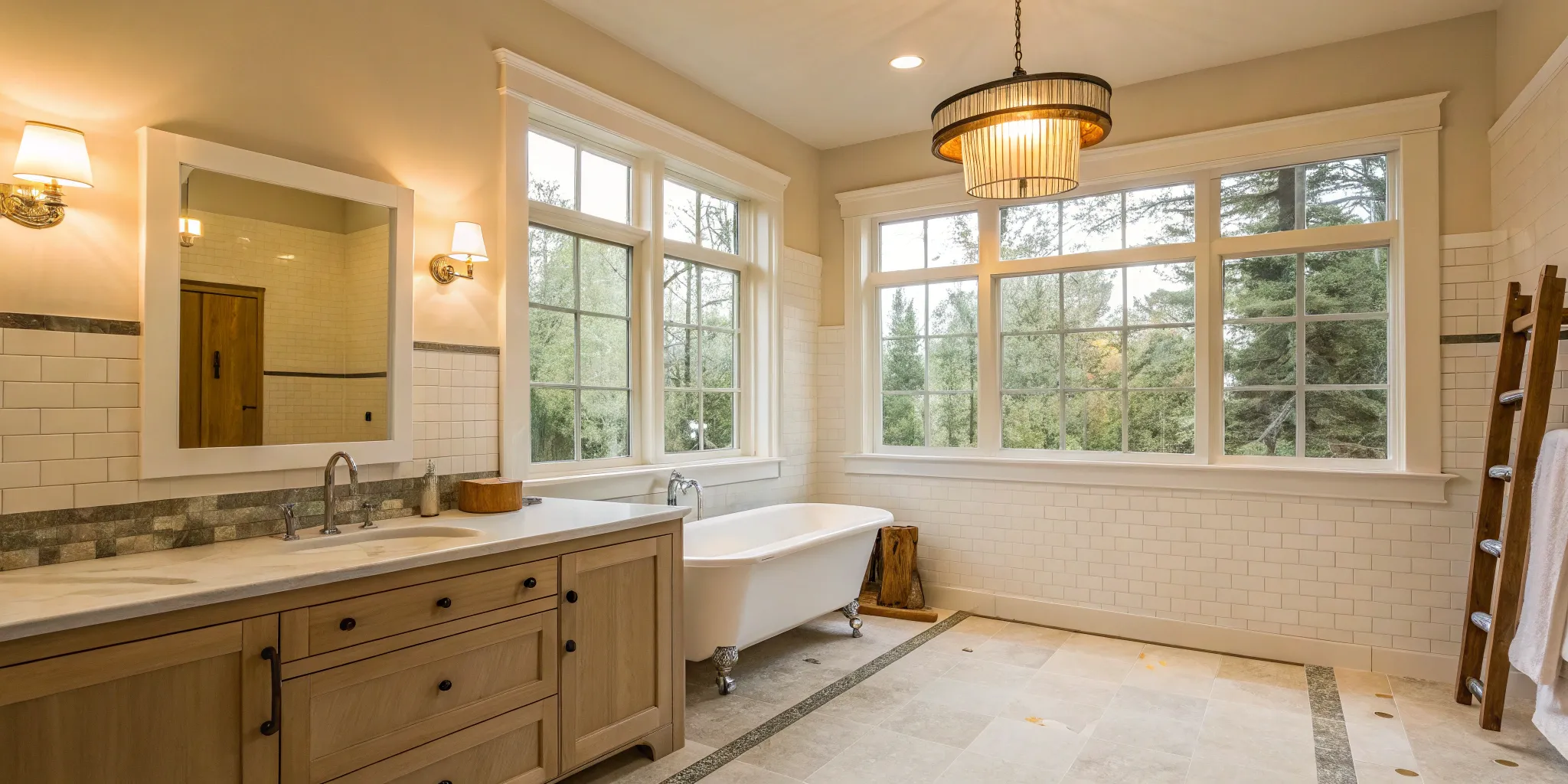
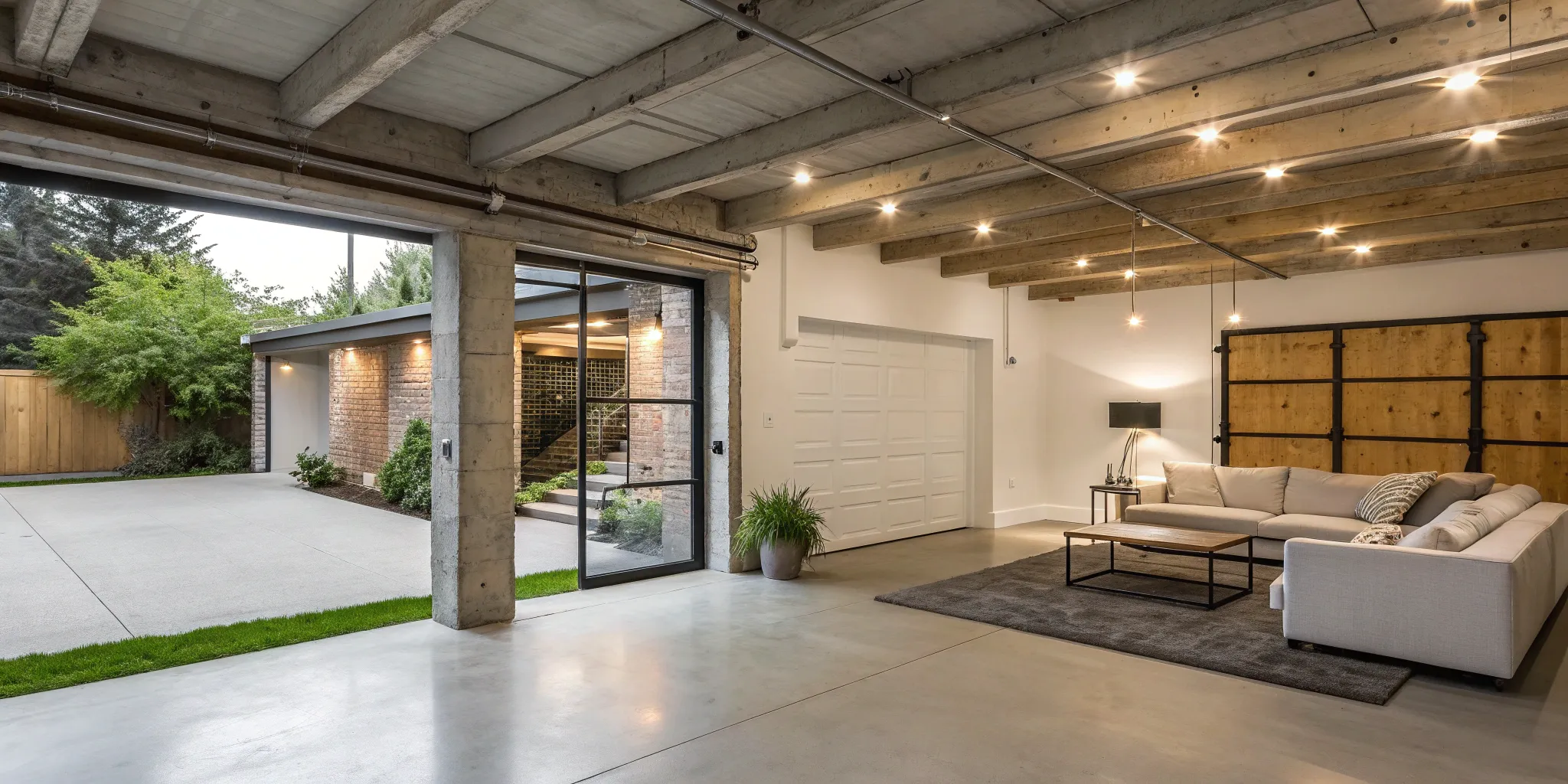
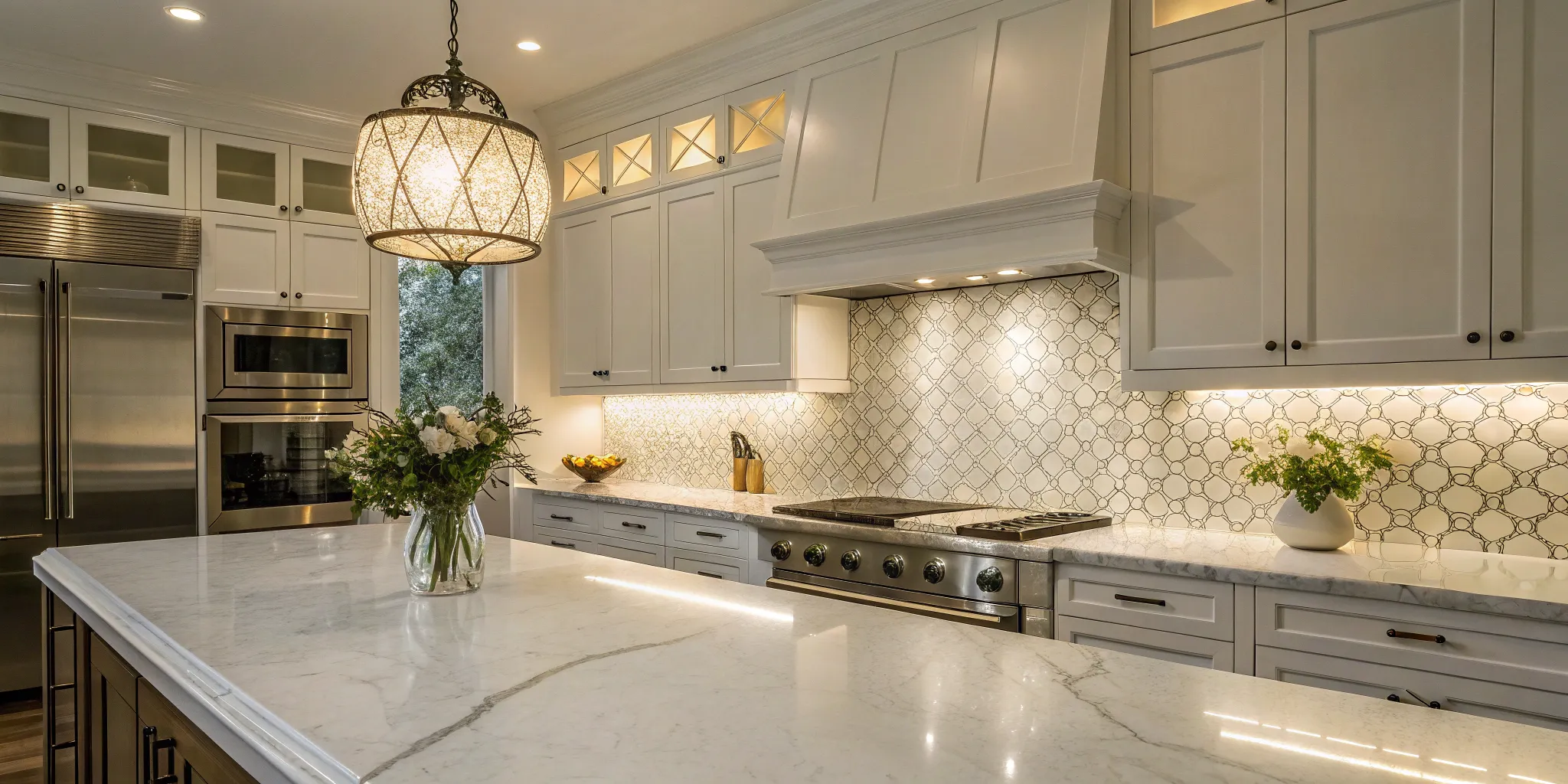
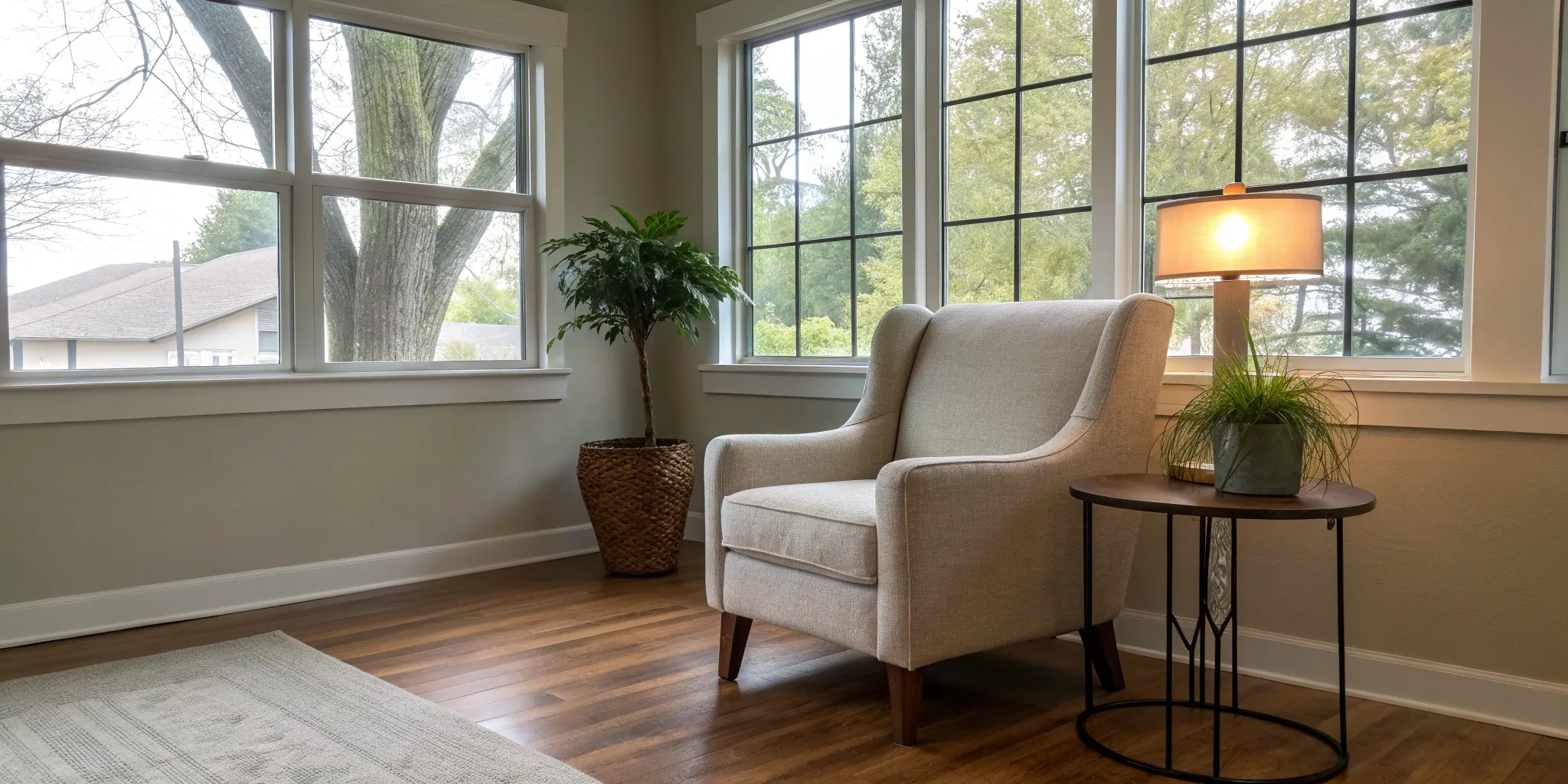
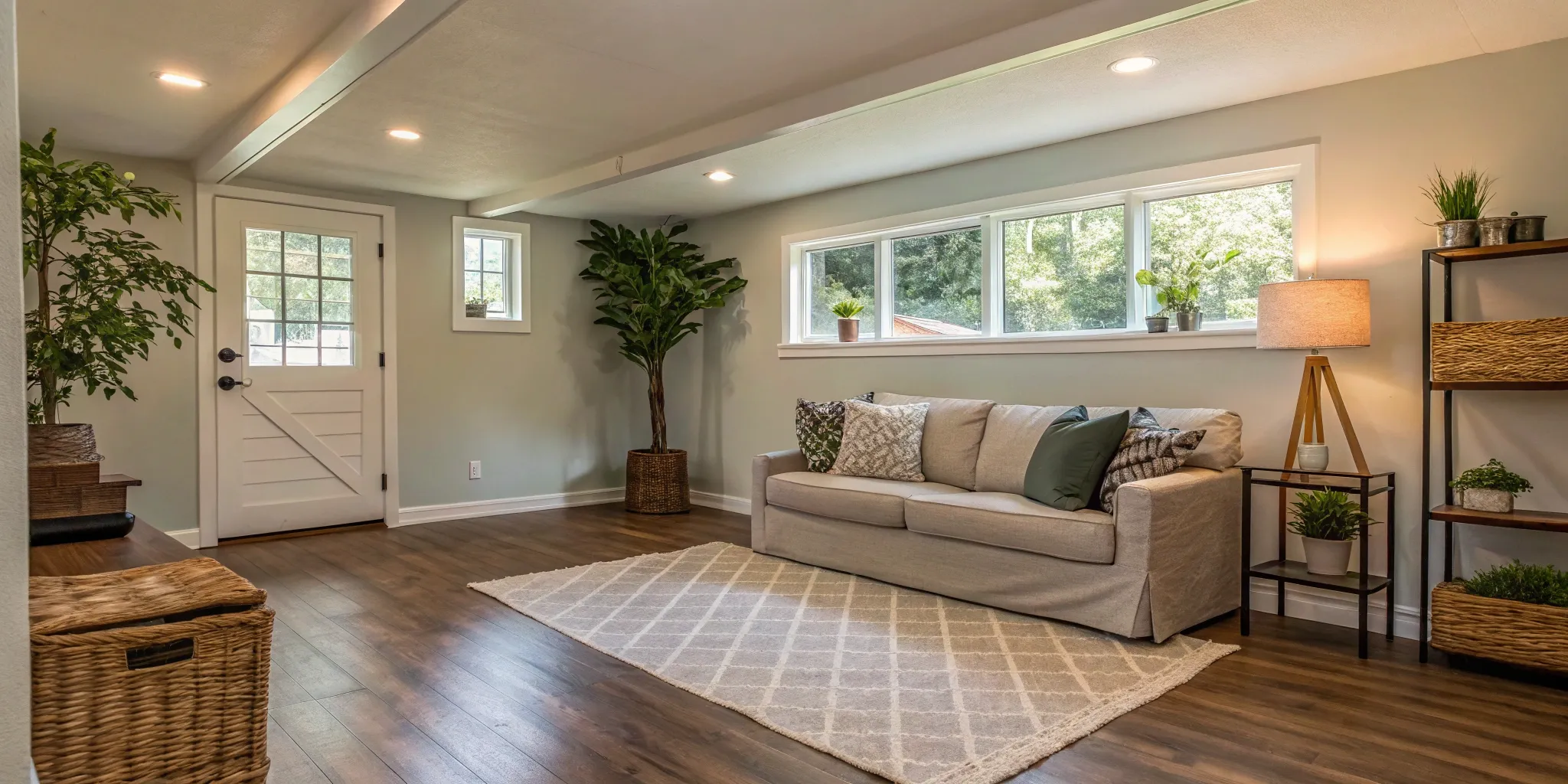

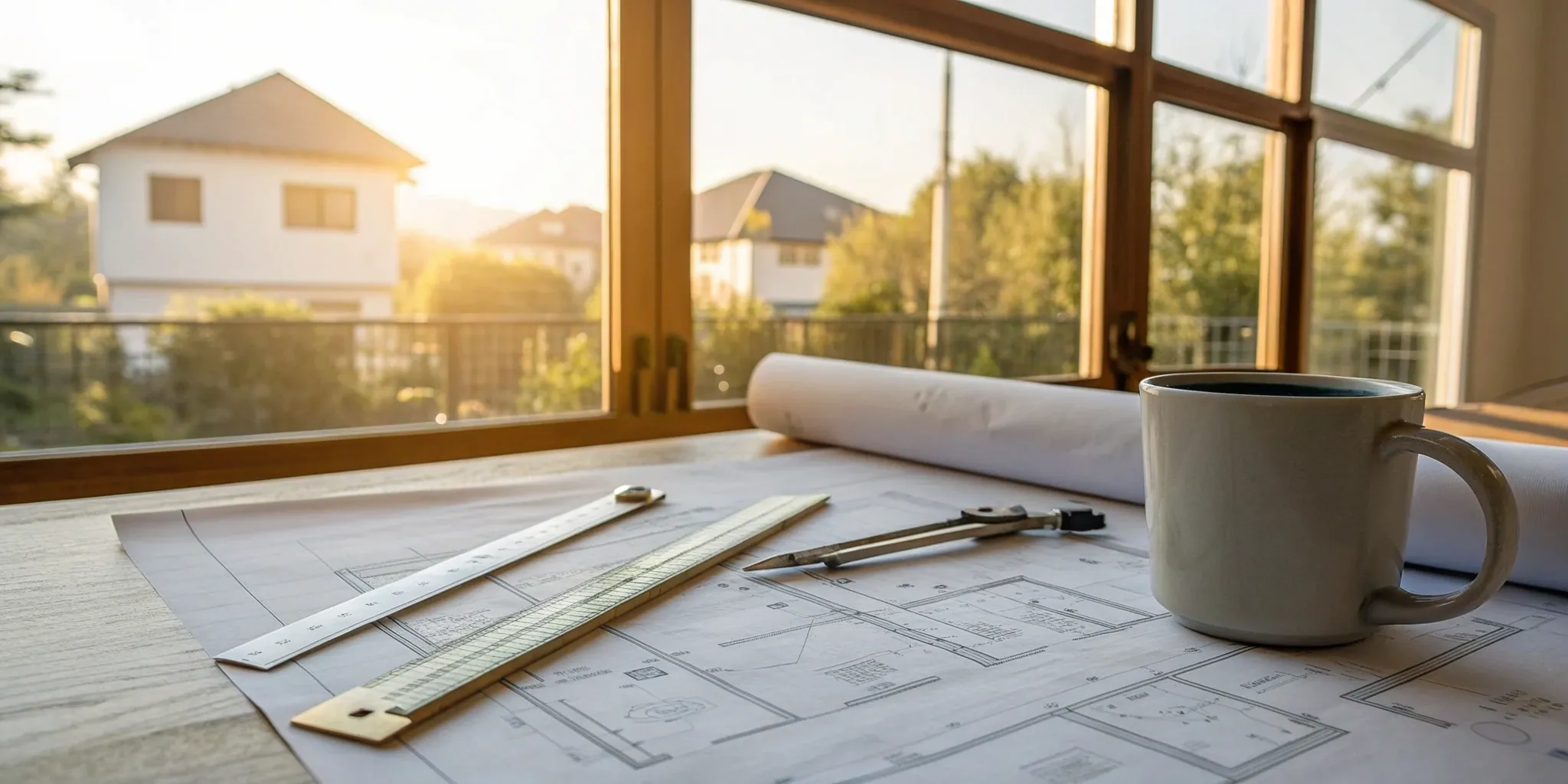
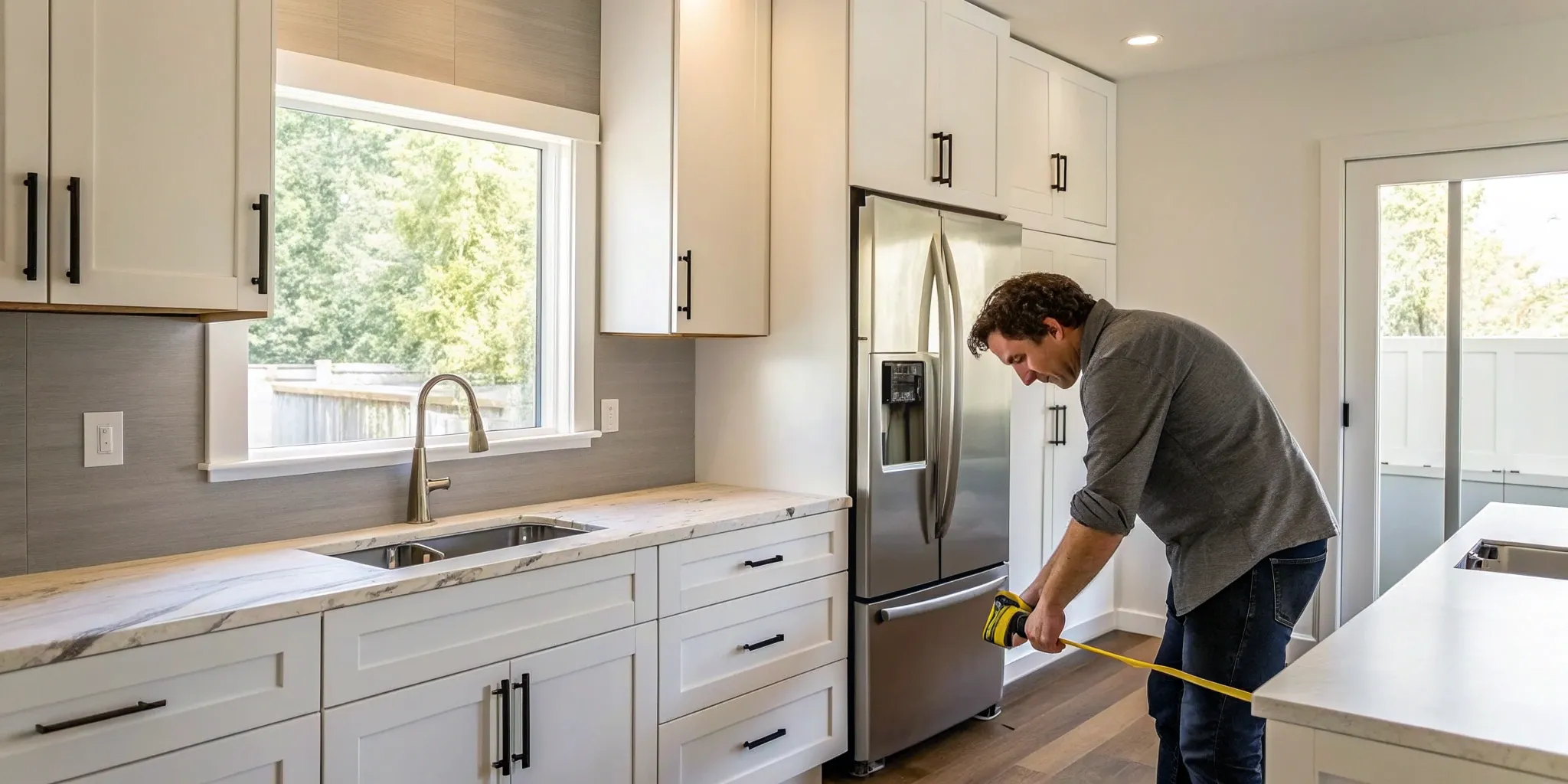

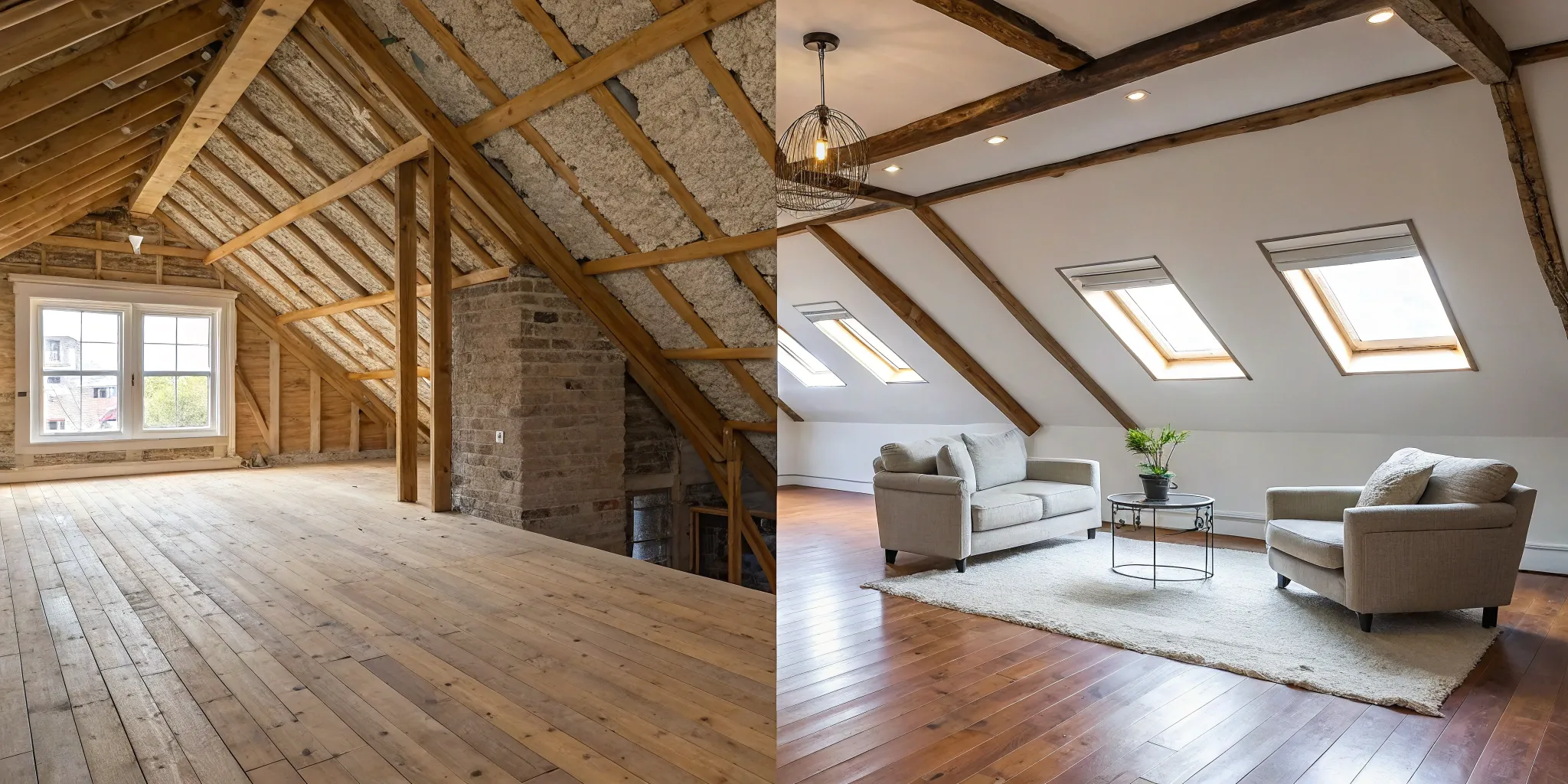


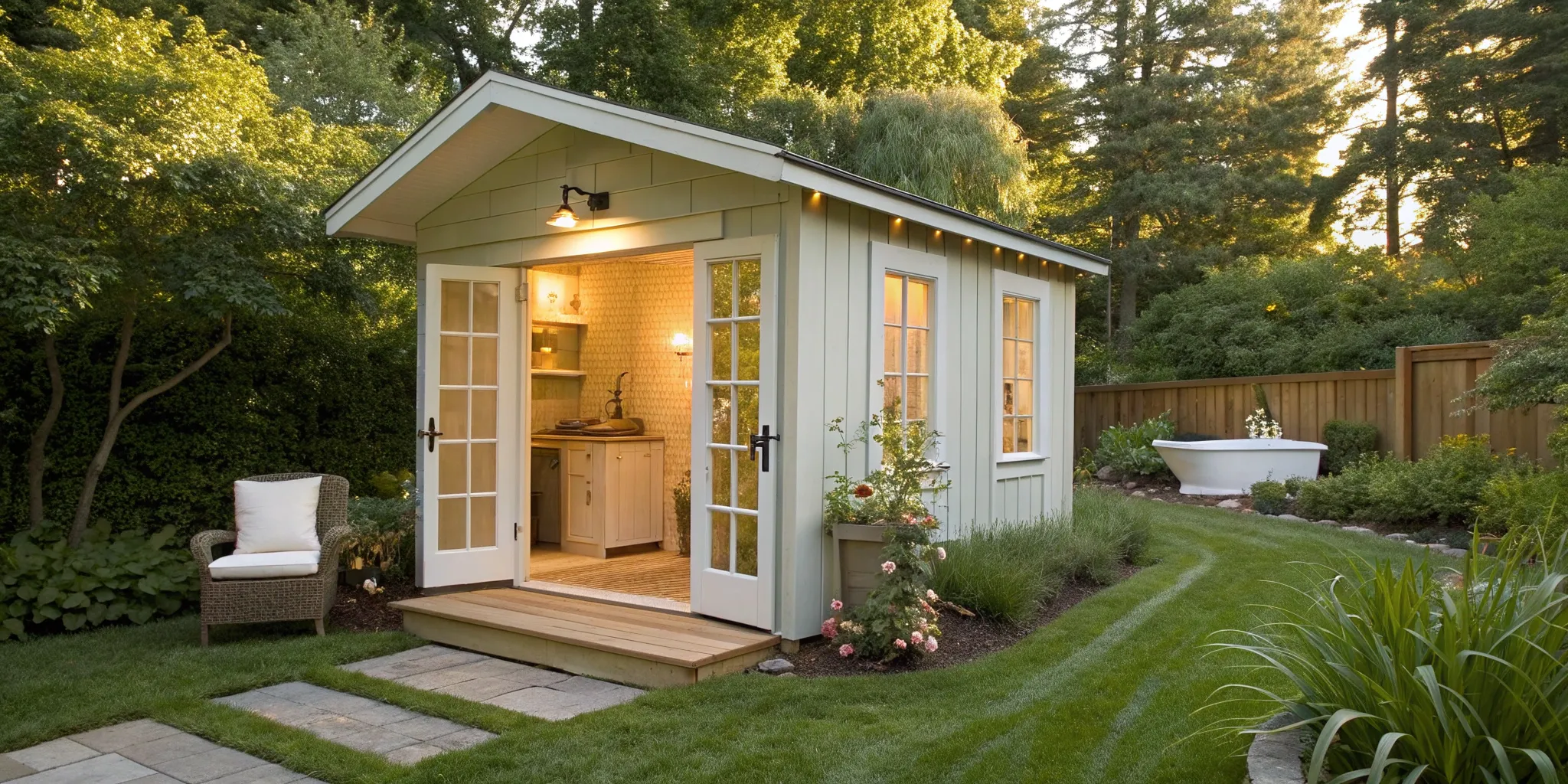


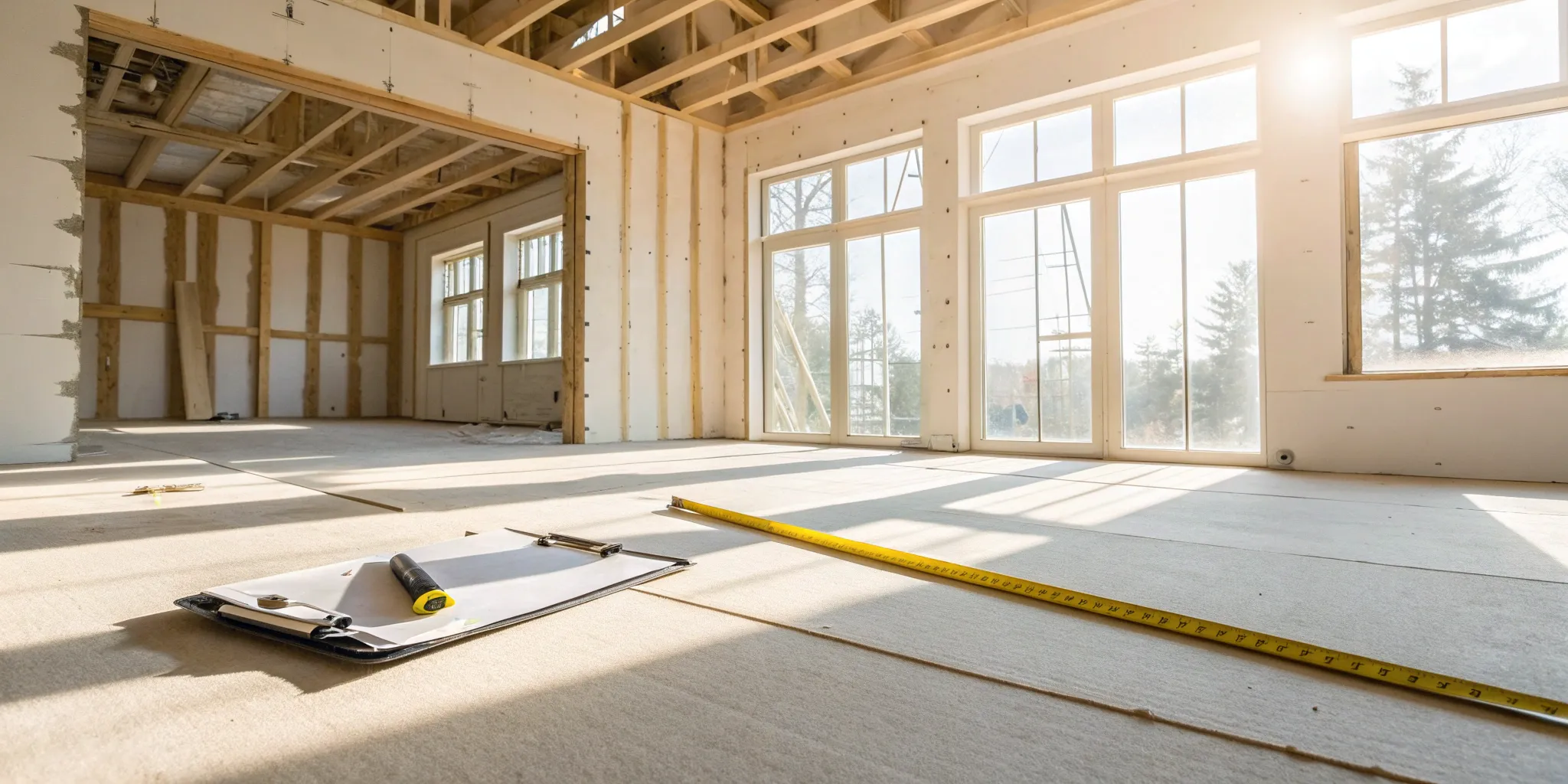
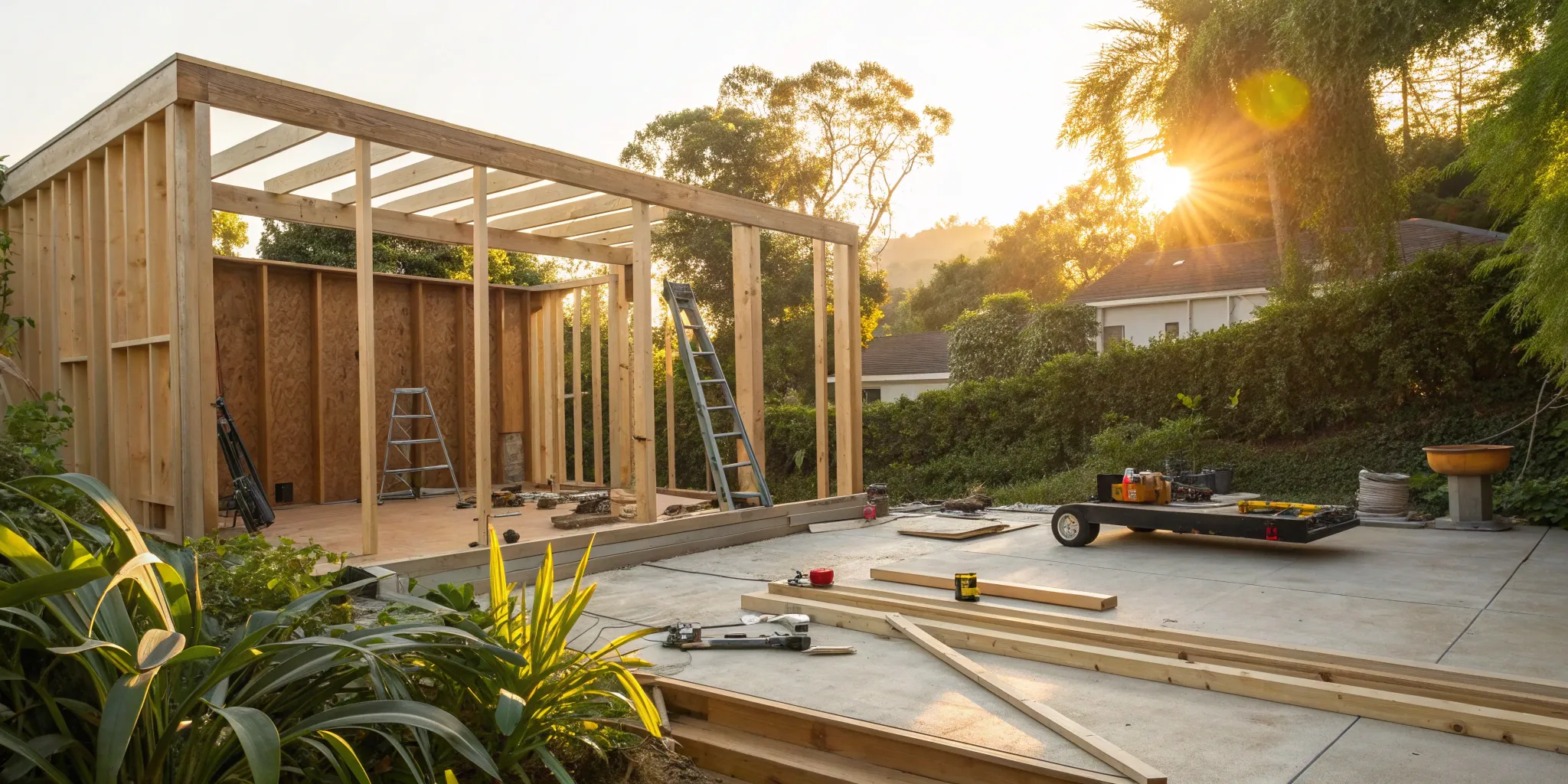
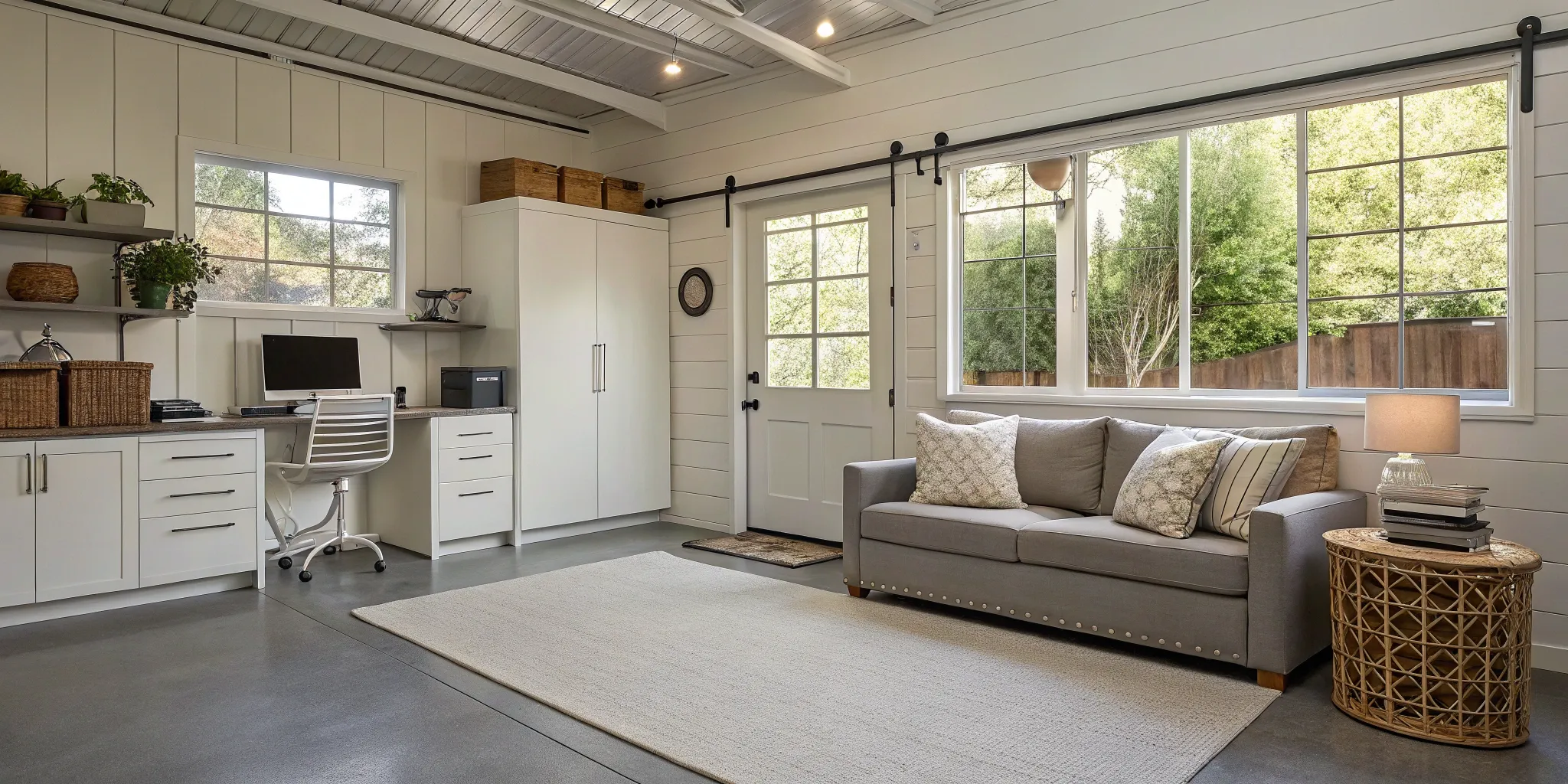
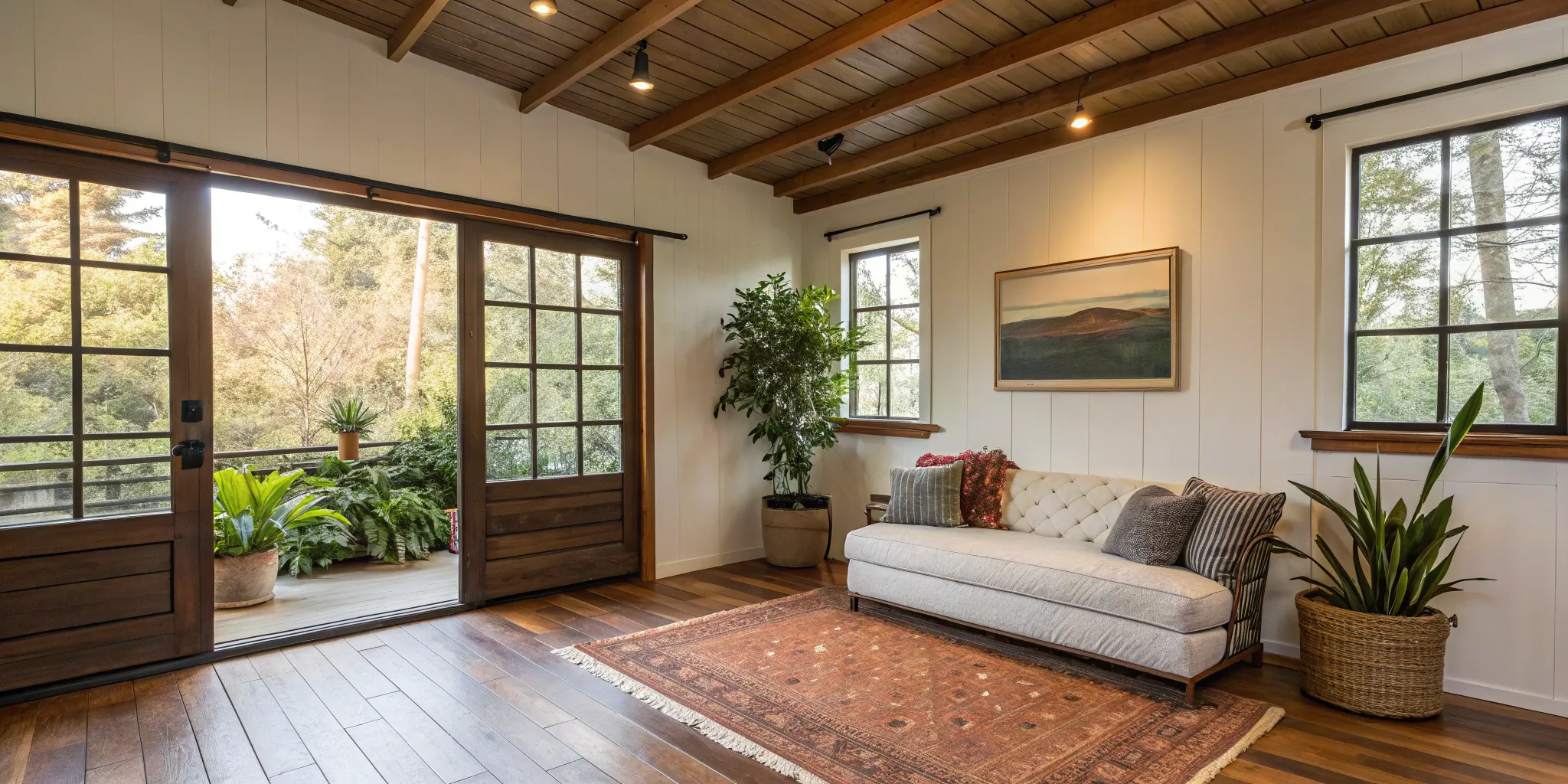
.png)

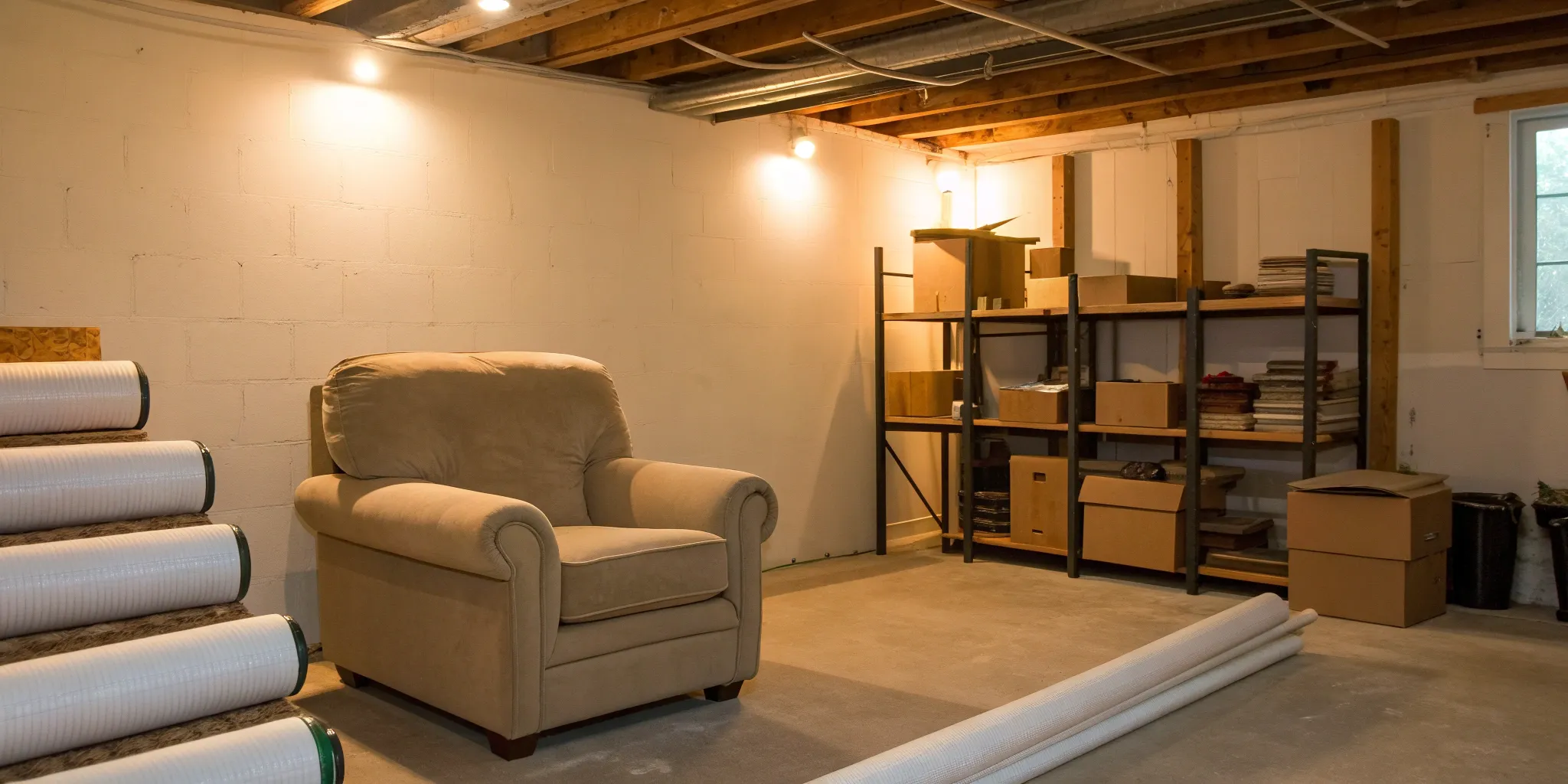
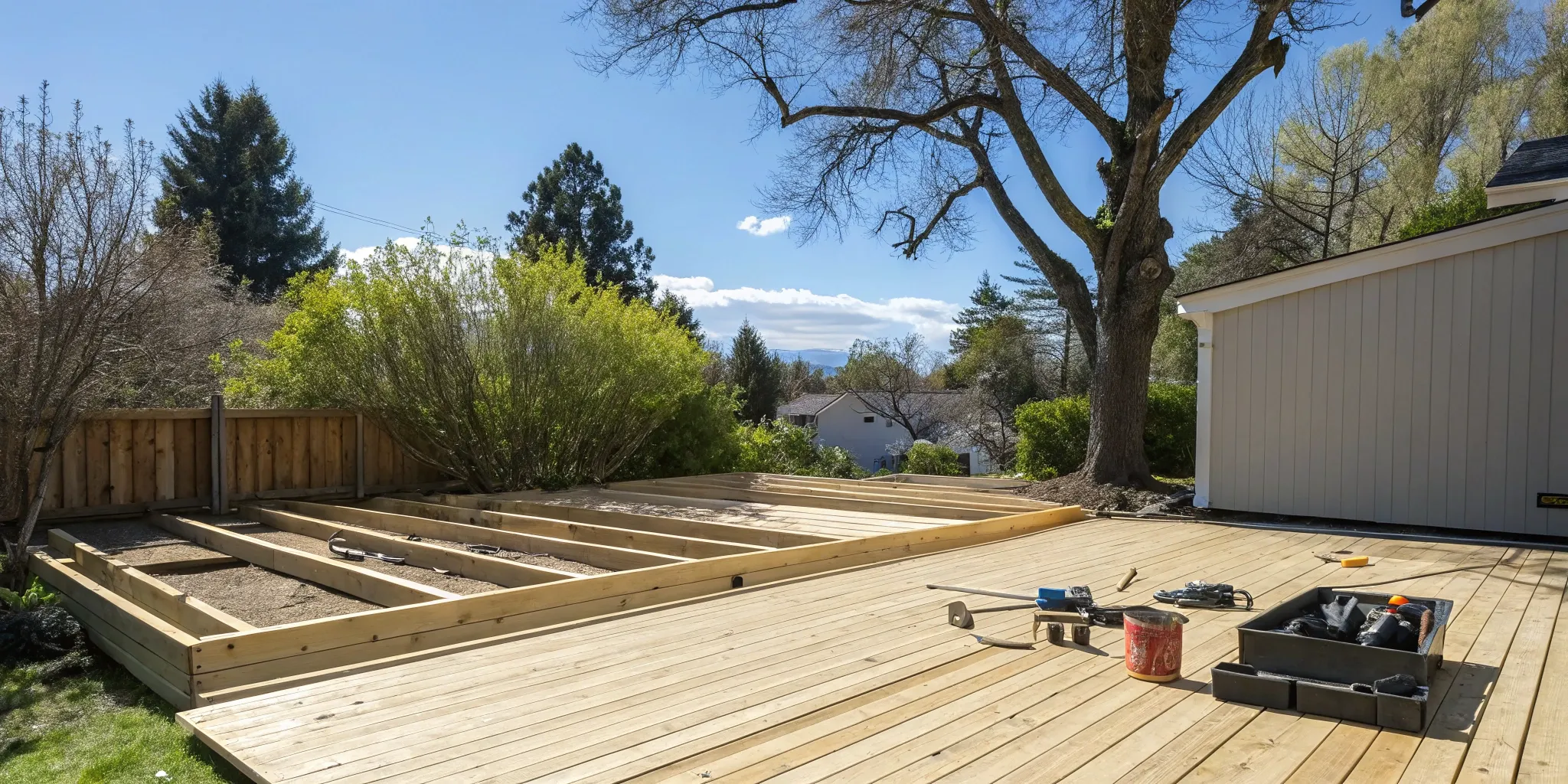
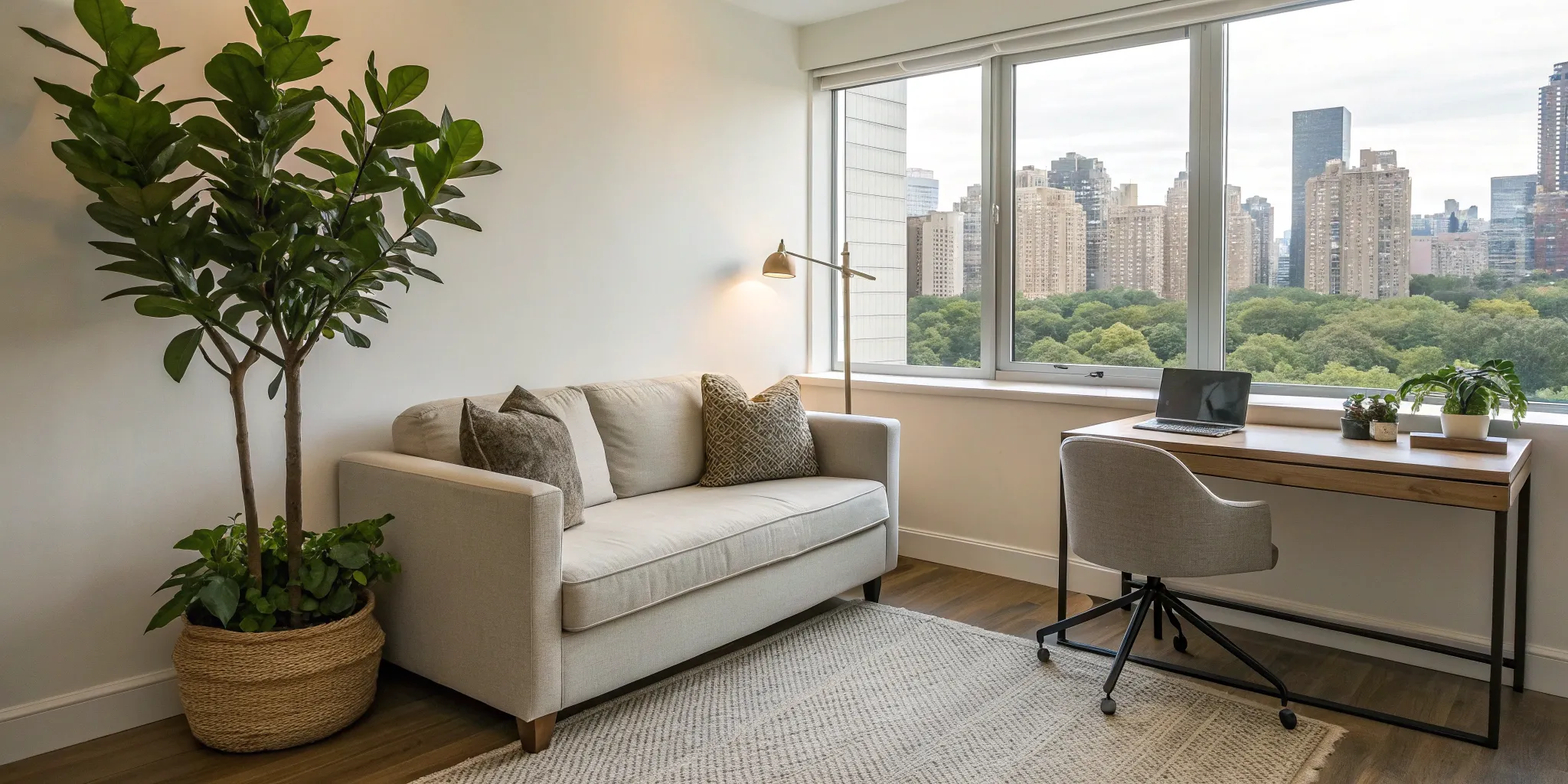







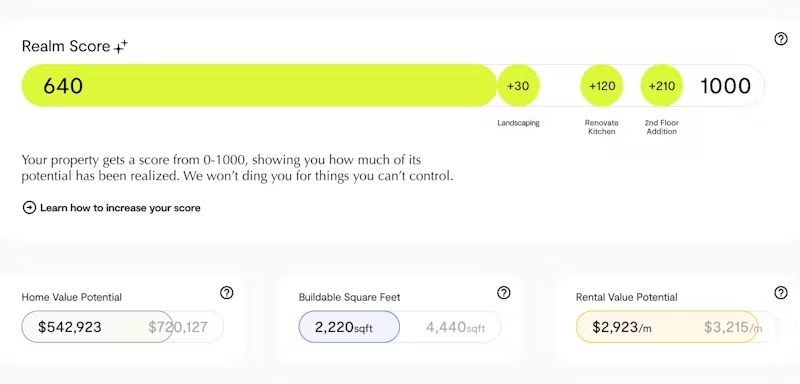

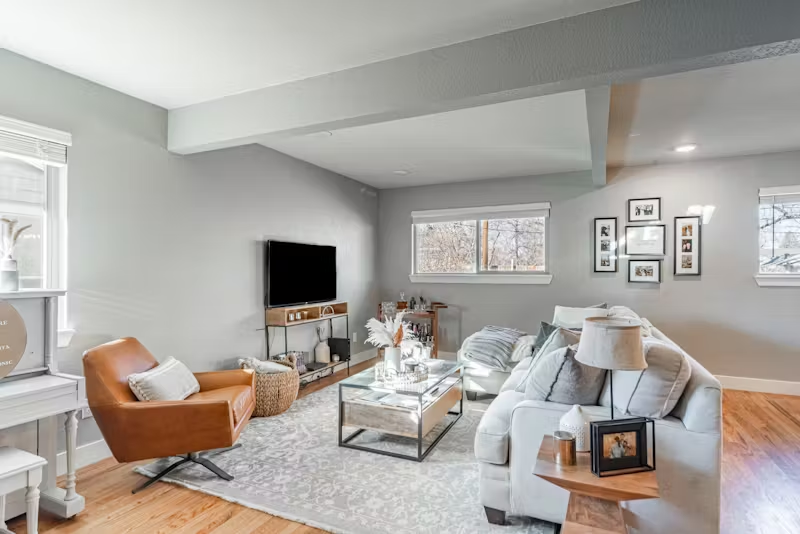
.avif)



